The Comedy of Errors
March 3-5th, 2022 in the Collaboratory (141 Sullivant Hall) and March 10-11 at Mikey's Late Night Slice (268 S. 4th St.)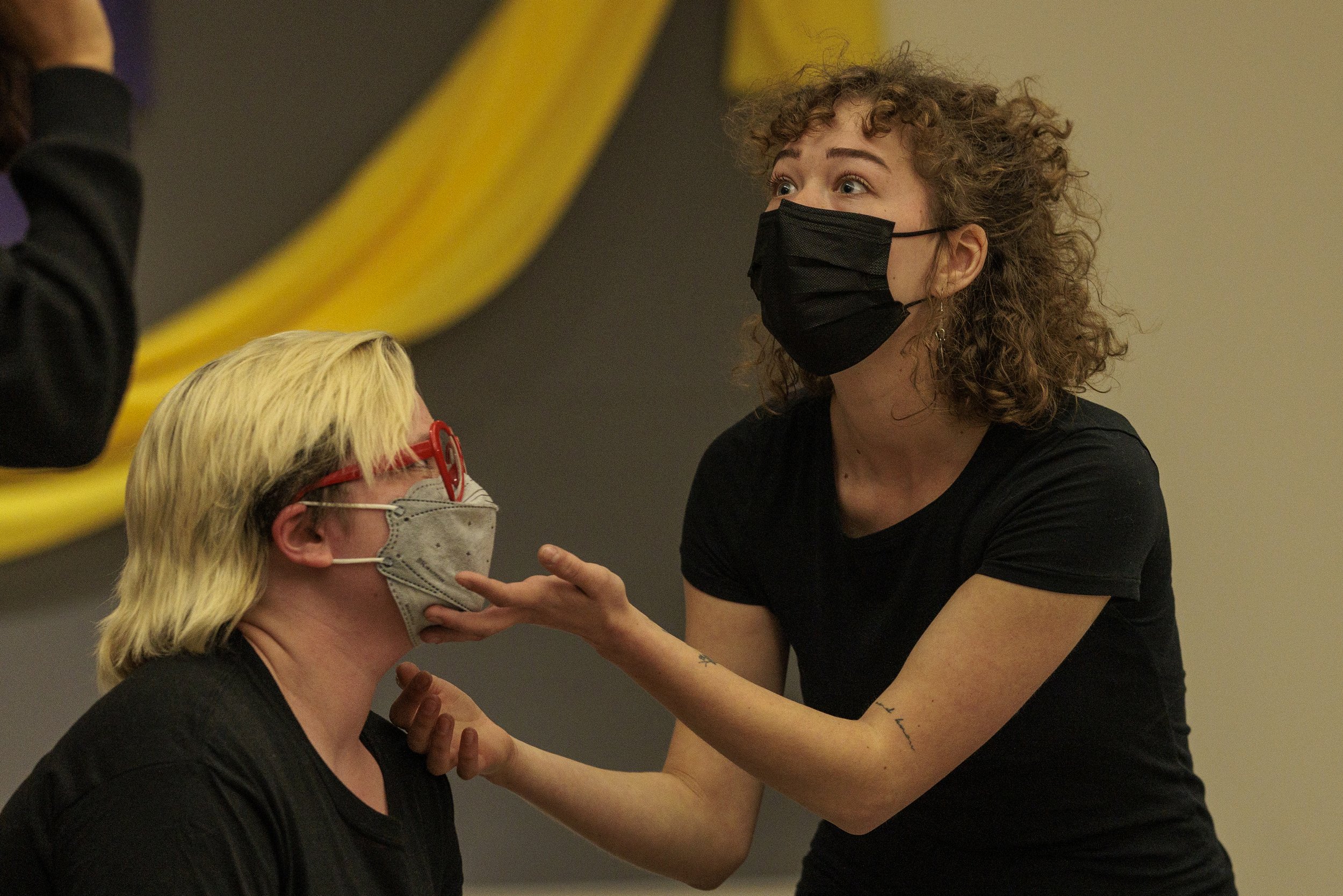
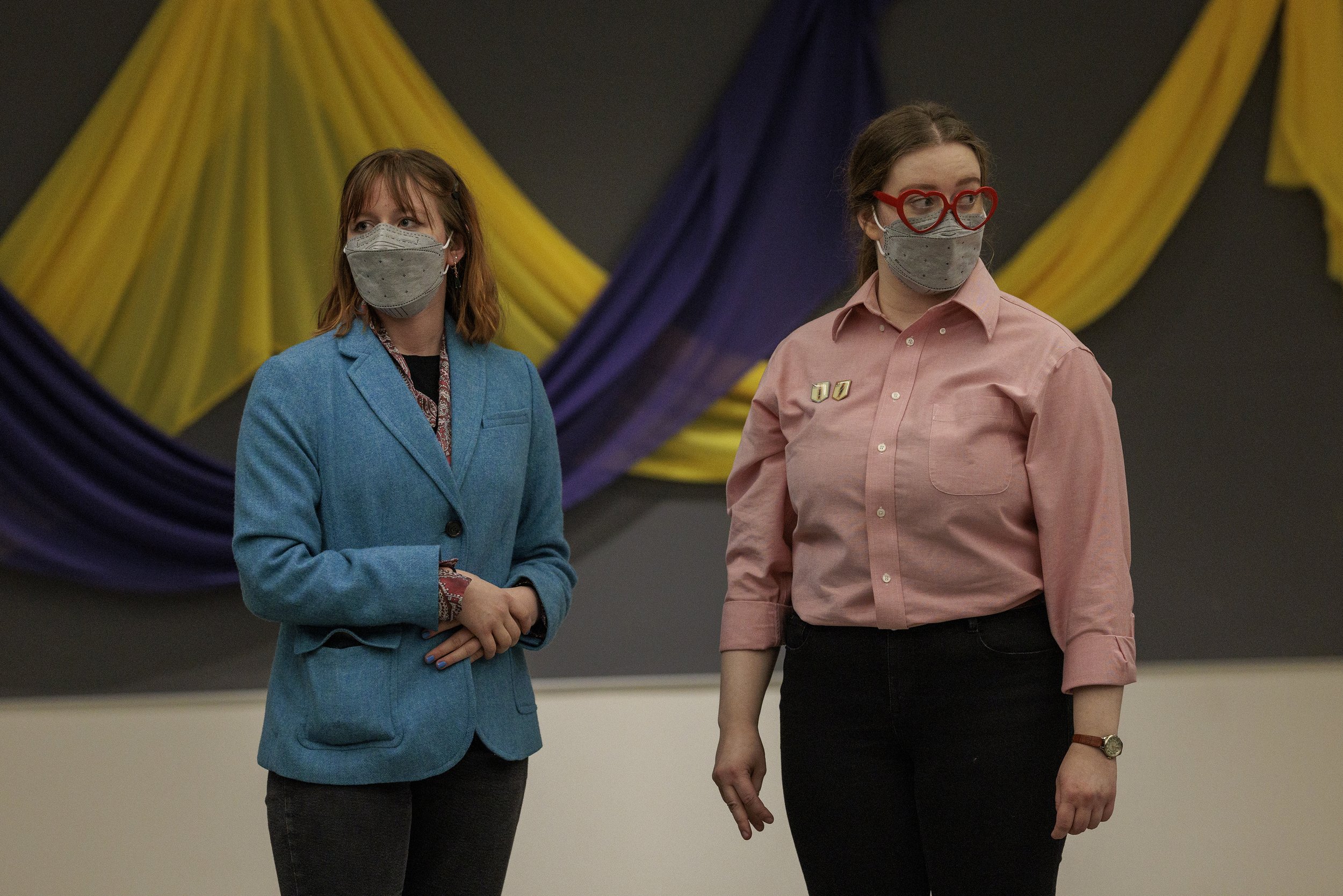
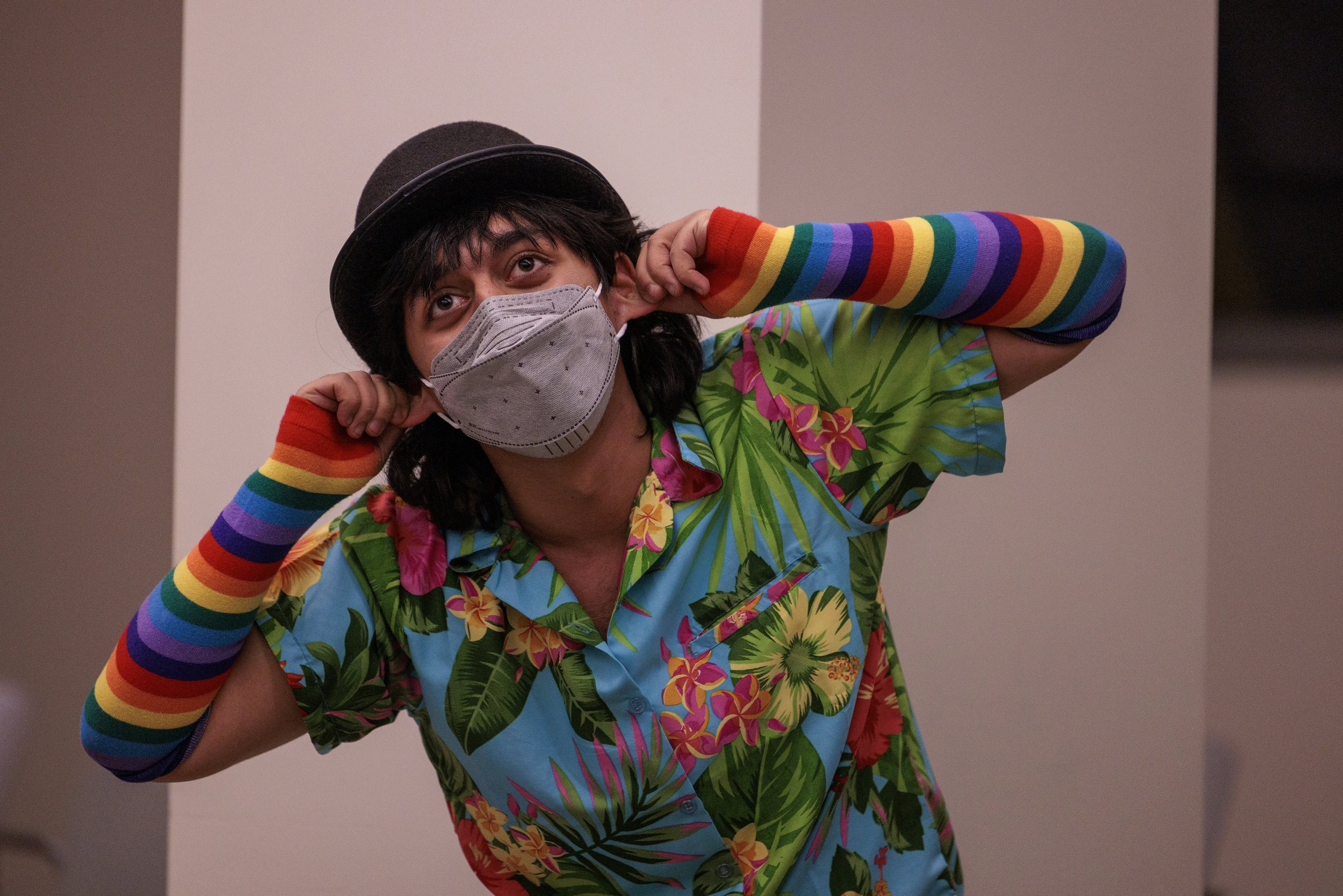
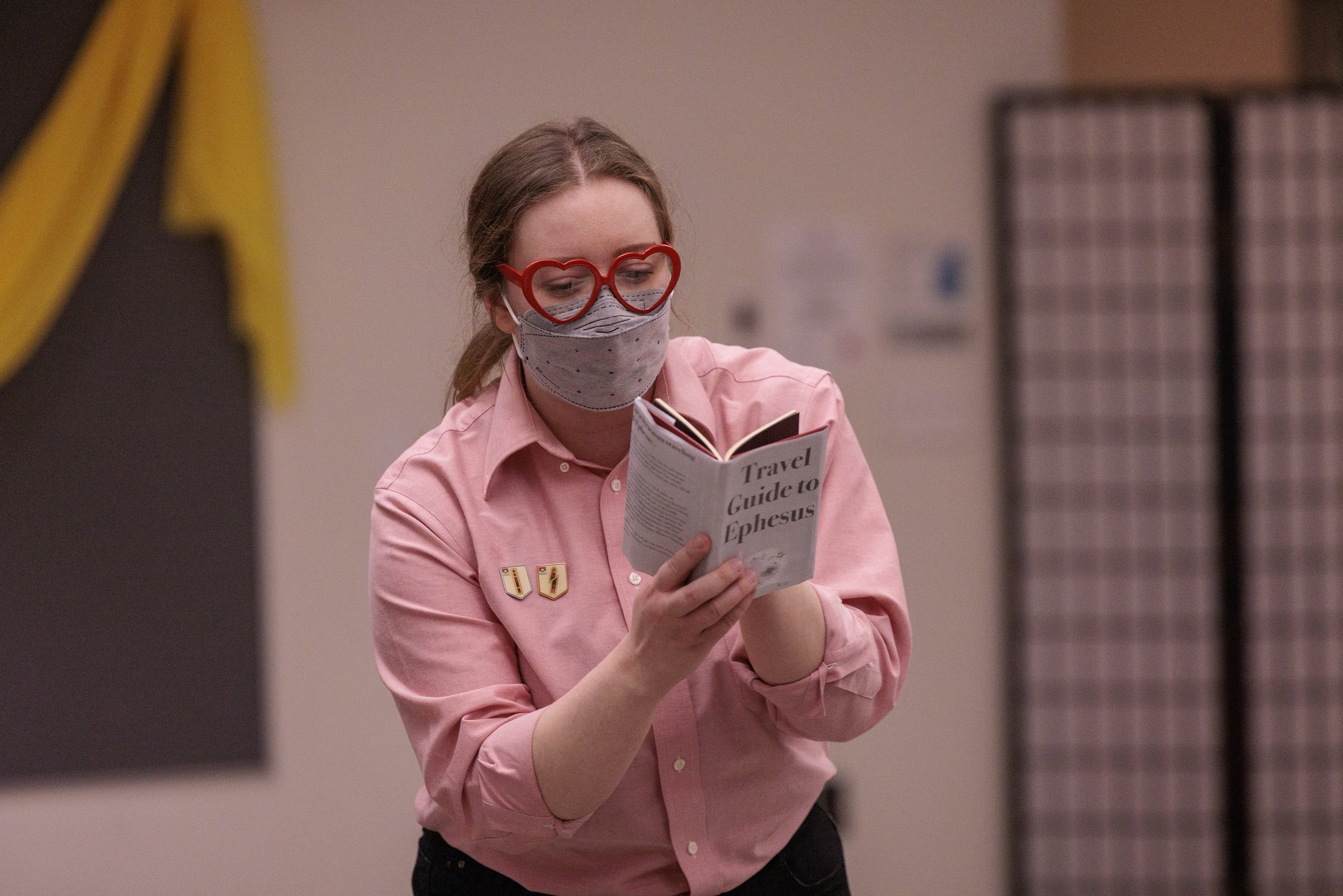
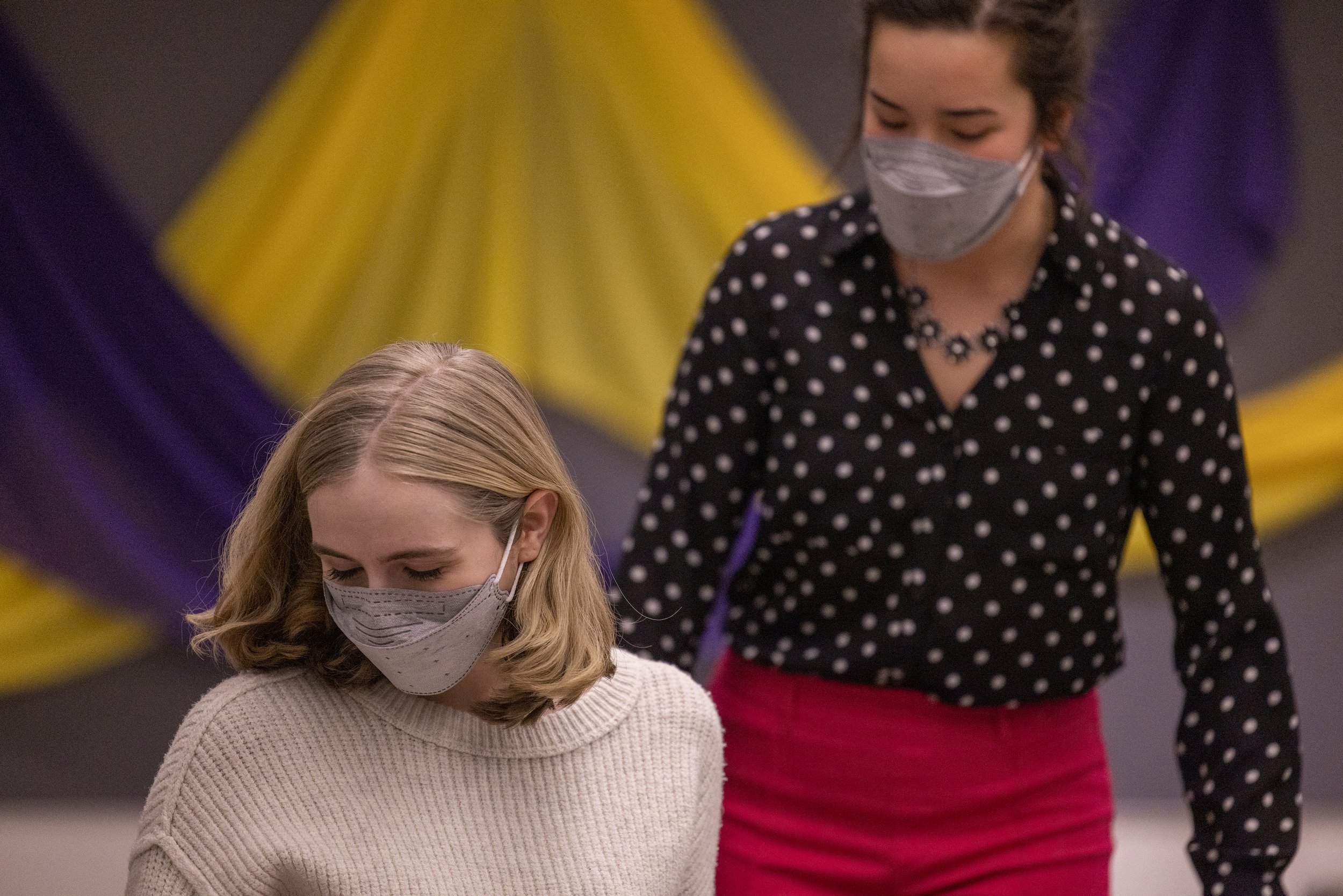
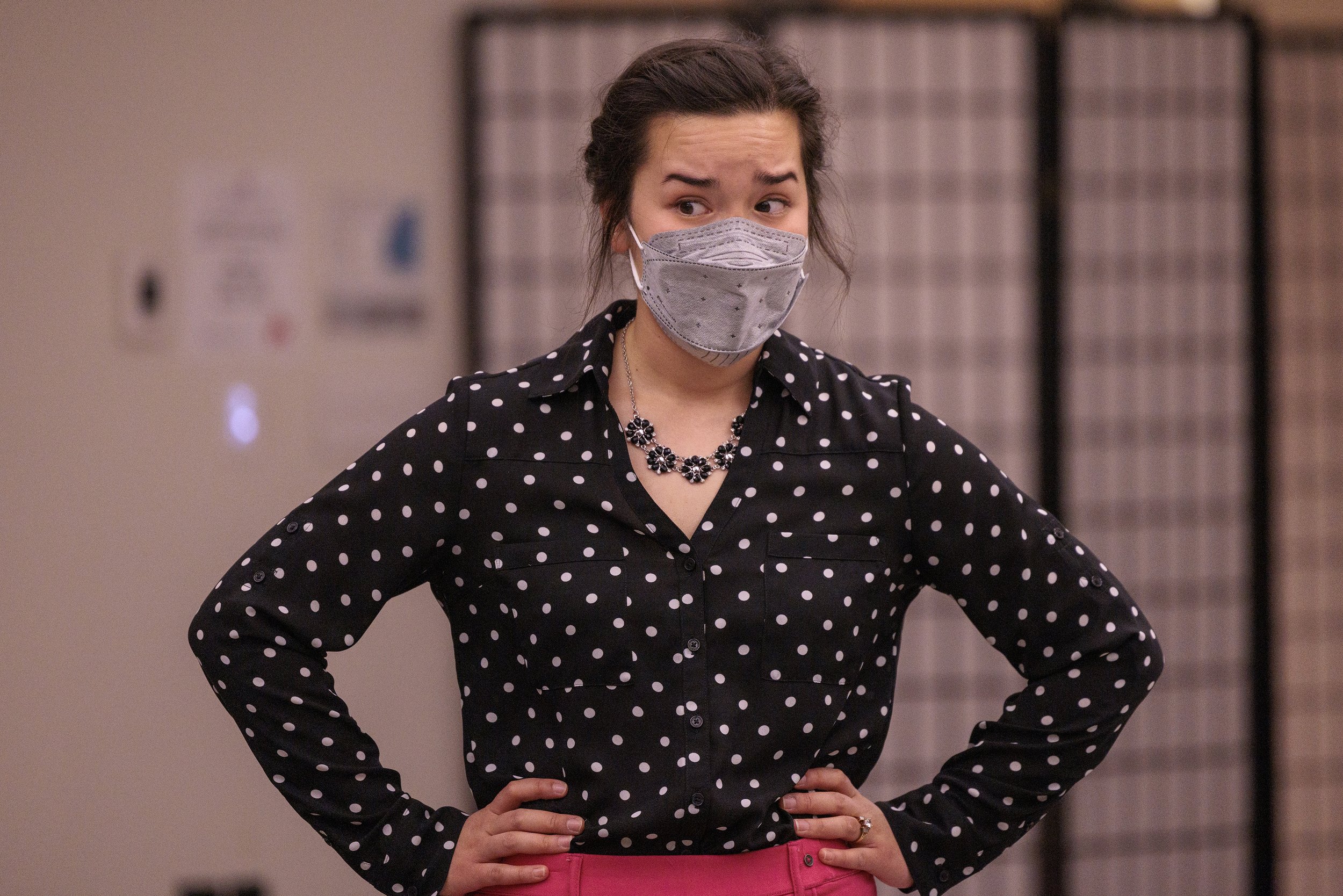
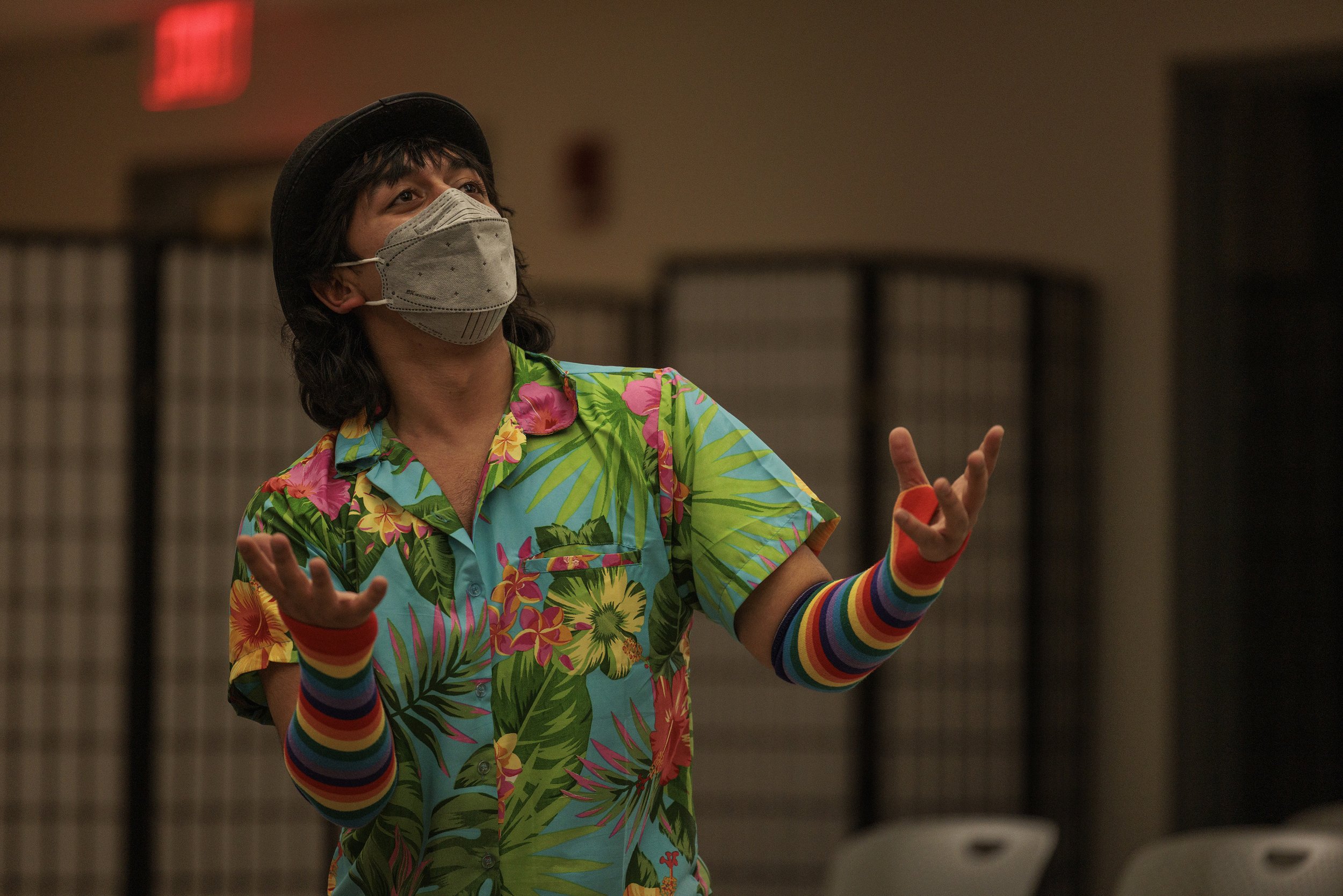
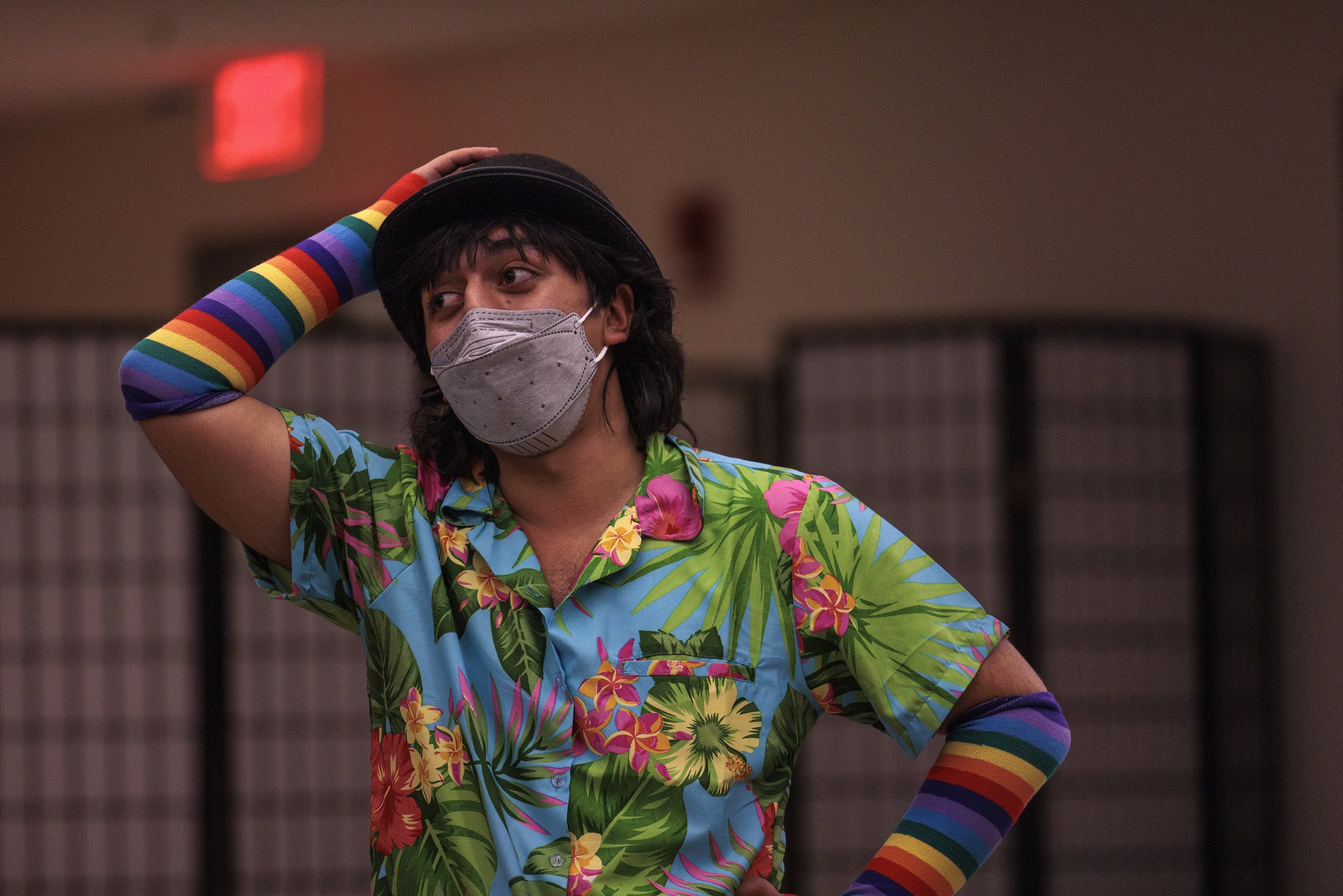
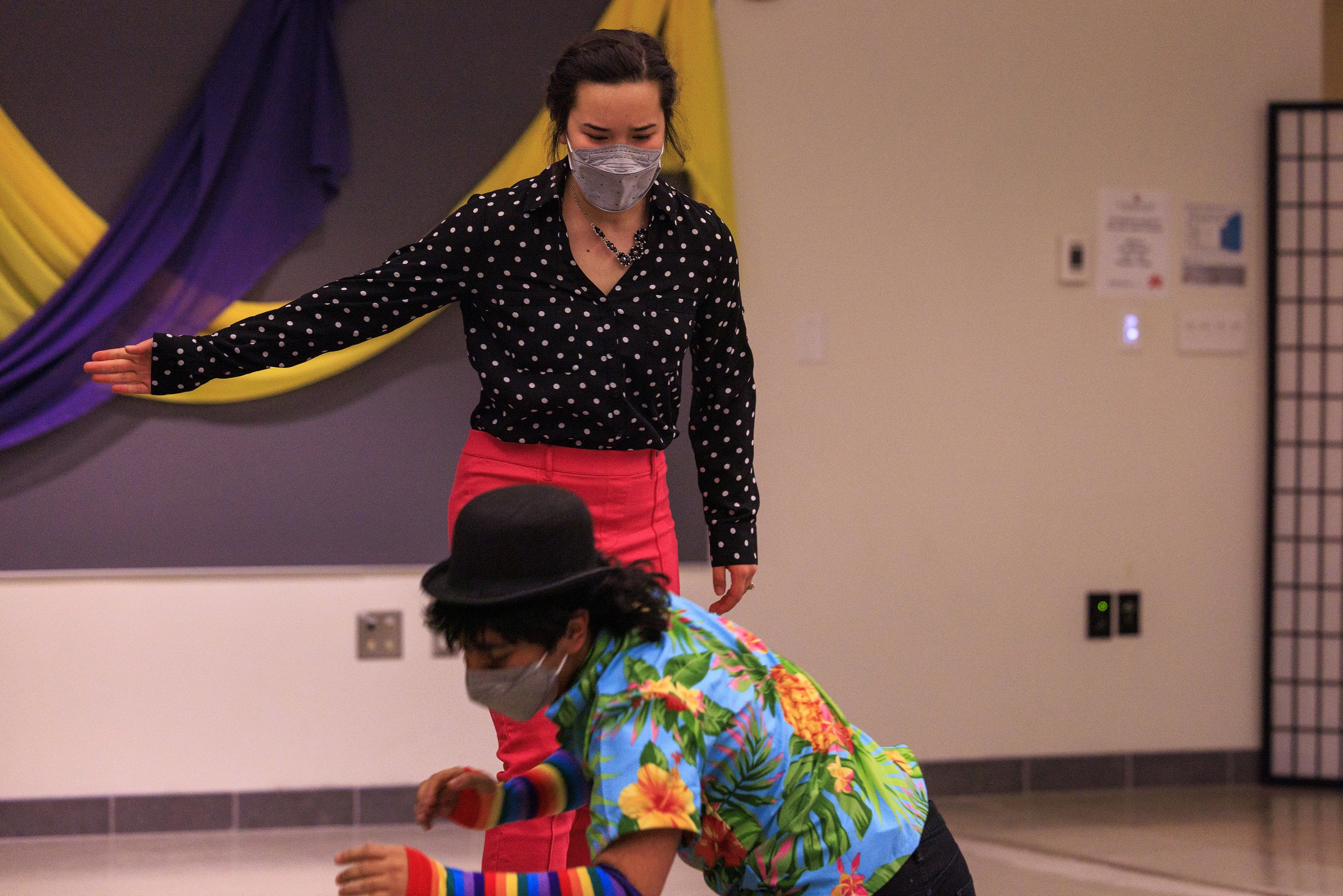
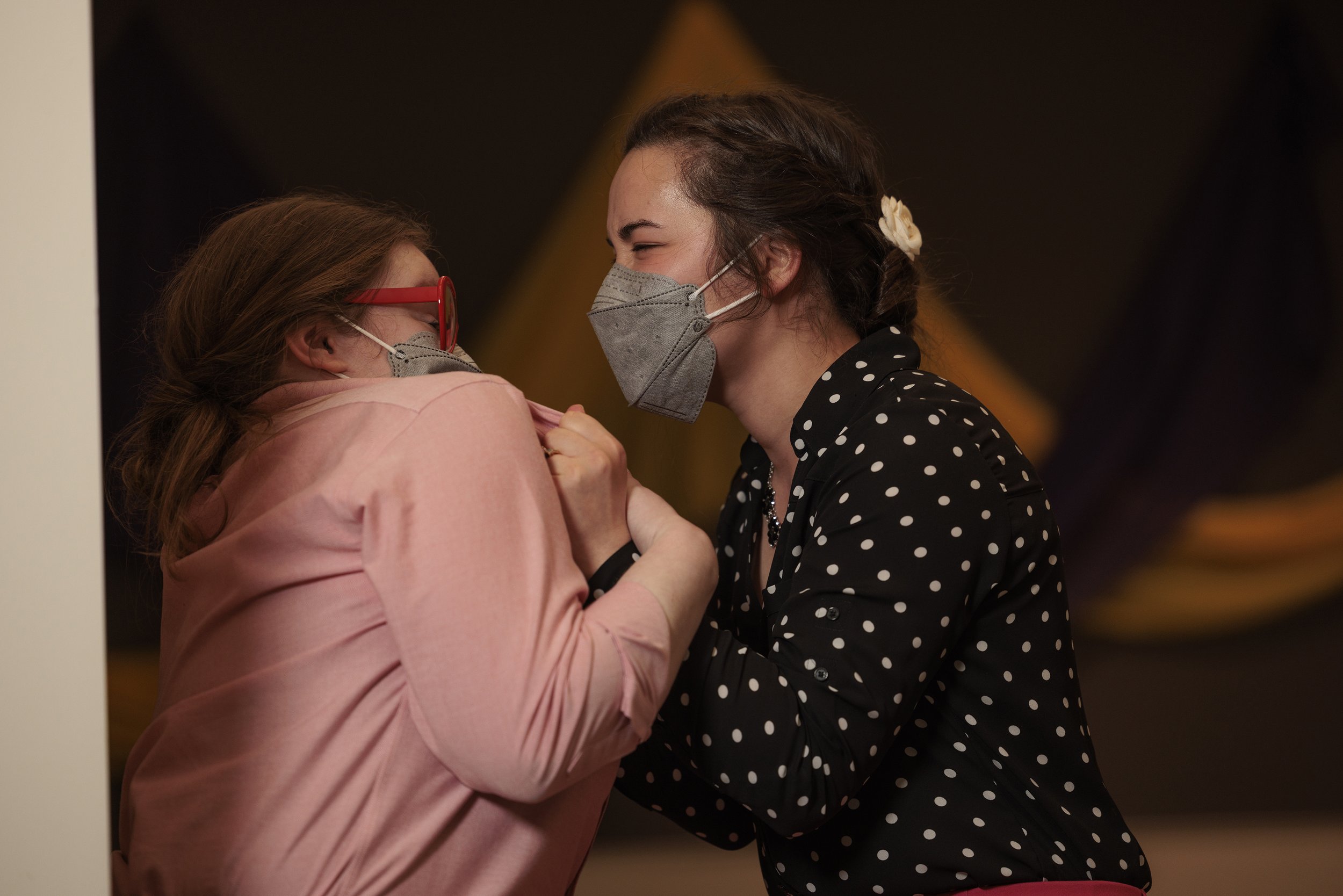
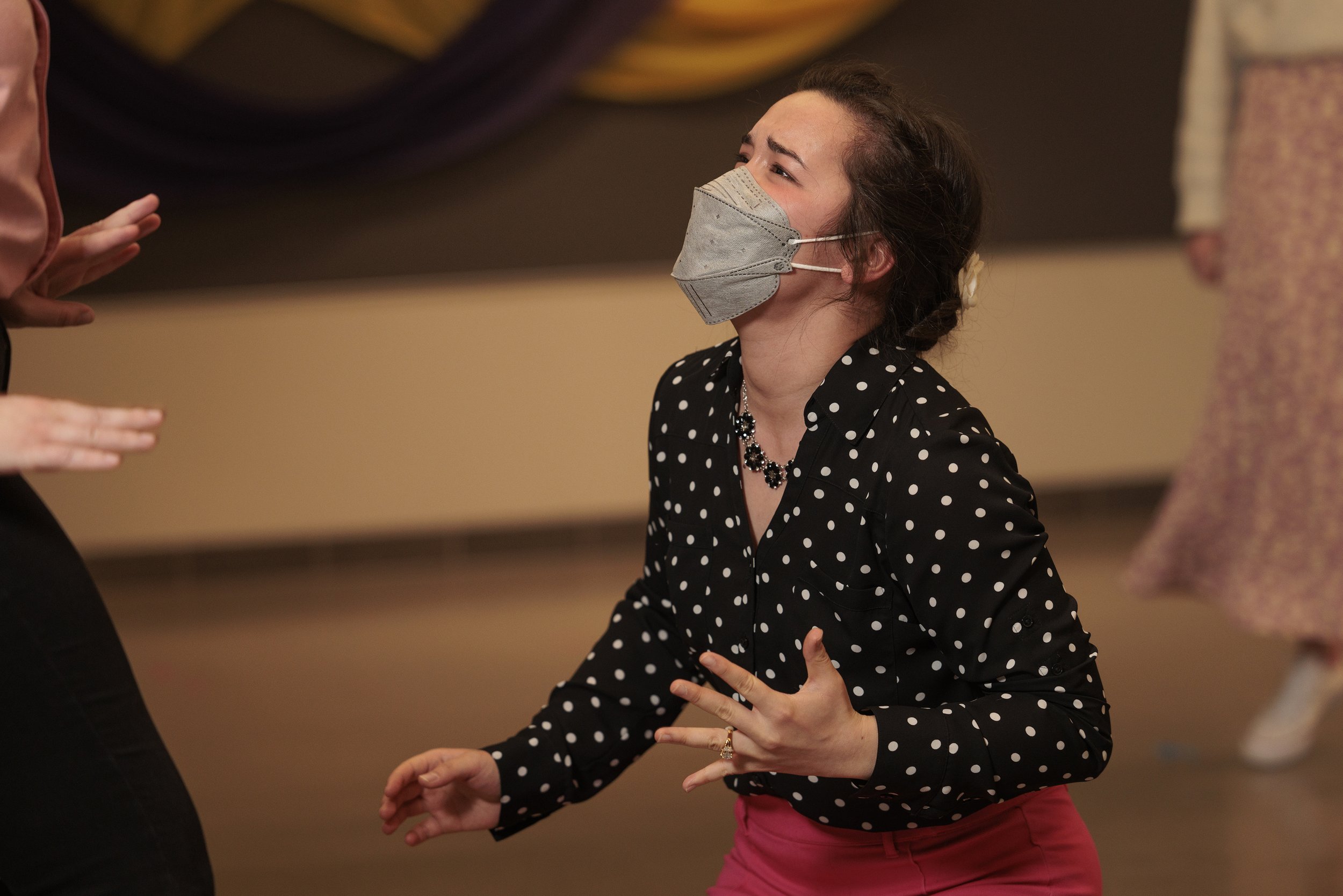
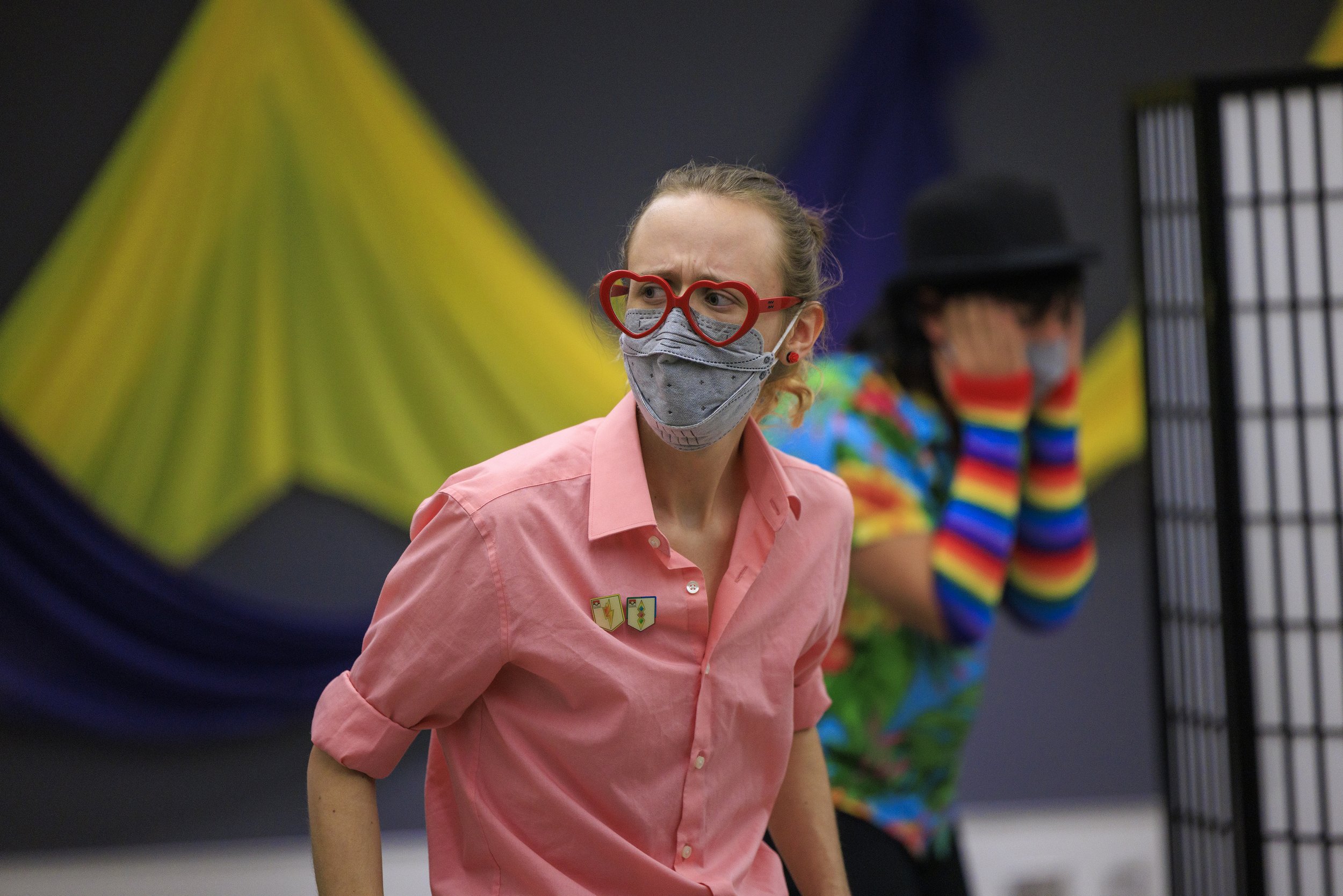
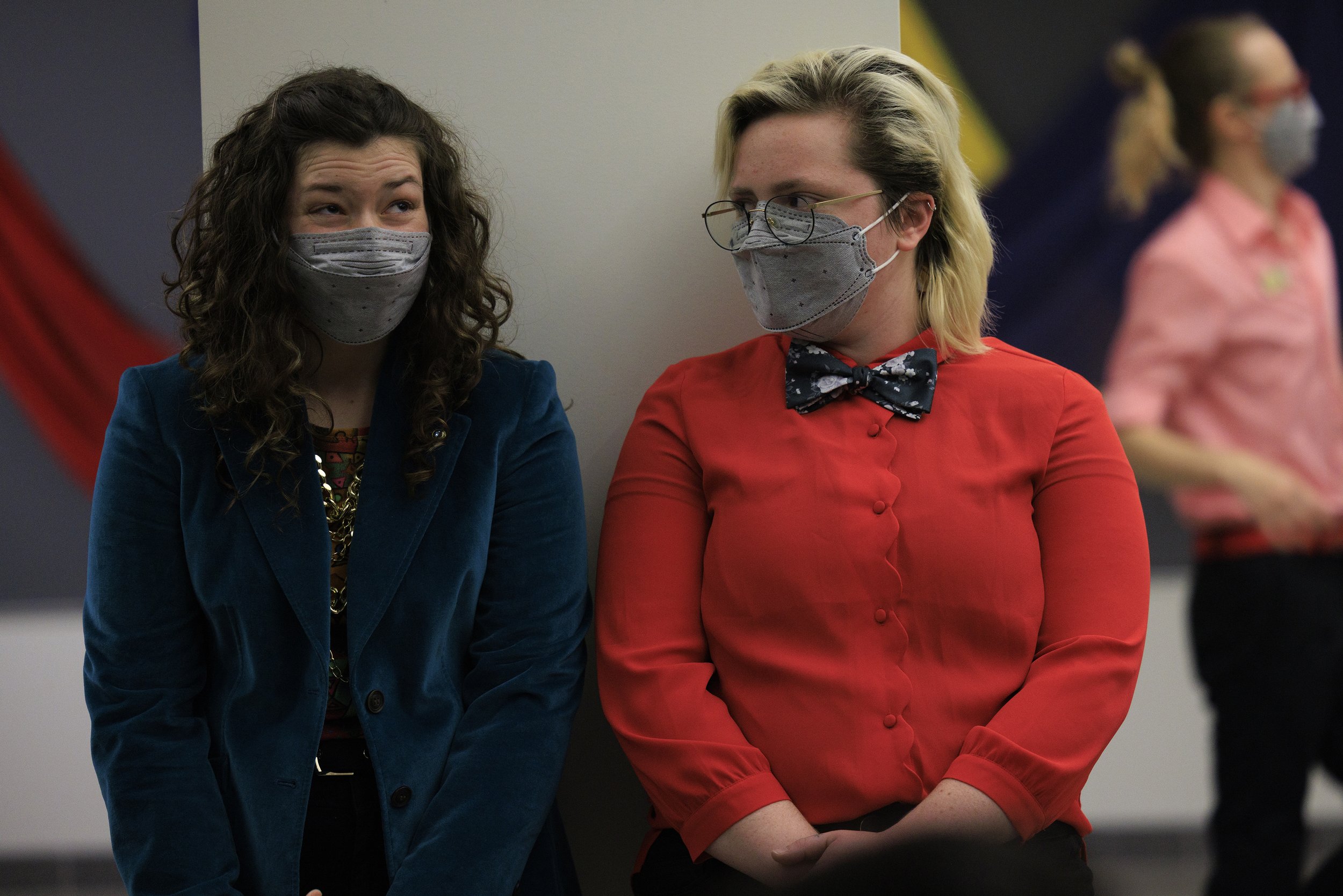
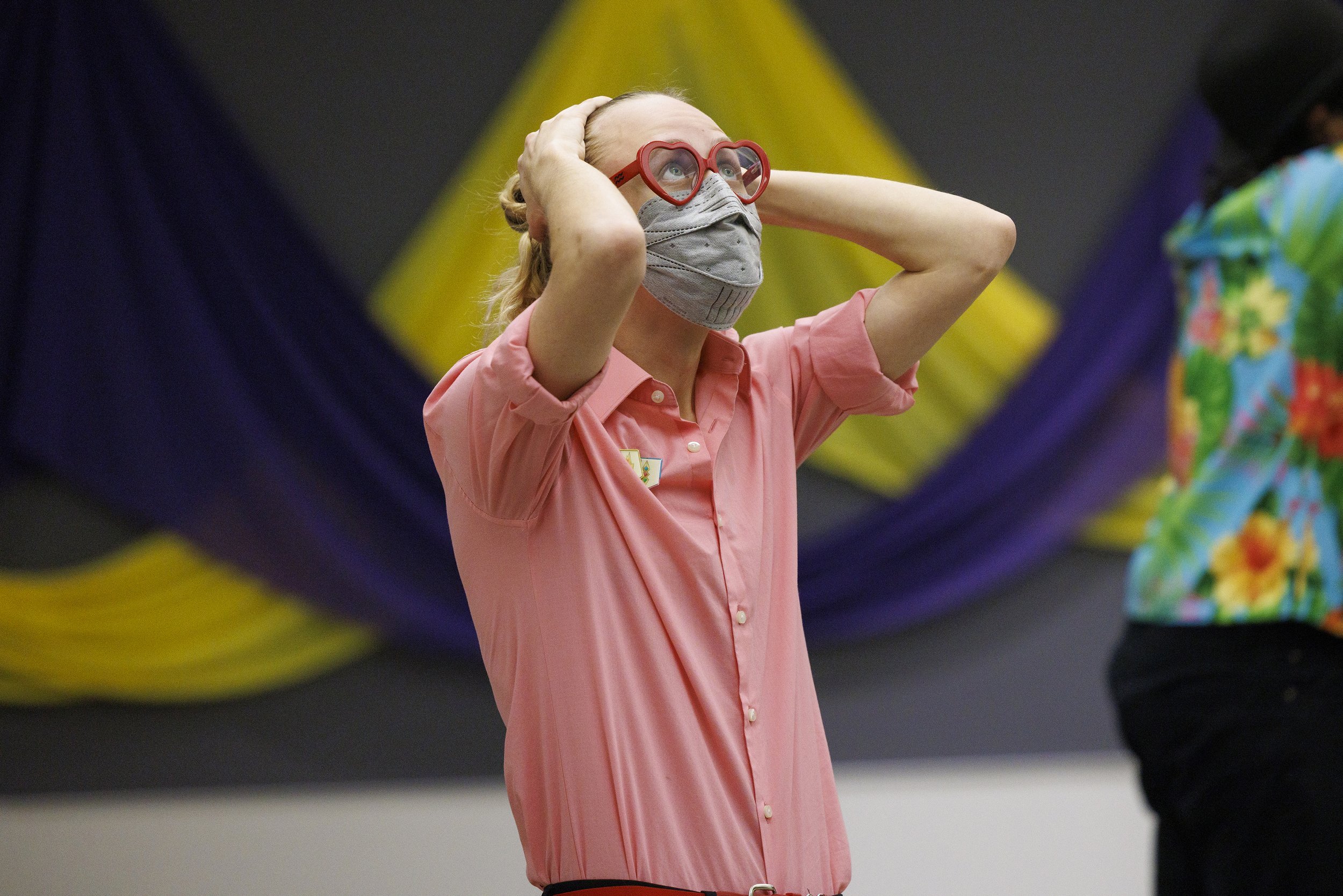
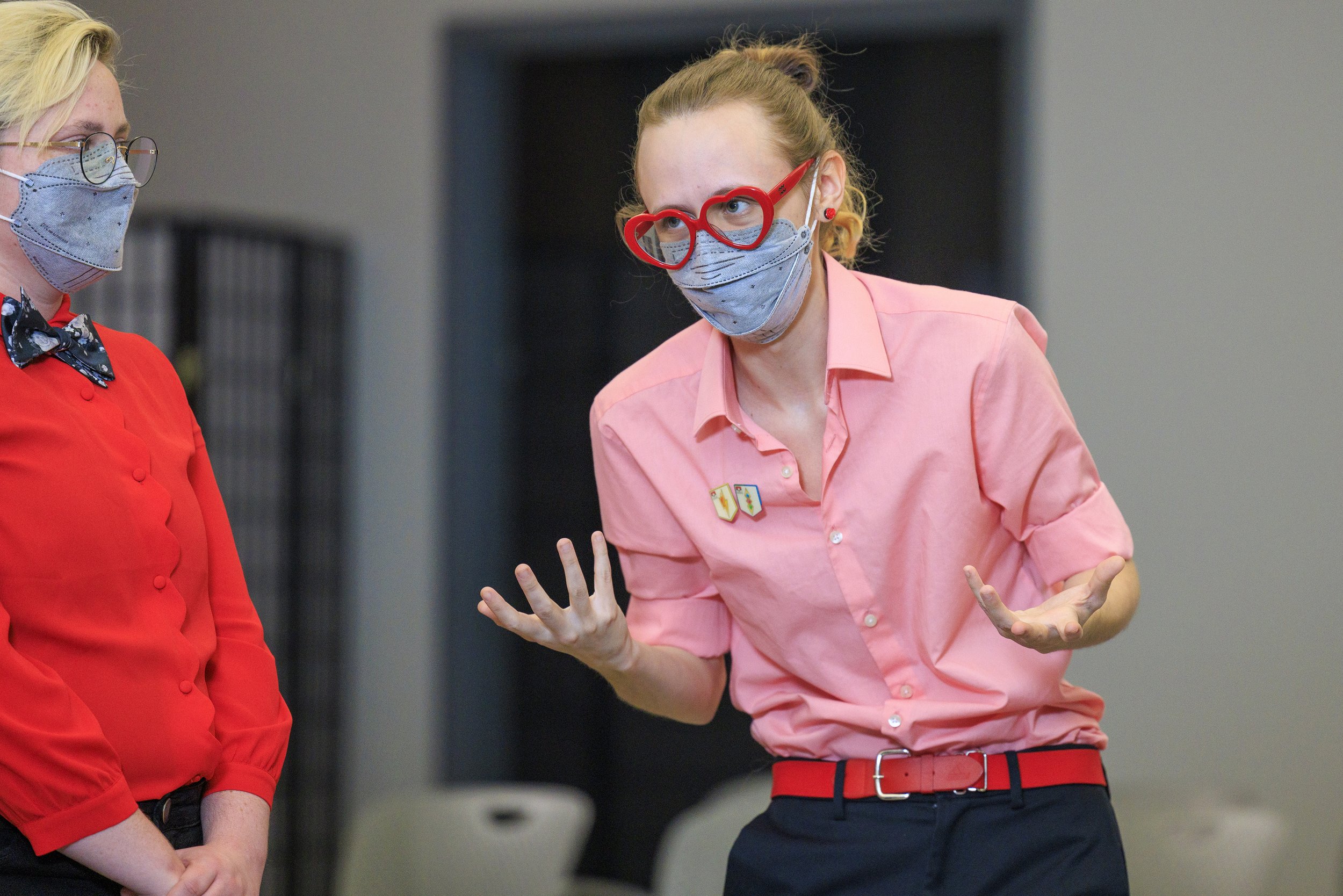
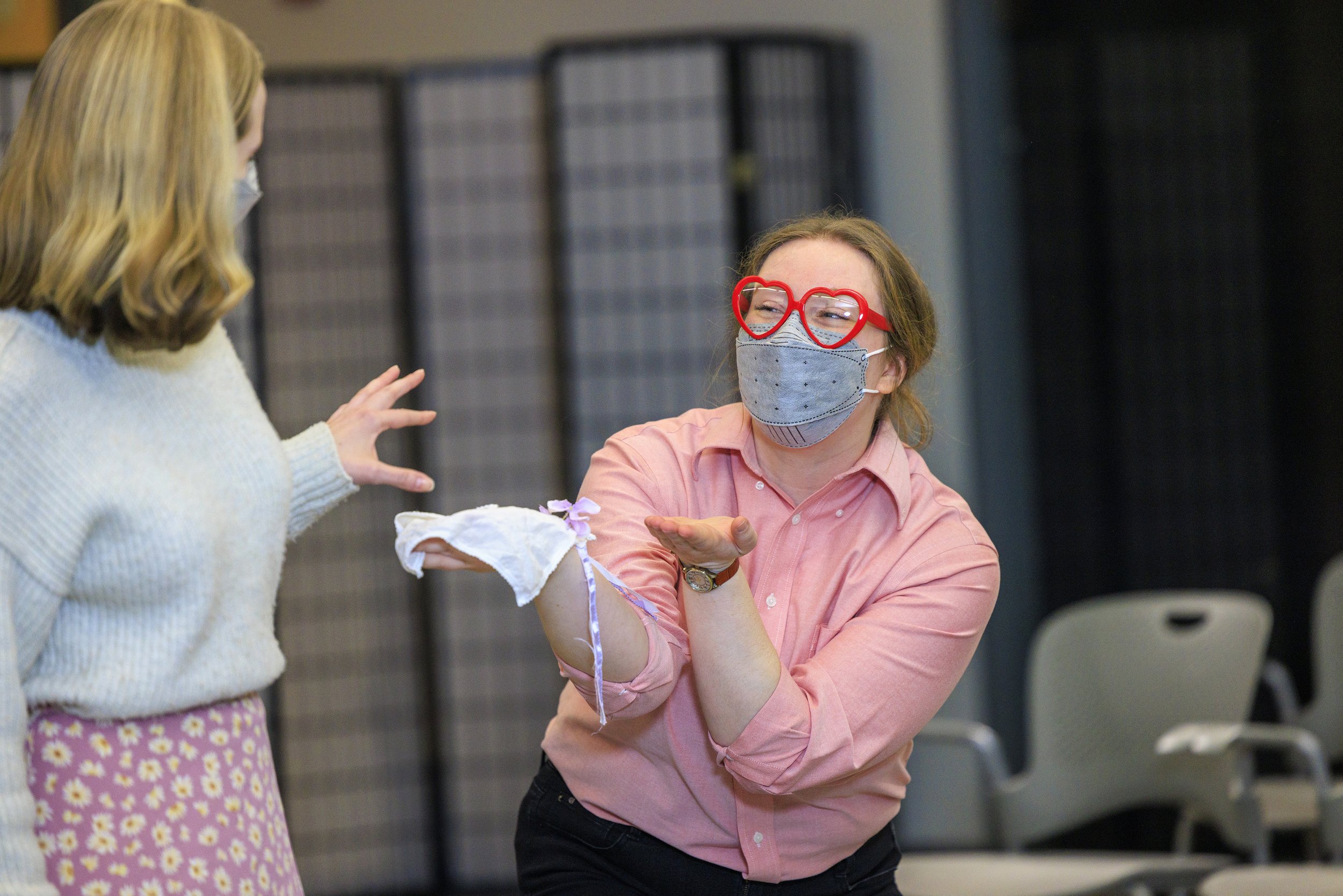
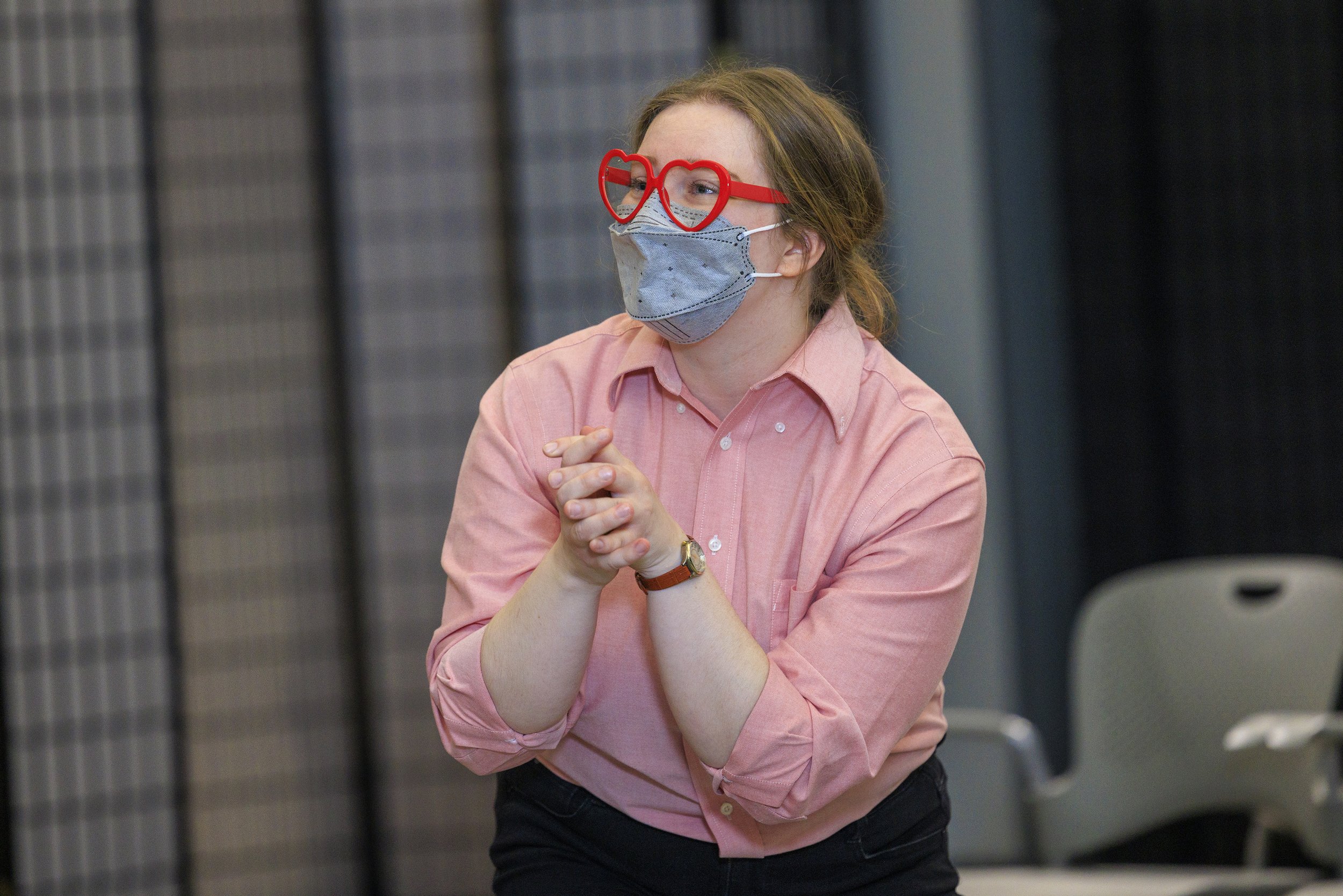
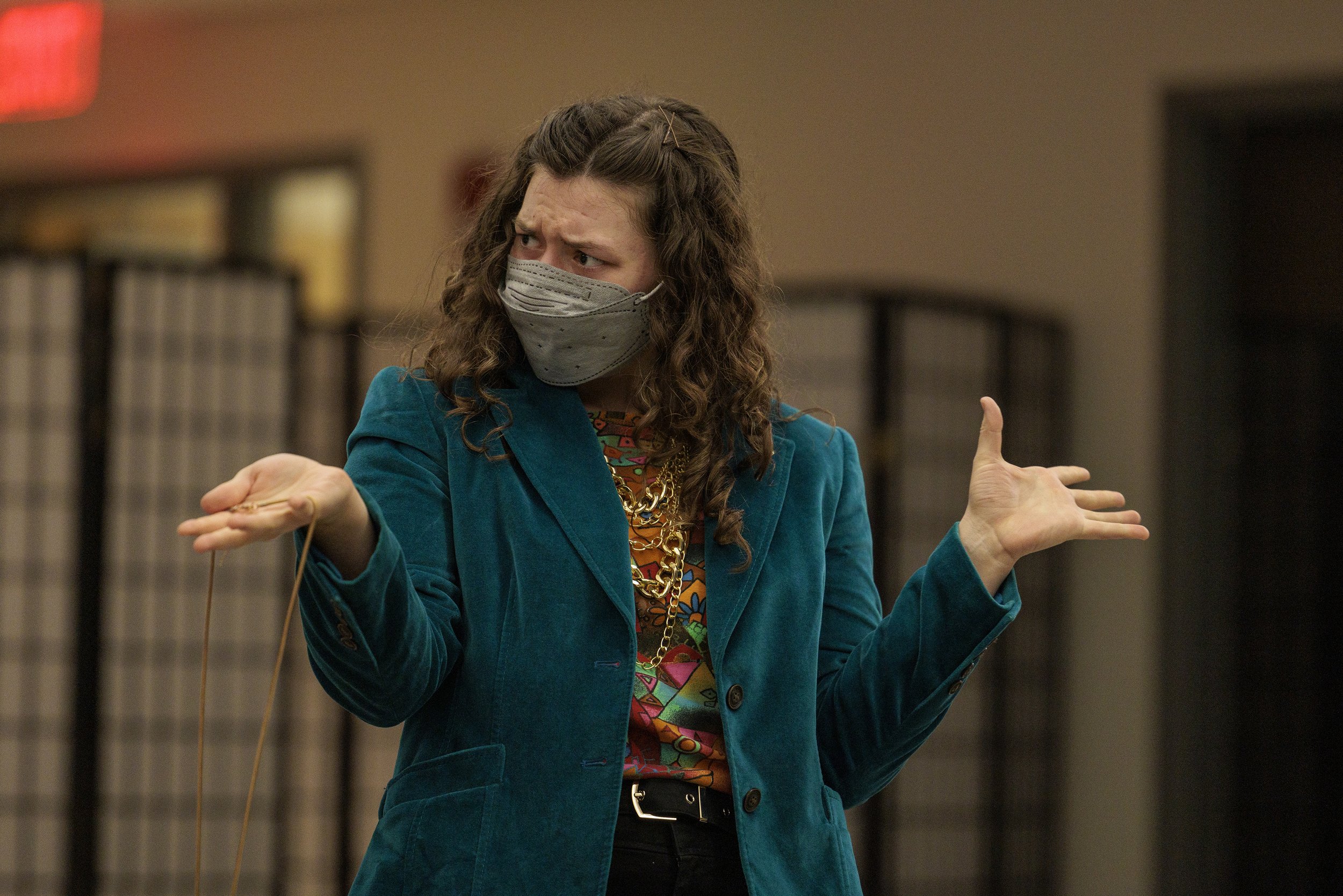
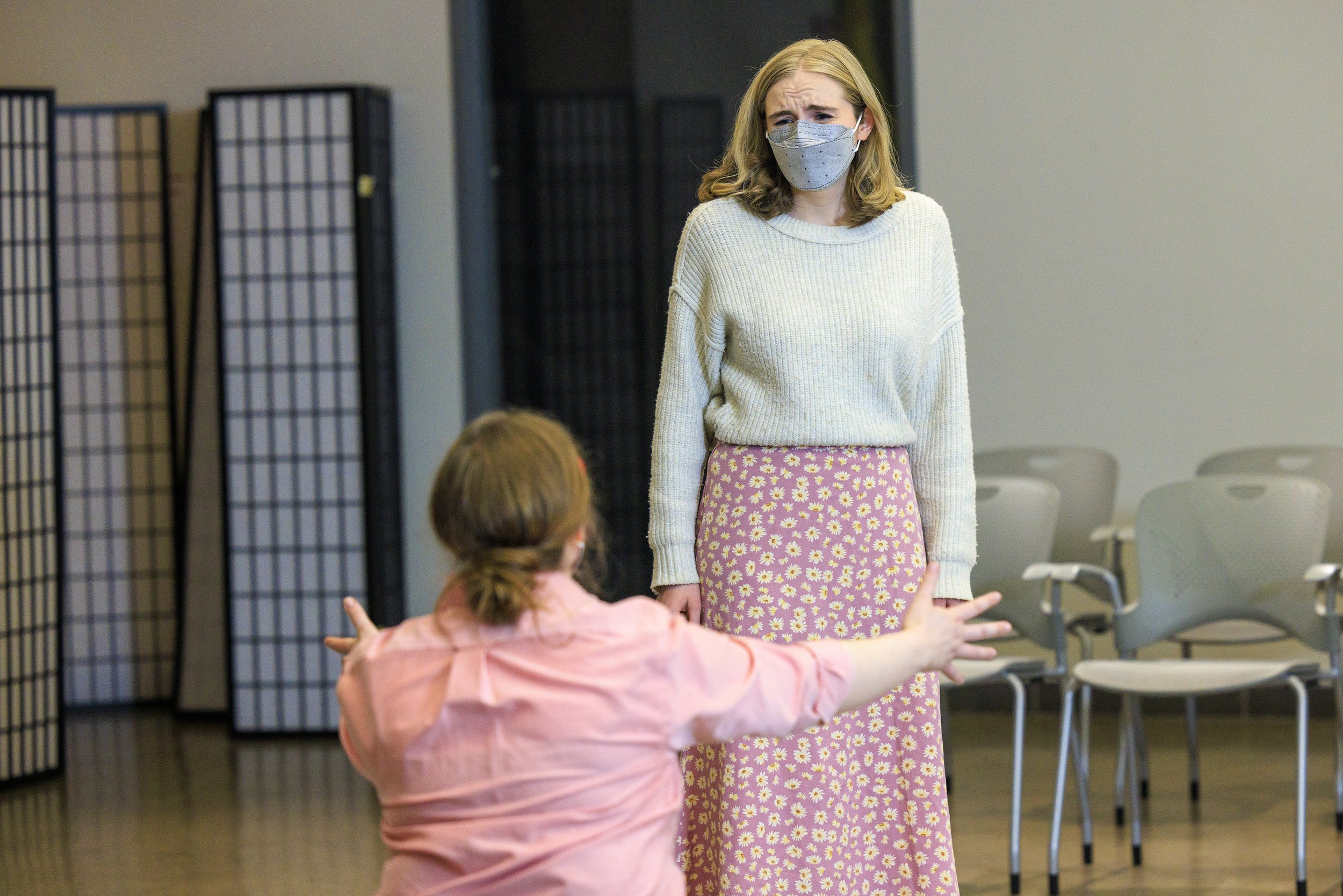
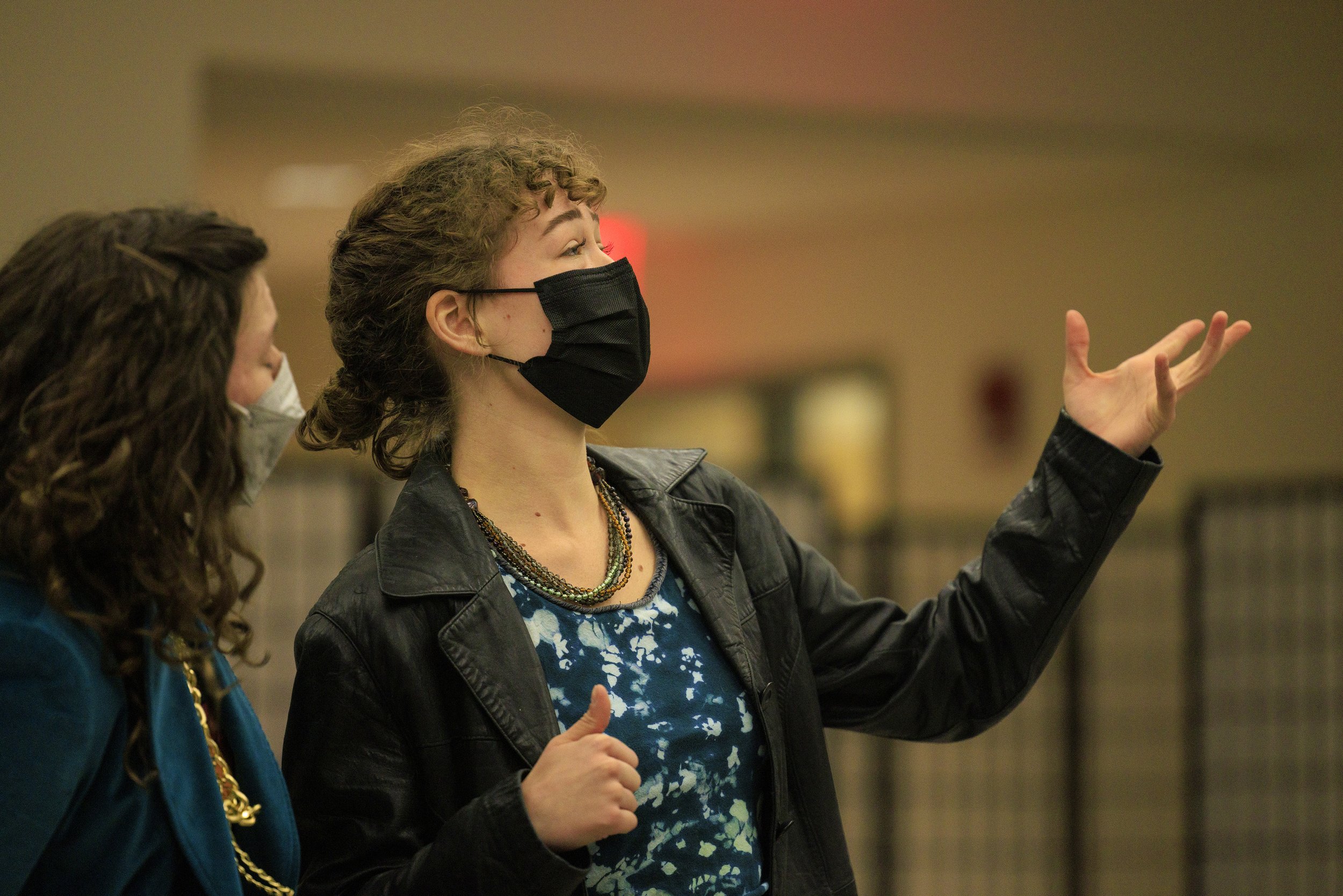
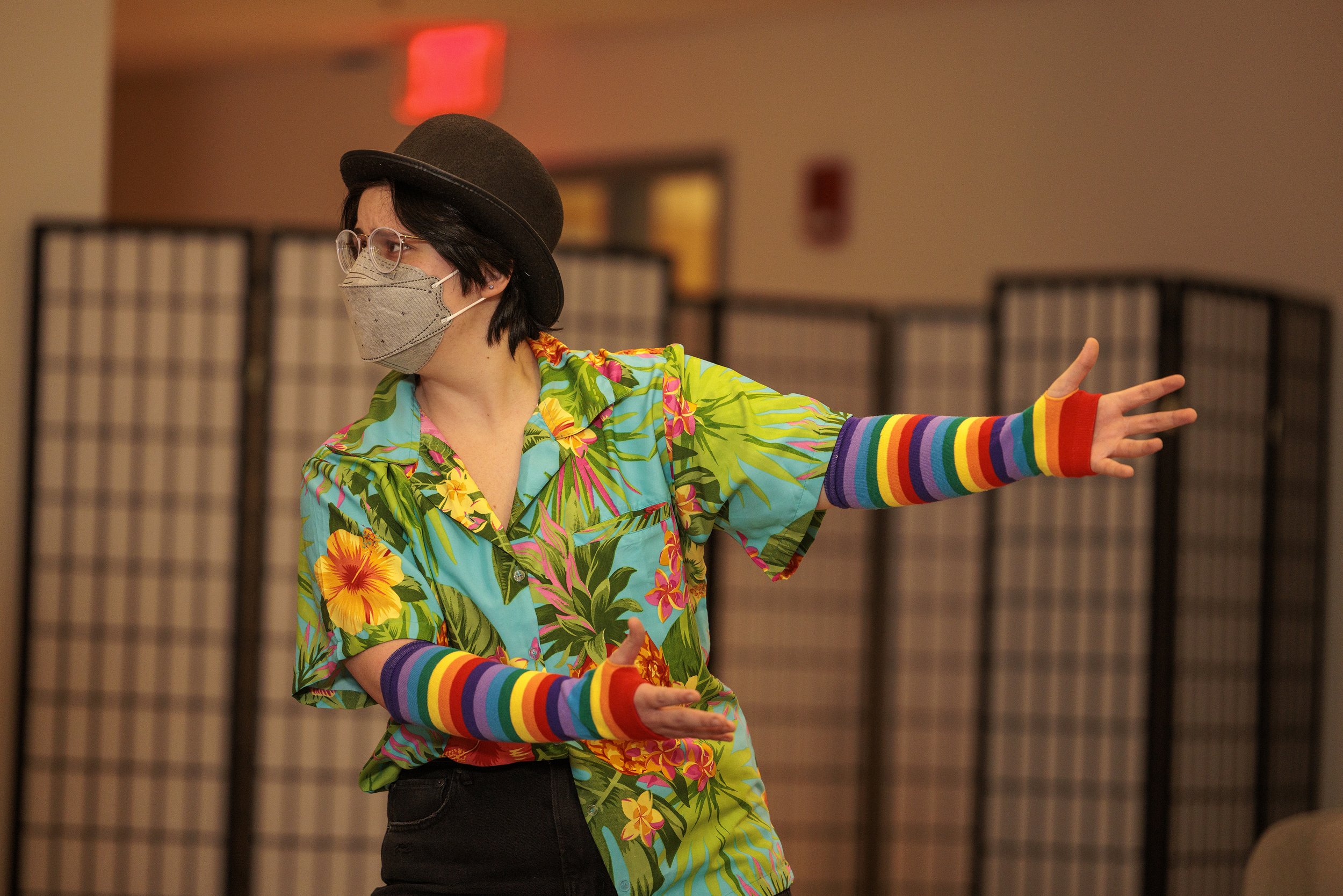
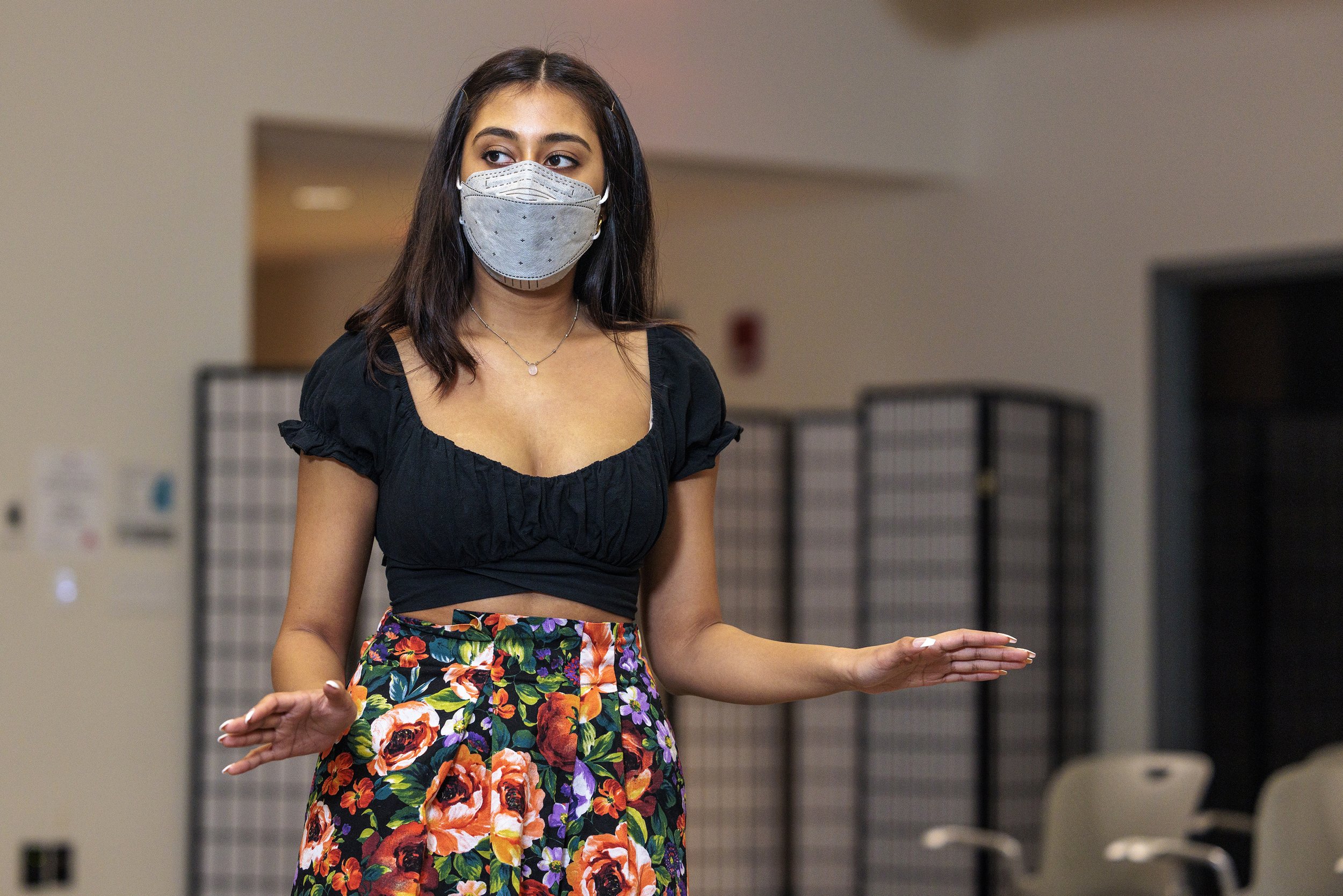
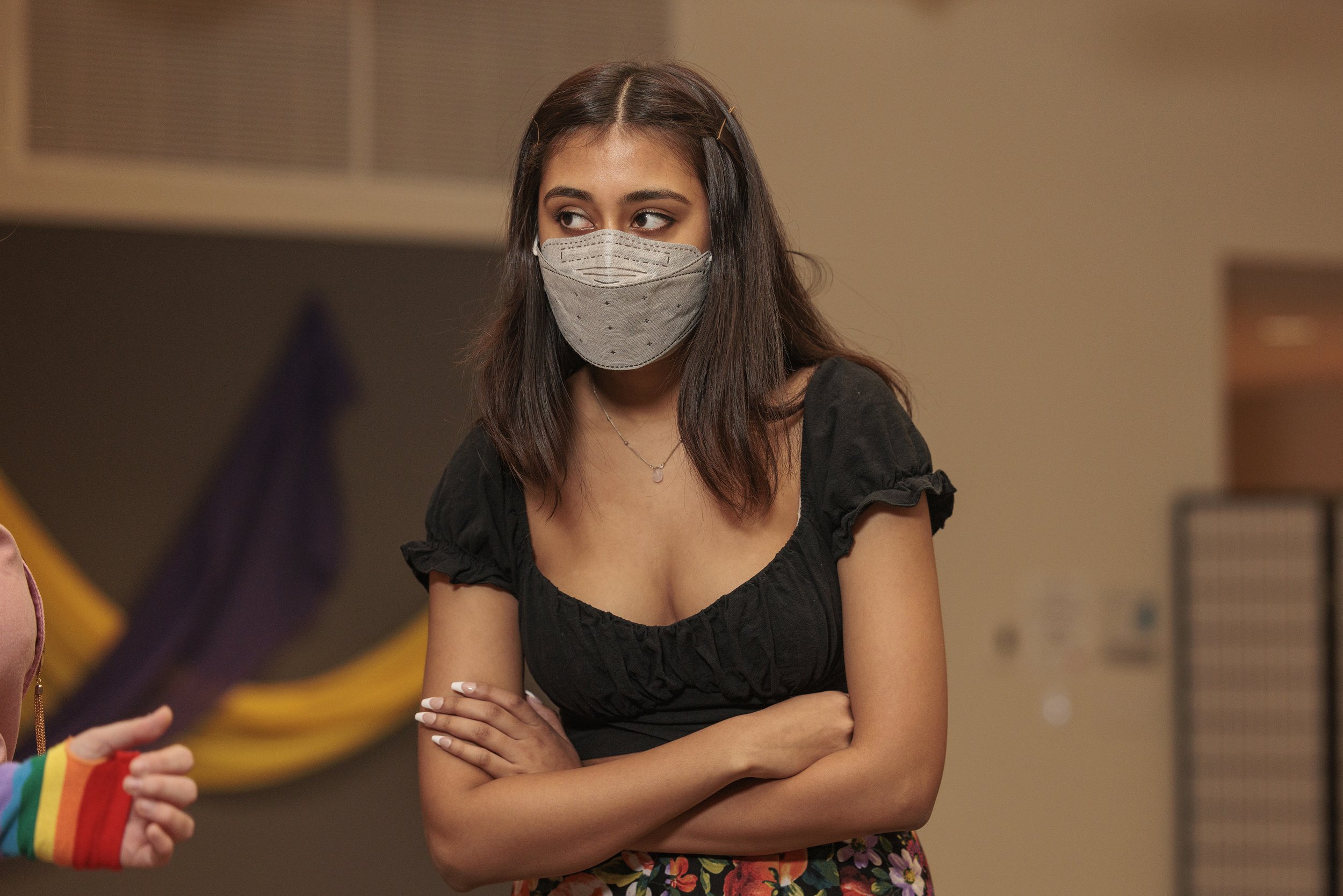
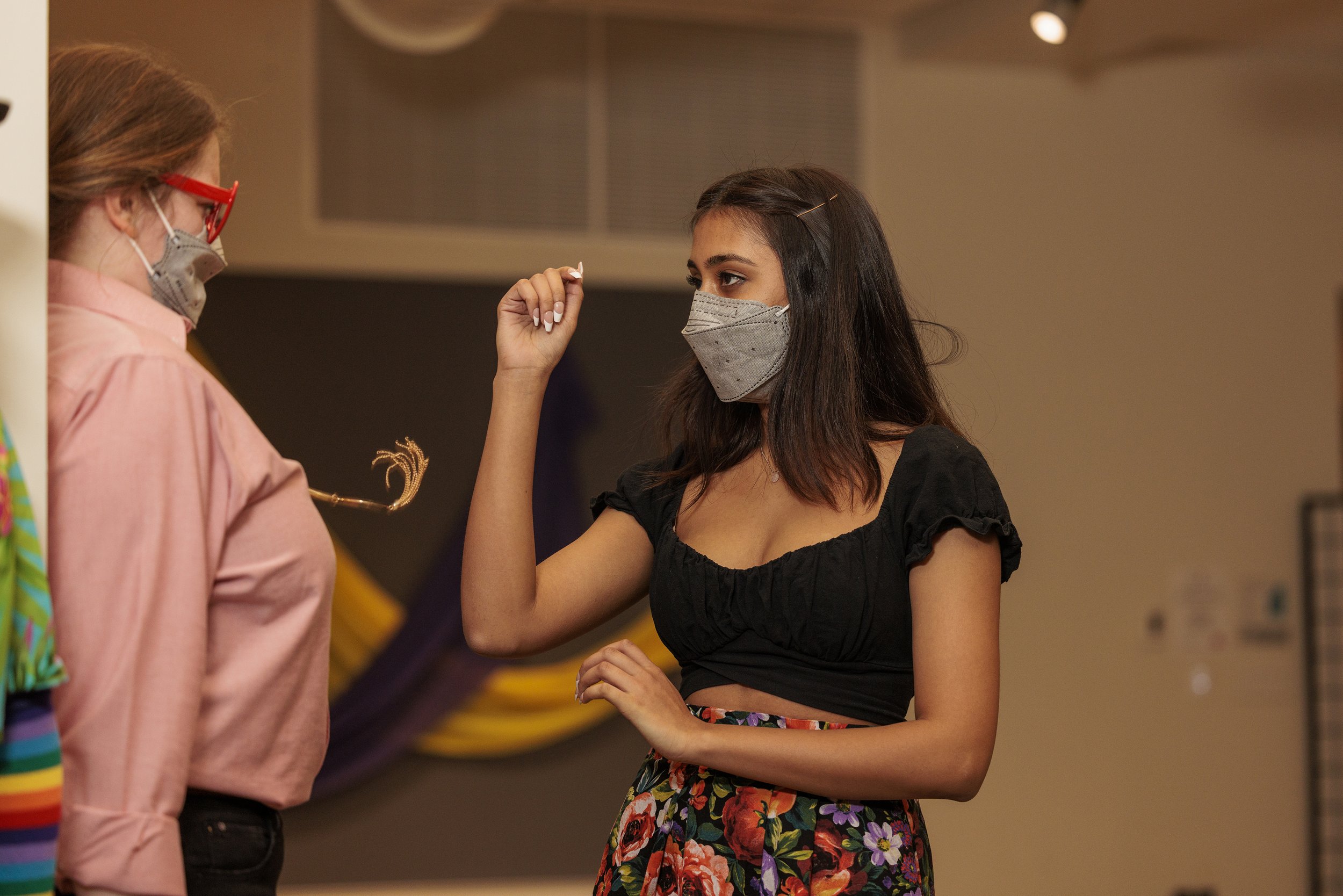
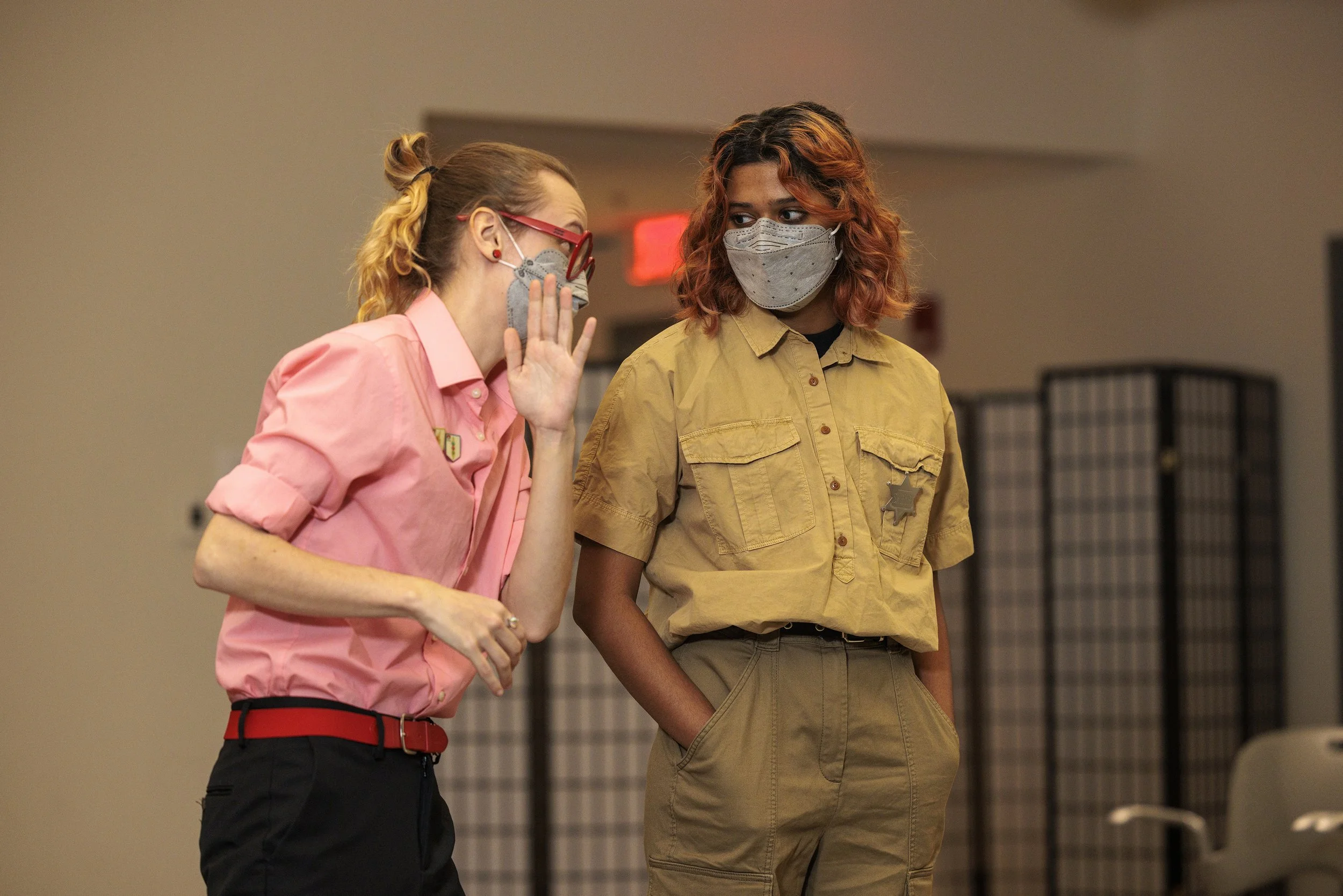
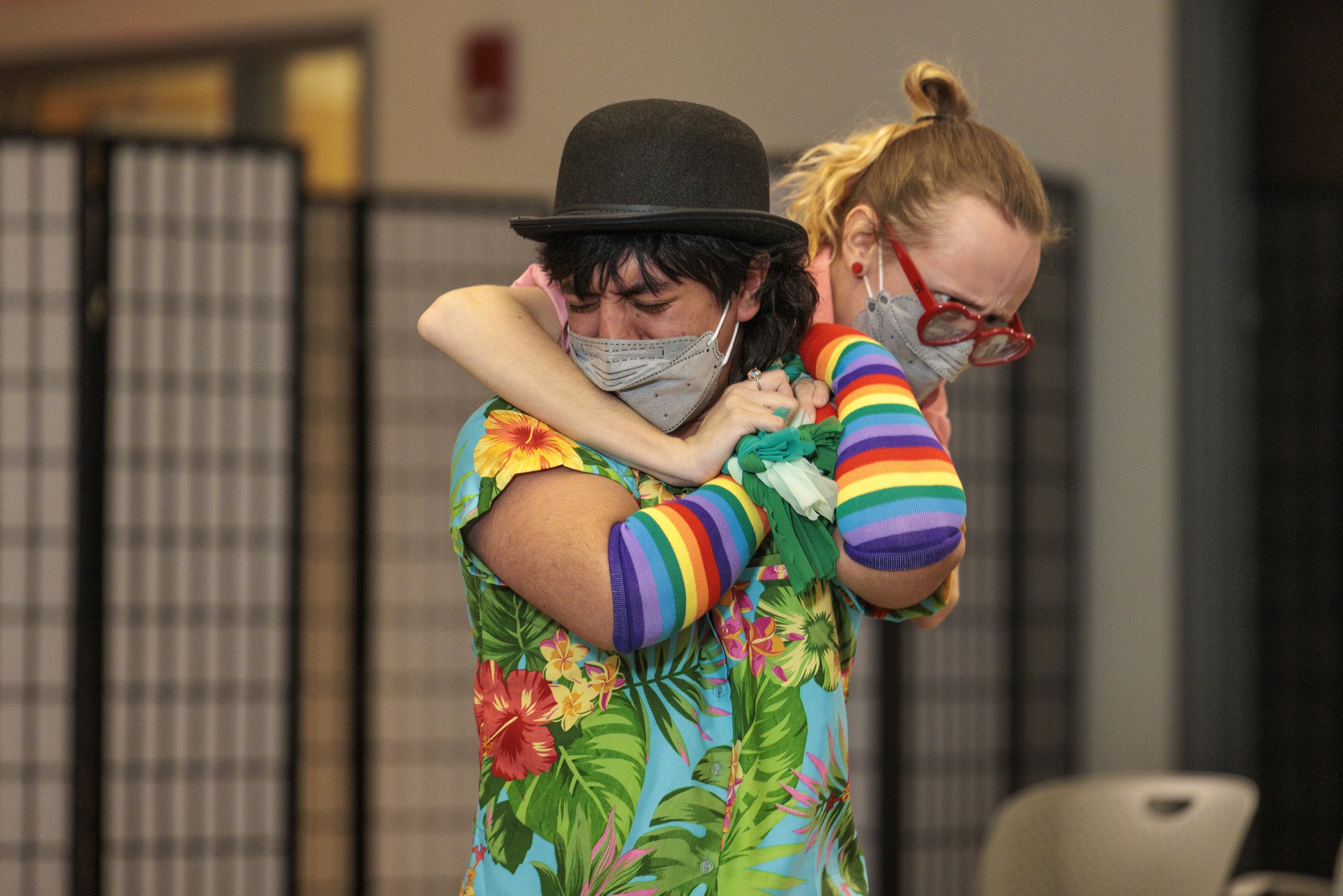
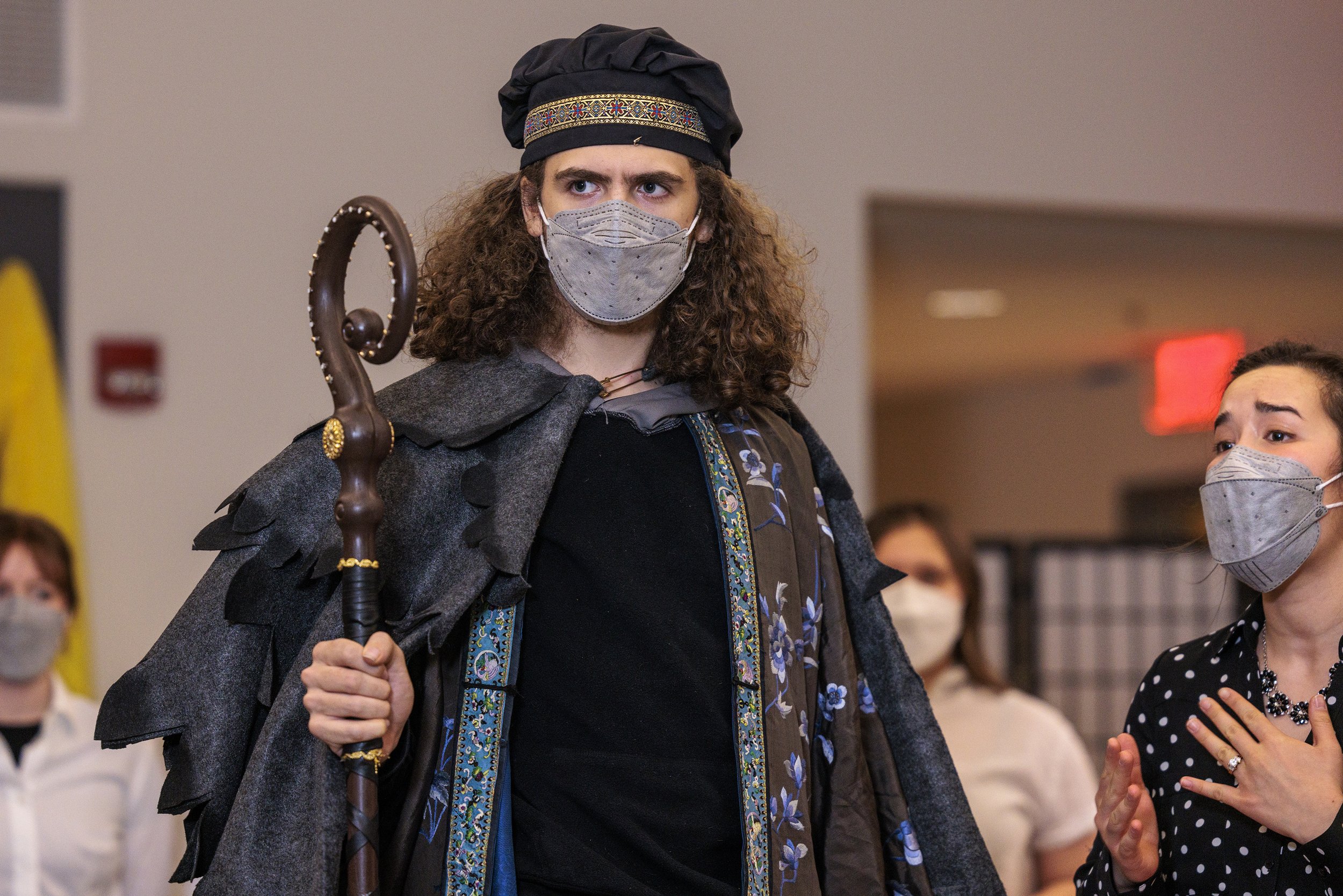
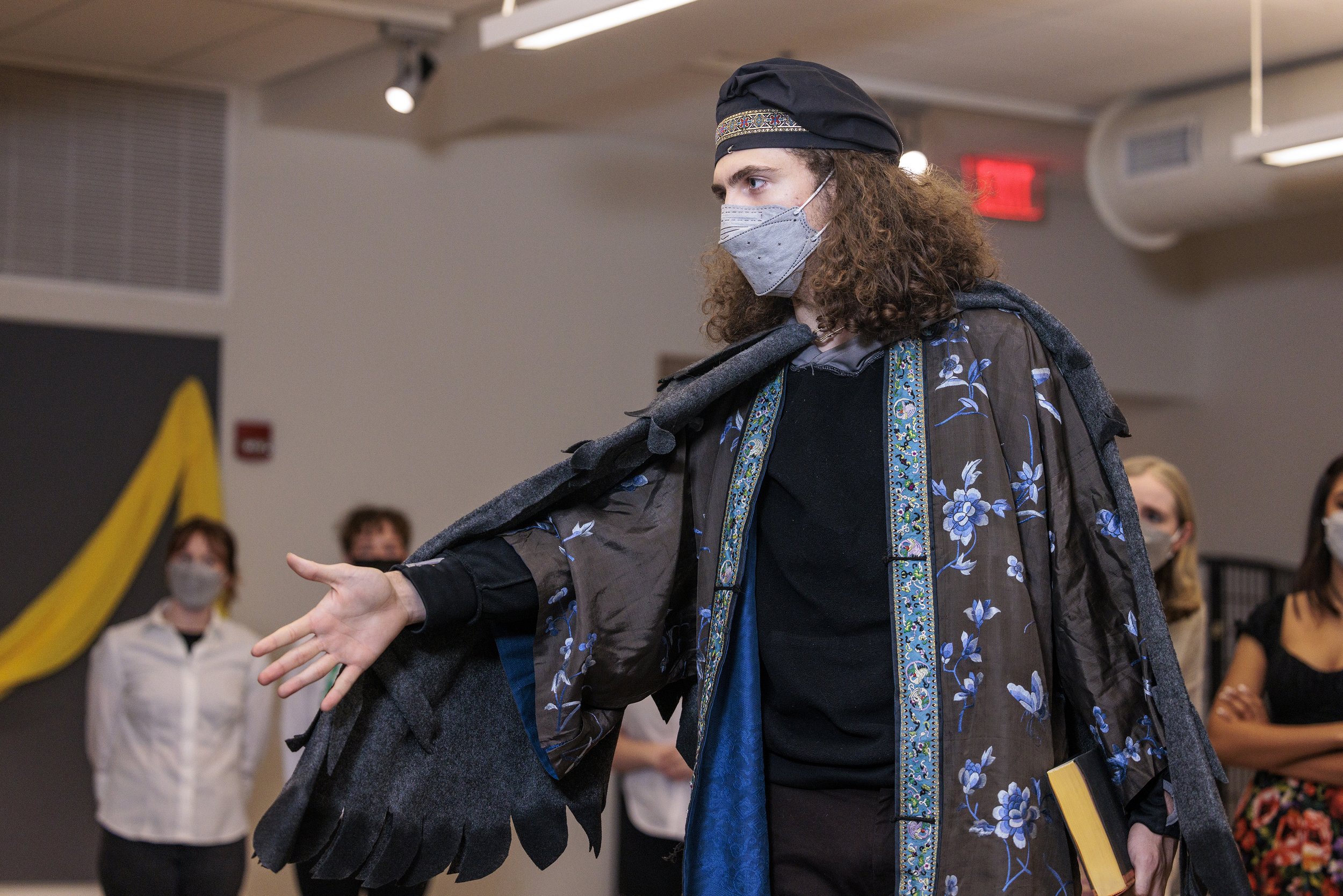
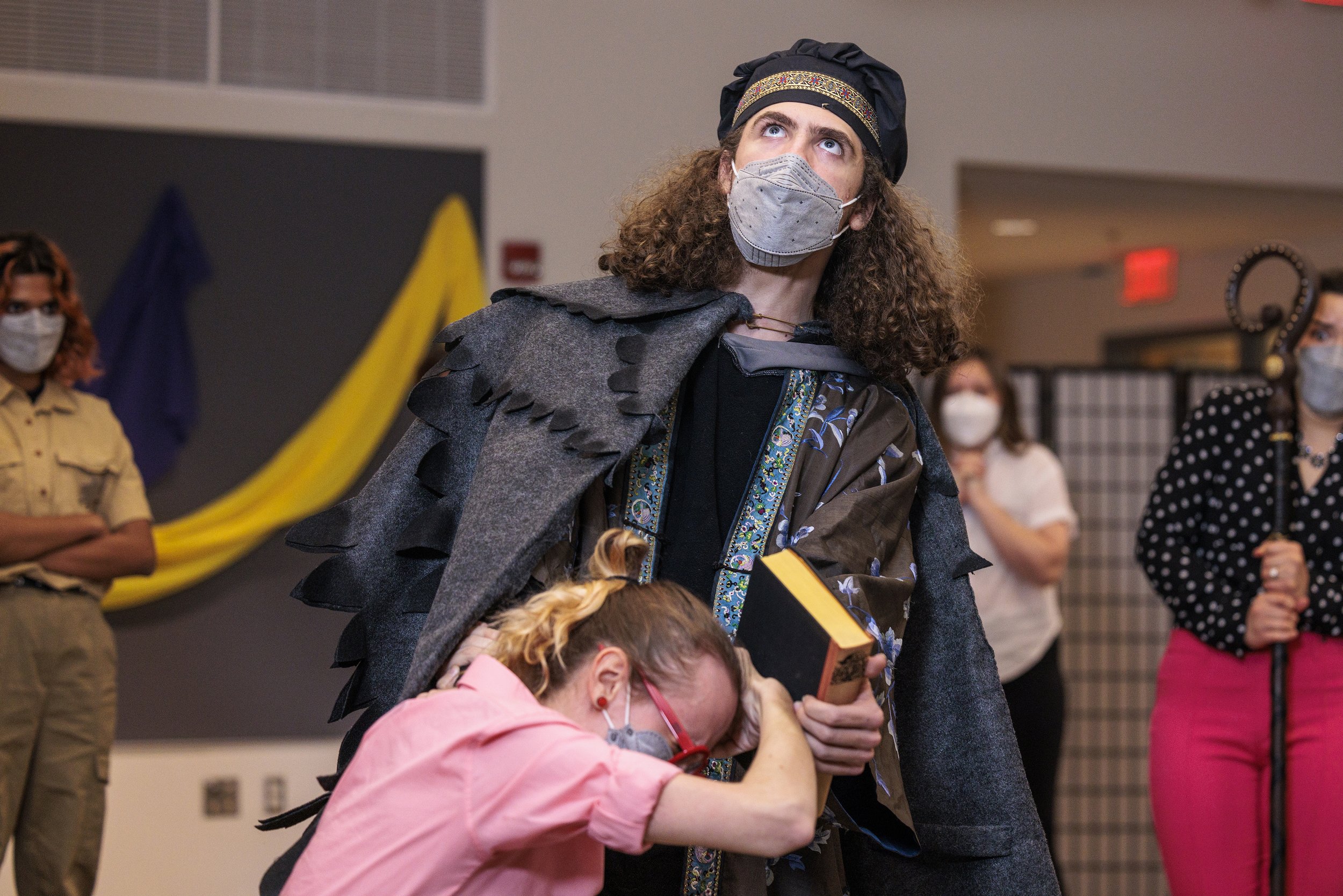
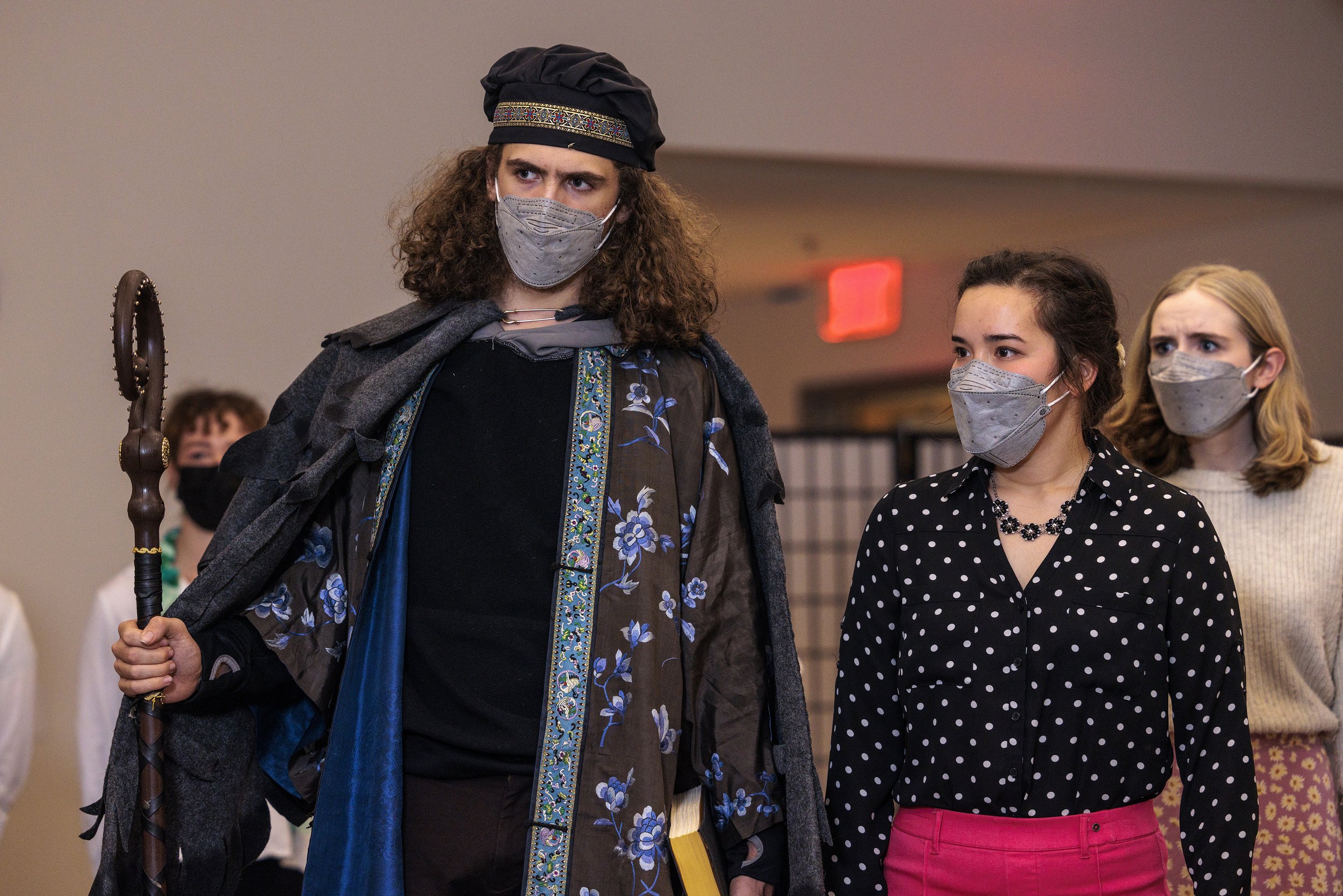
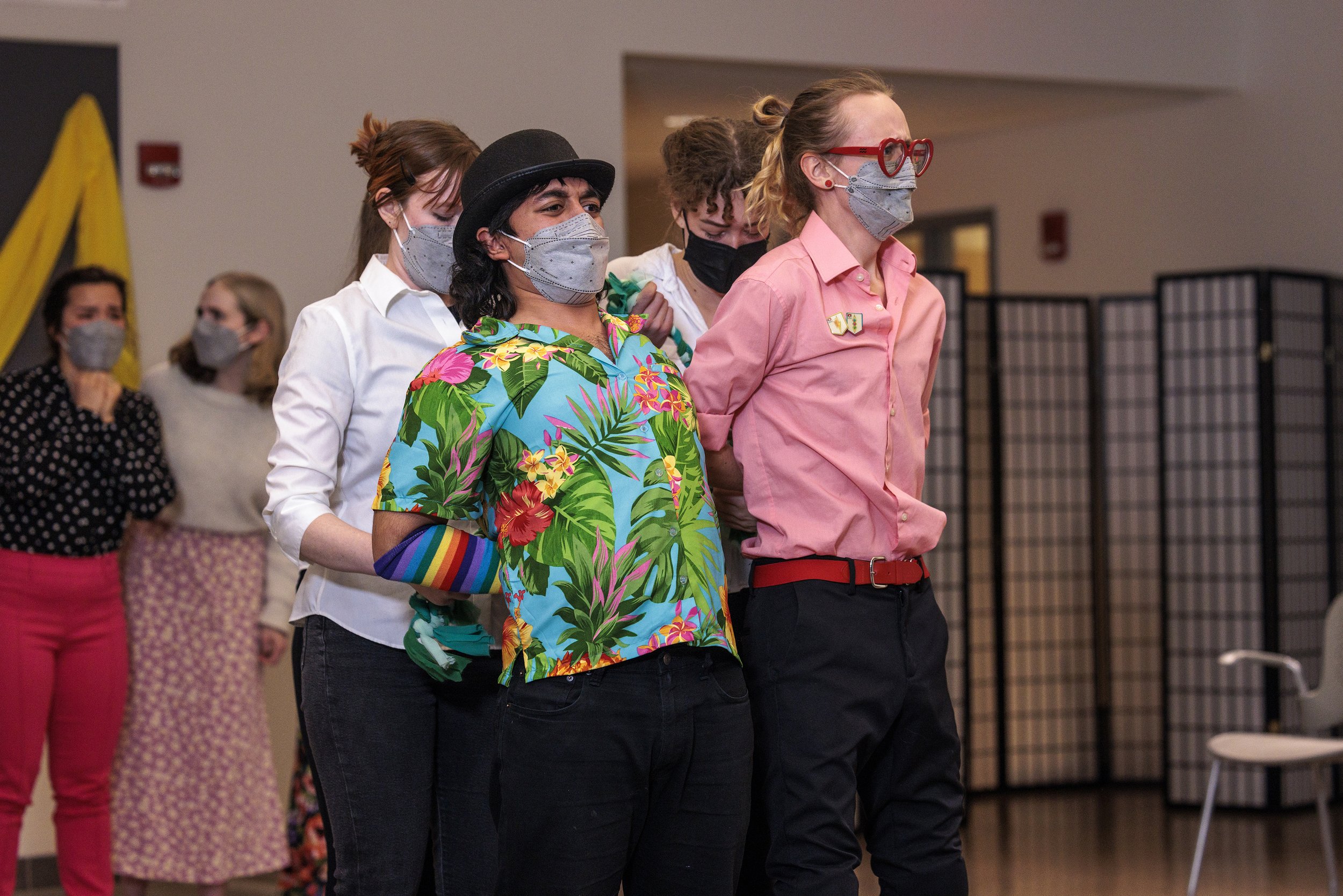
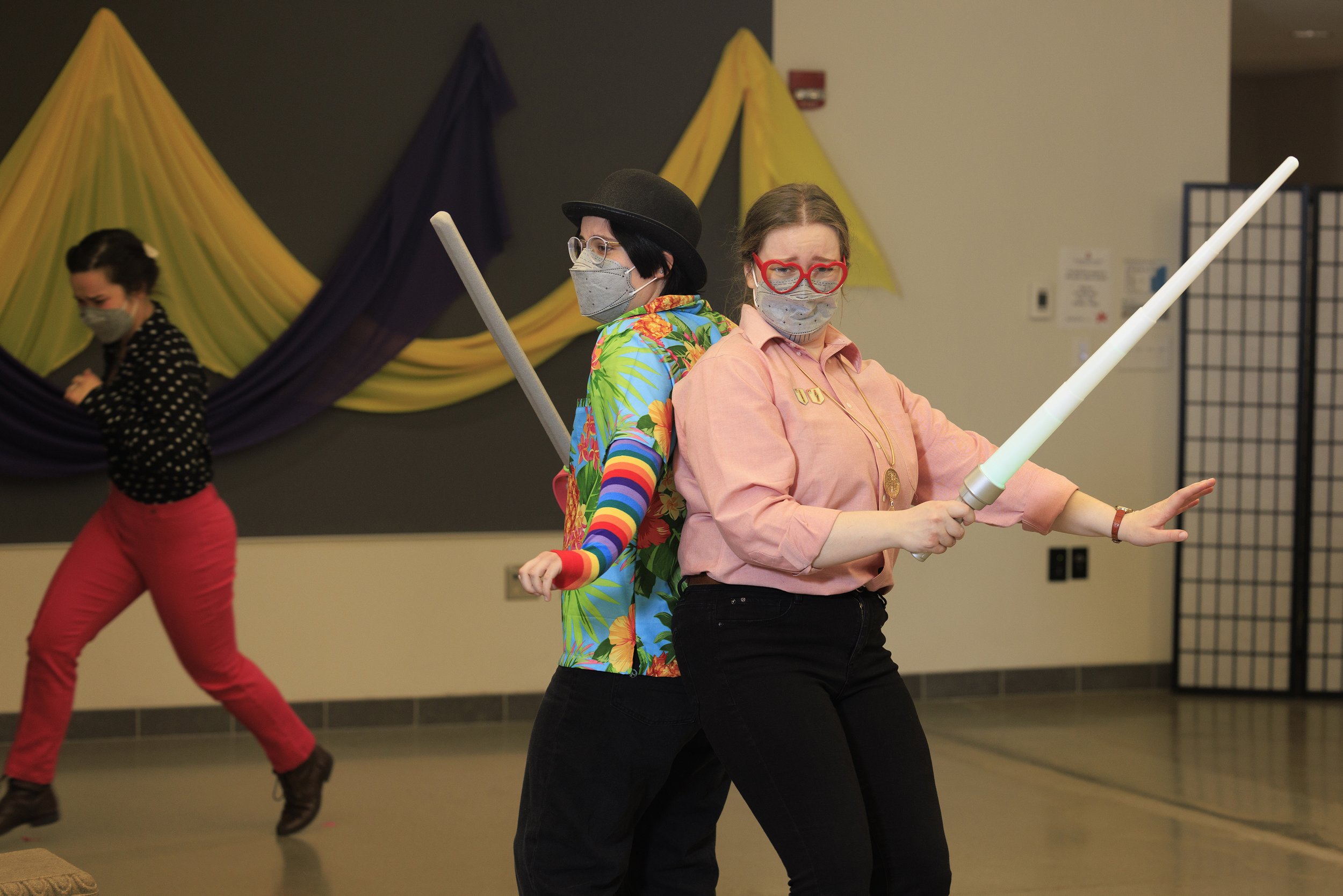
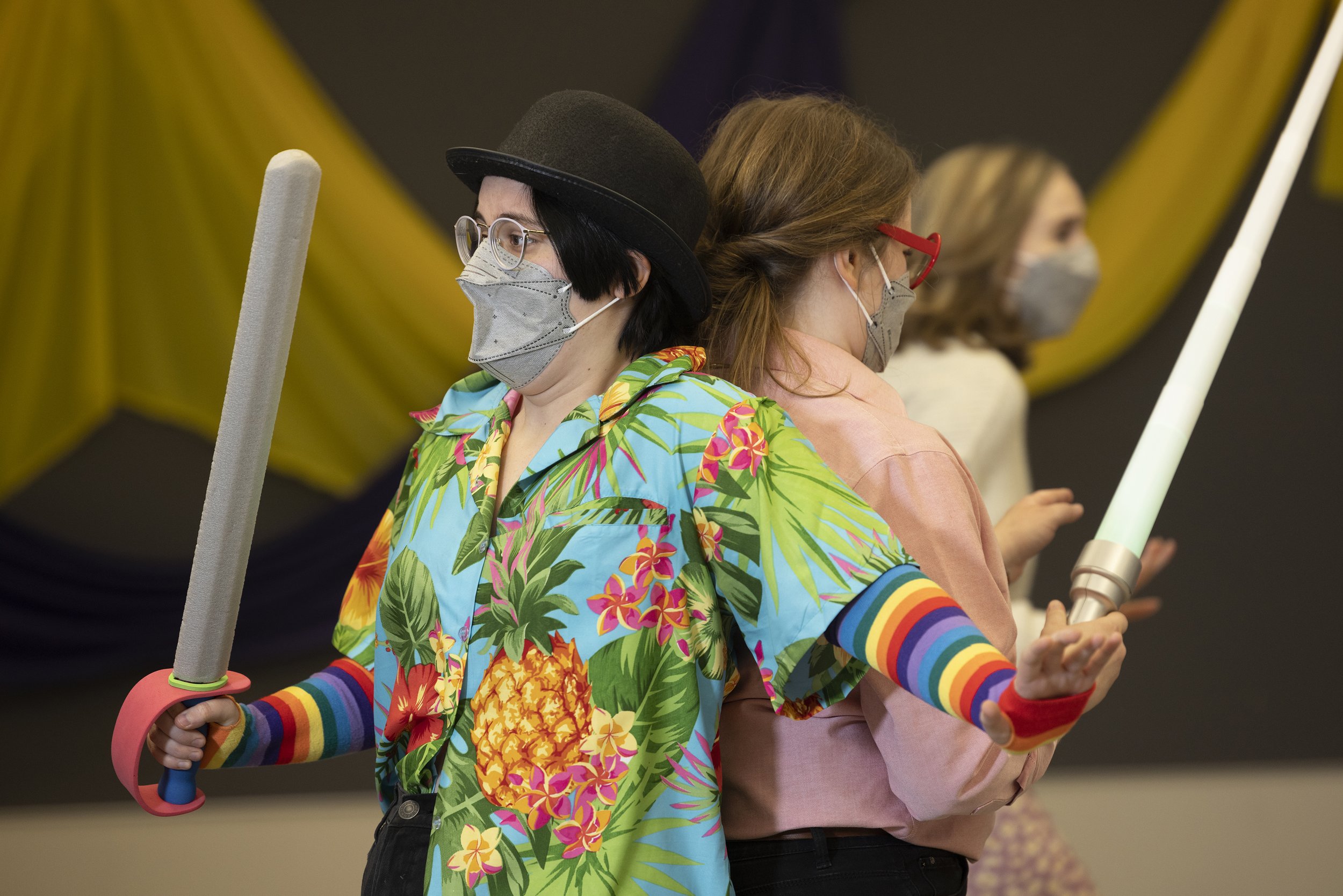
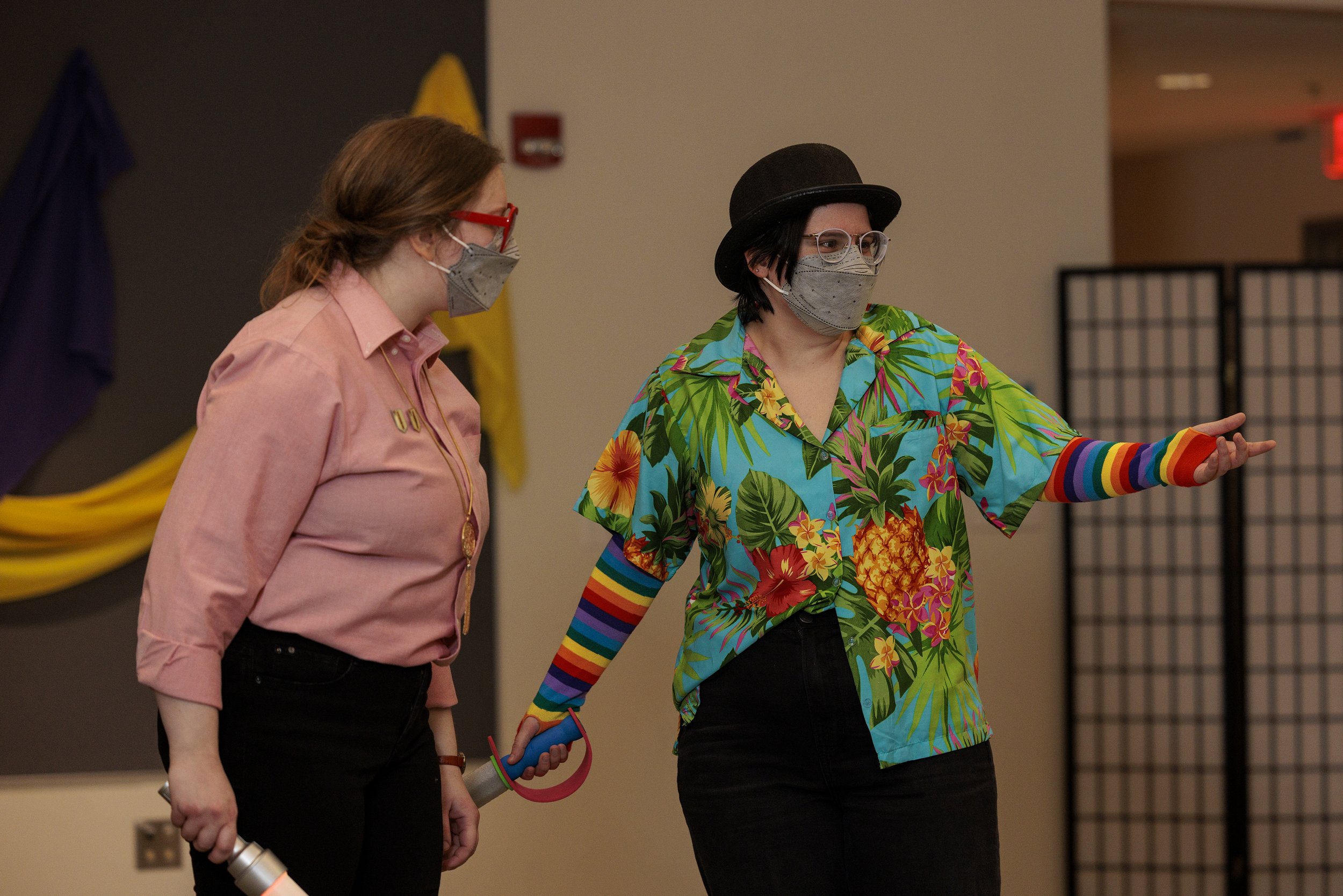
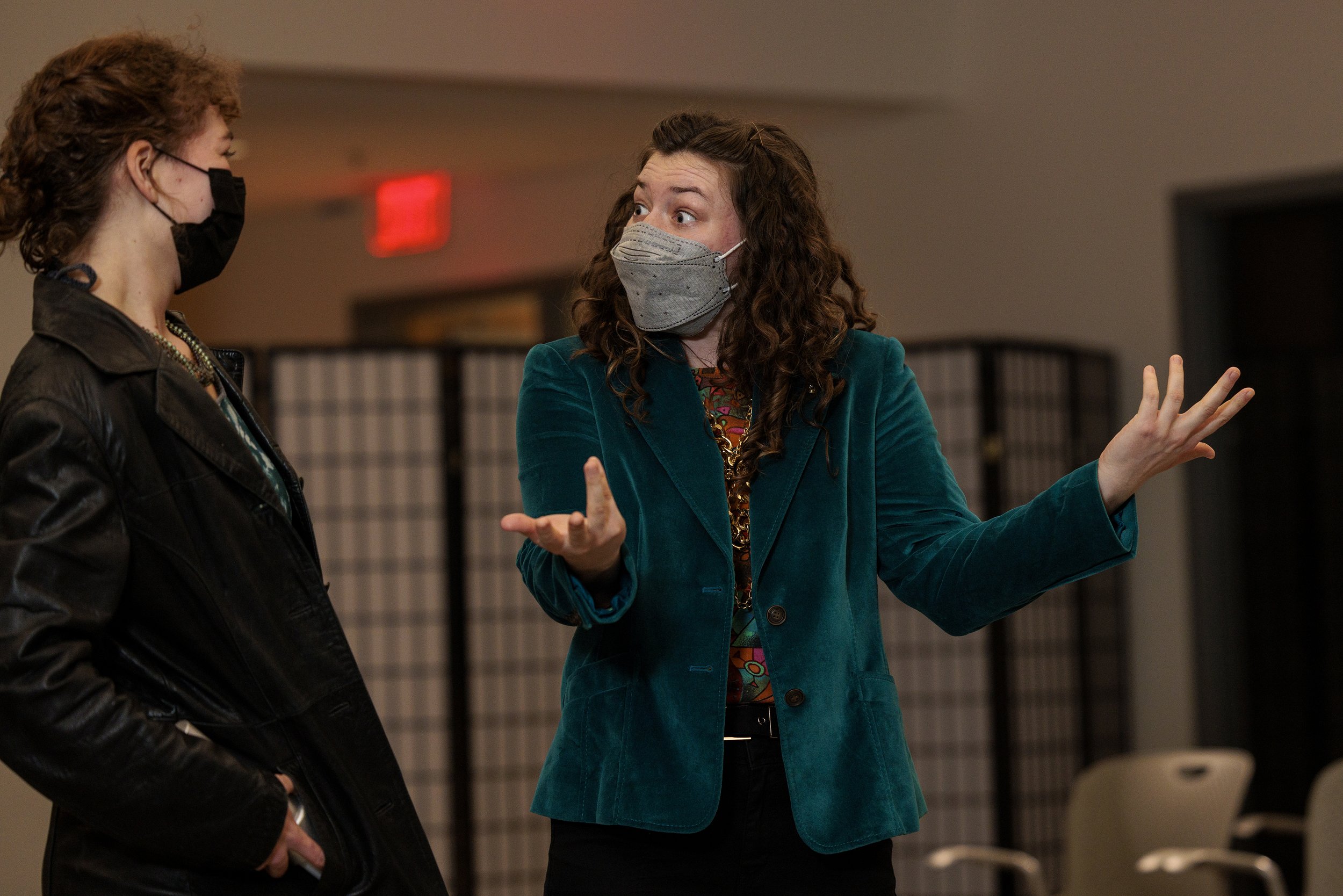
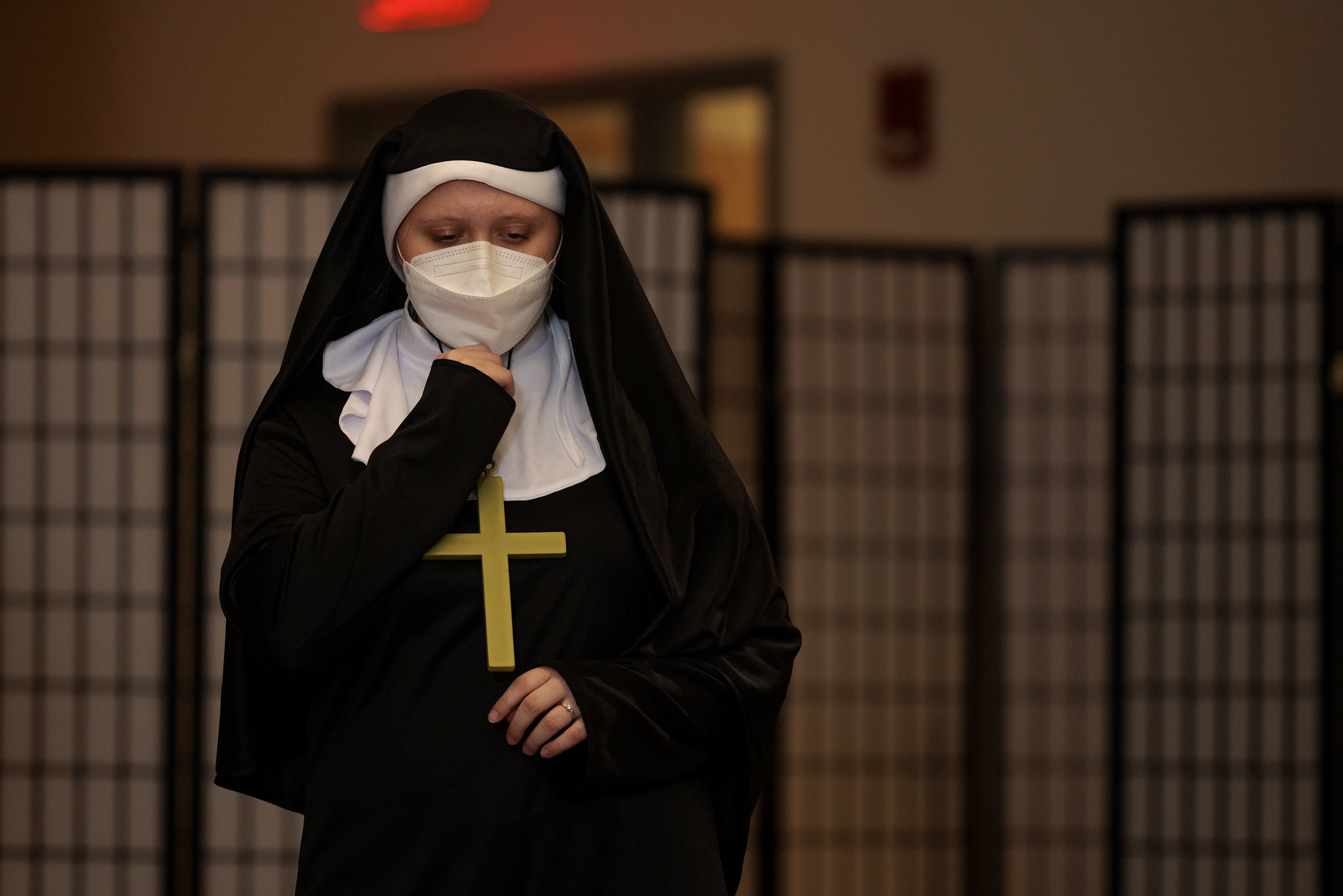
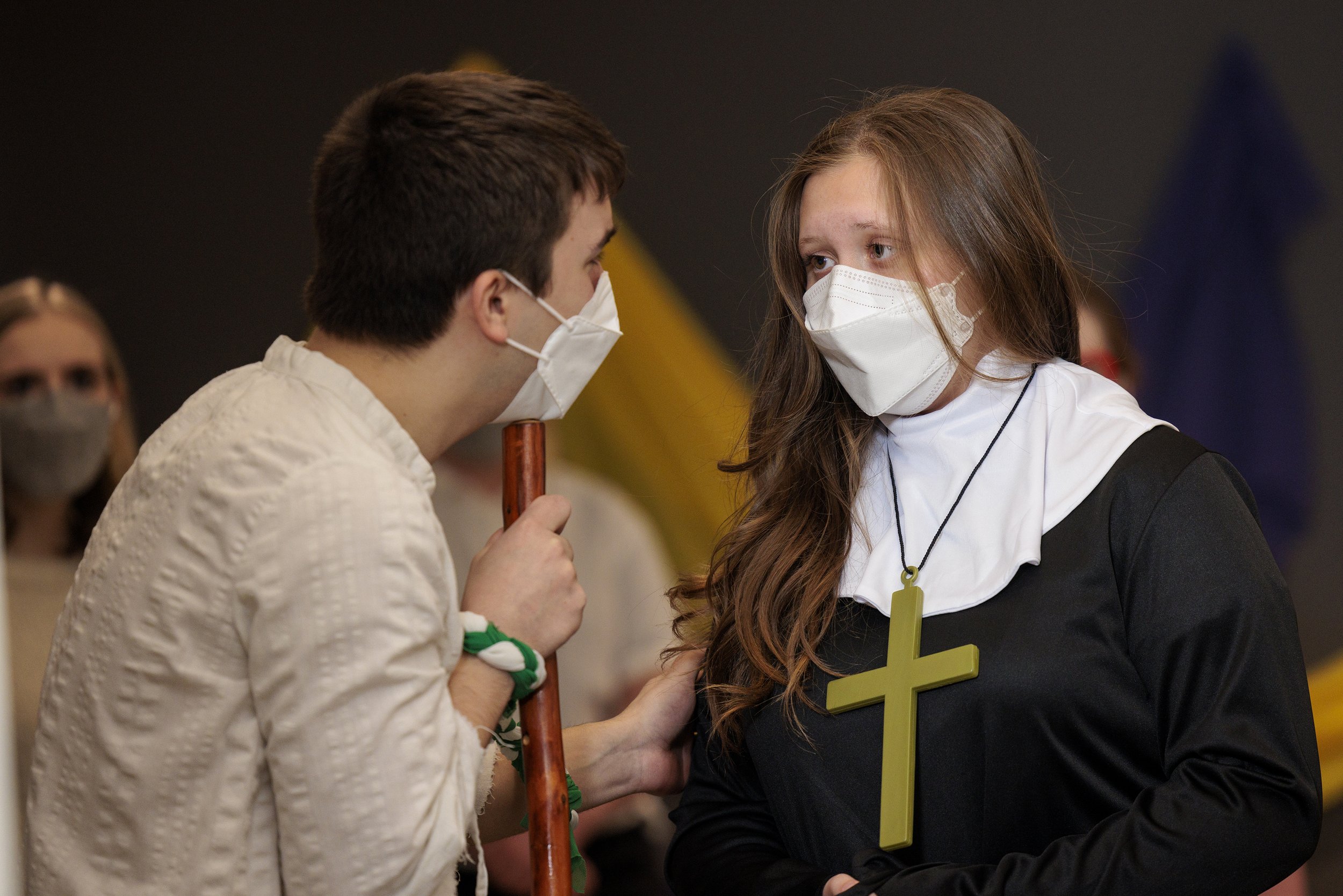
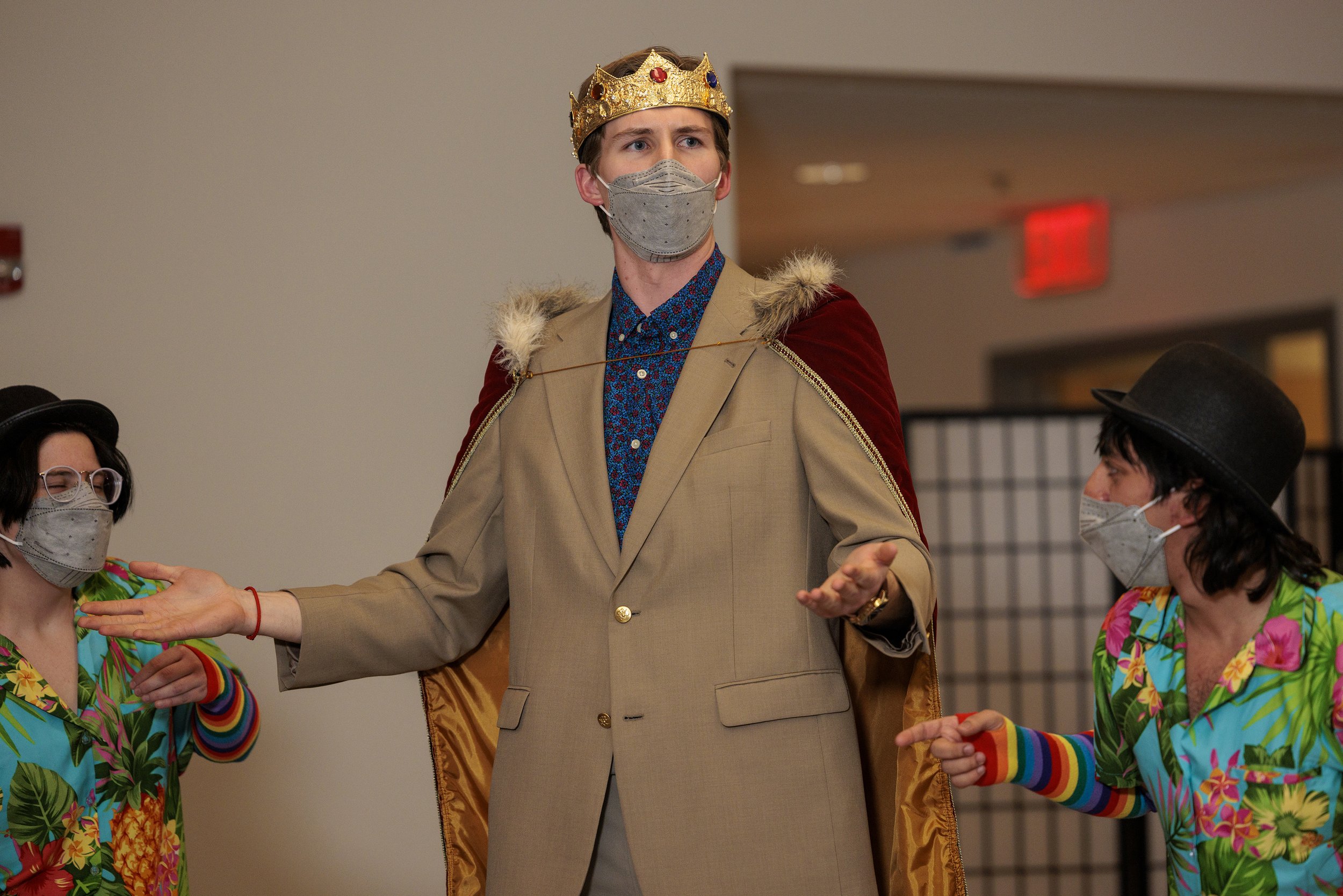
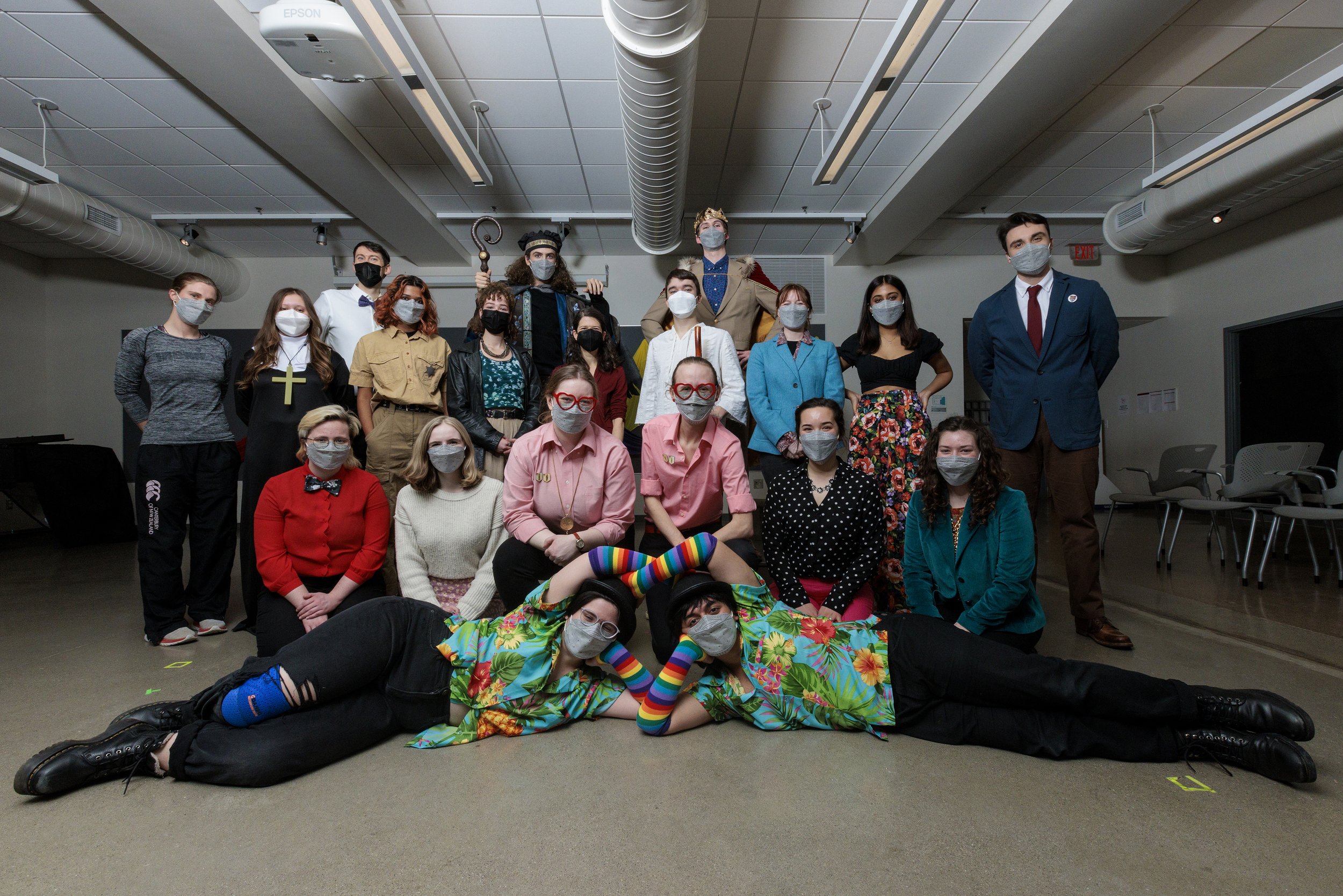
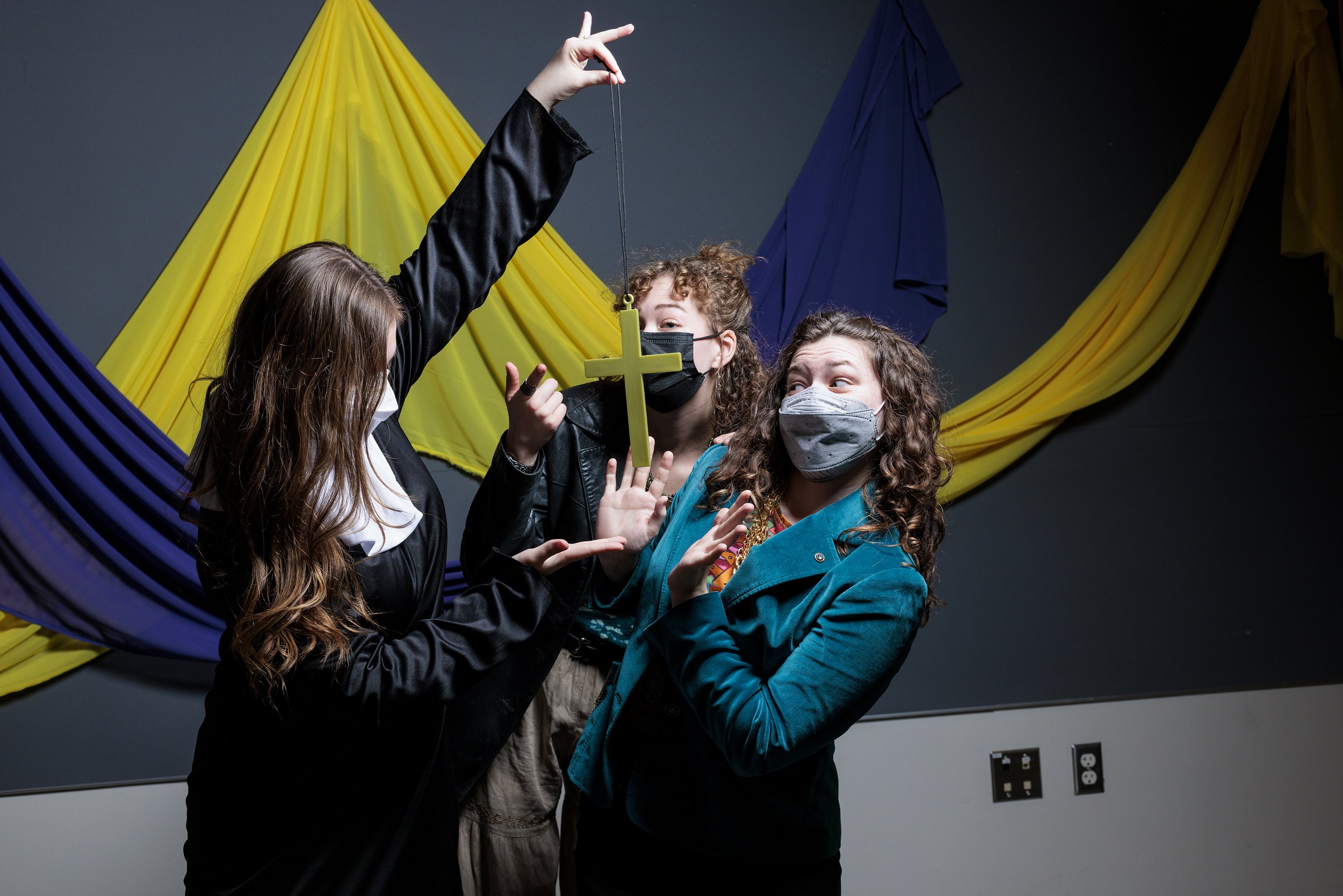
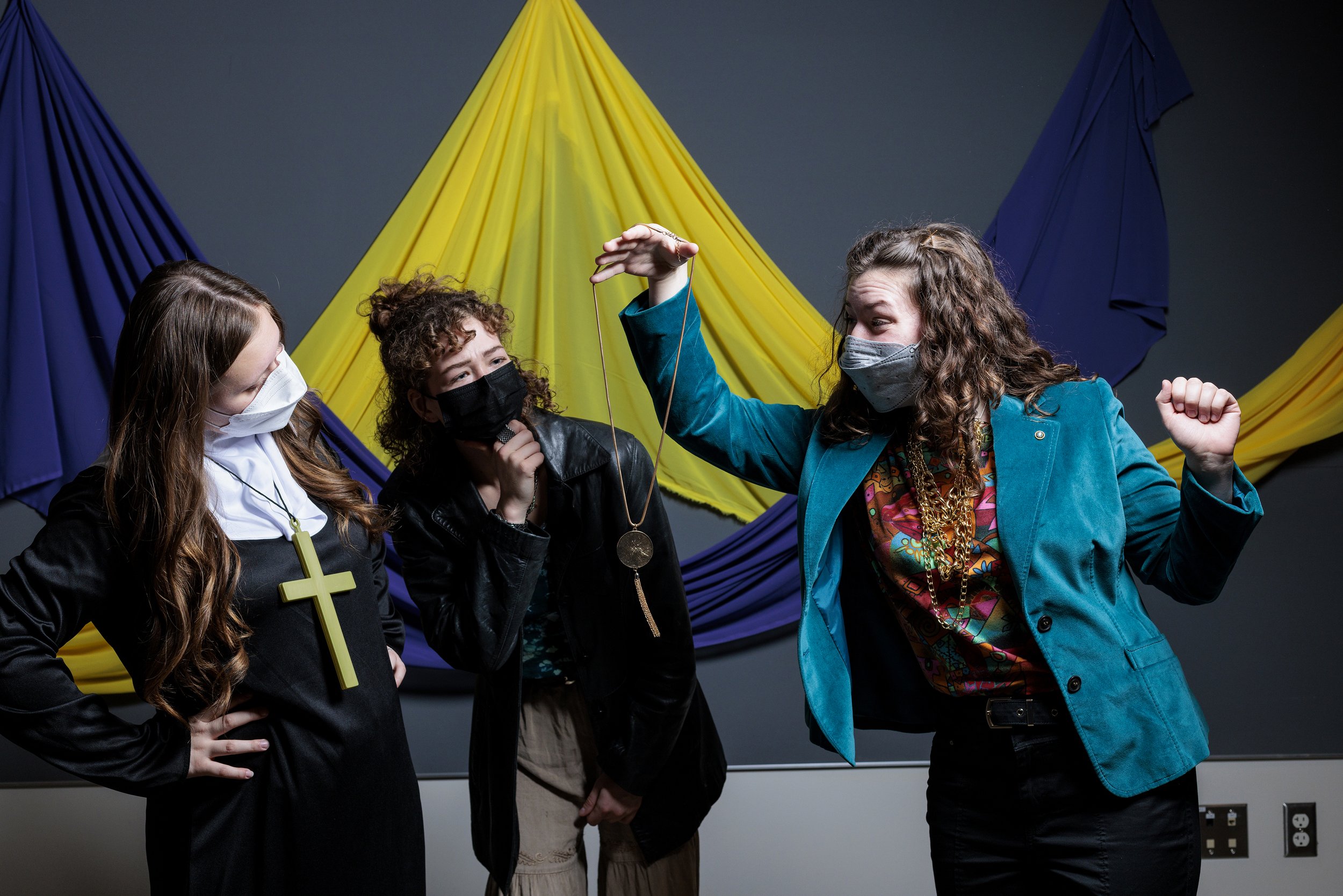
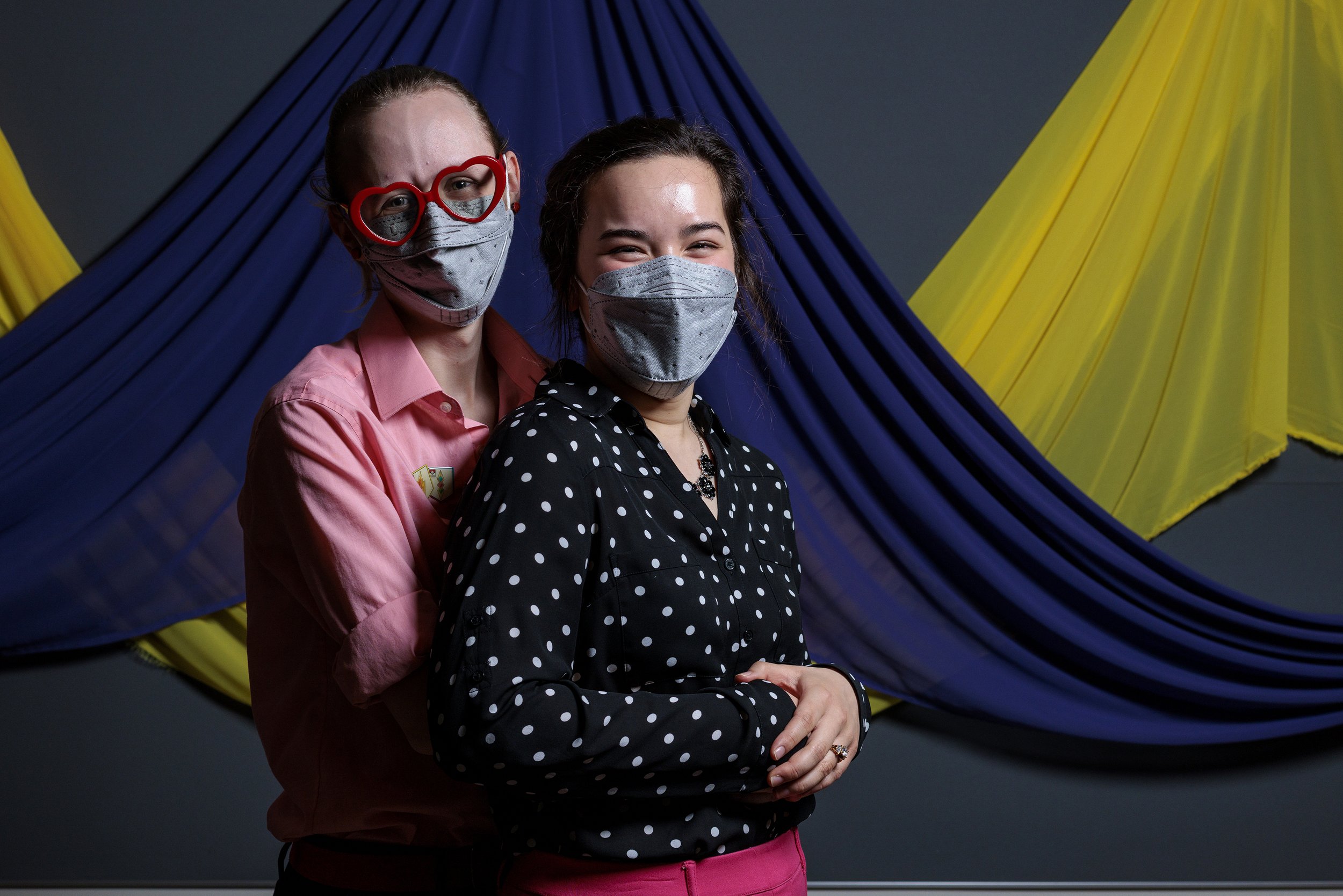
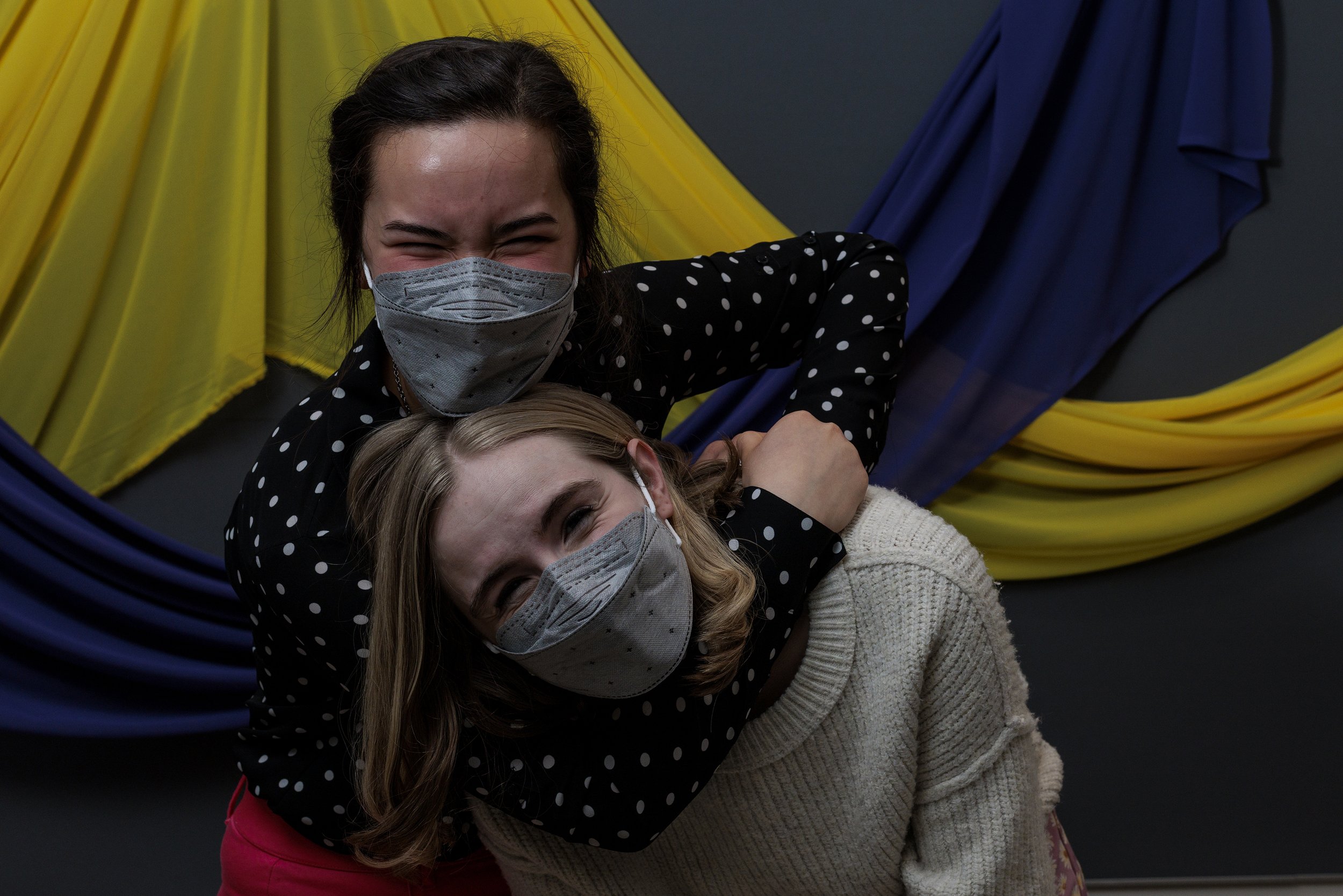
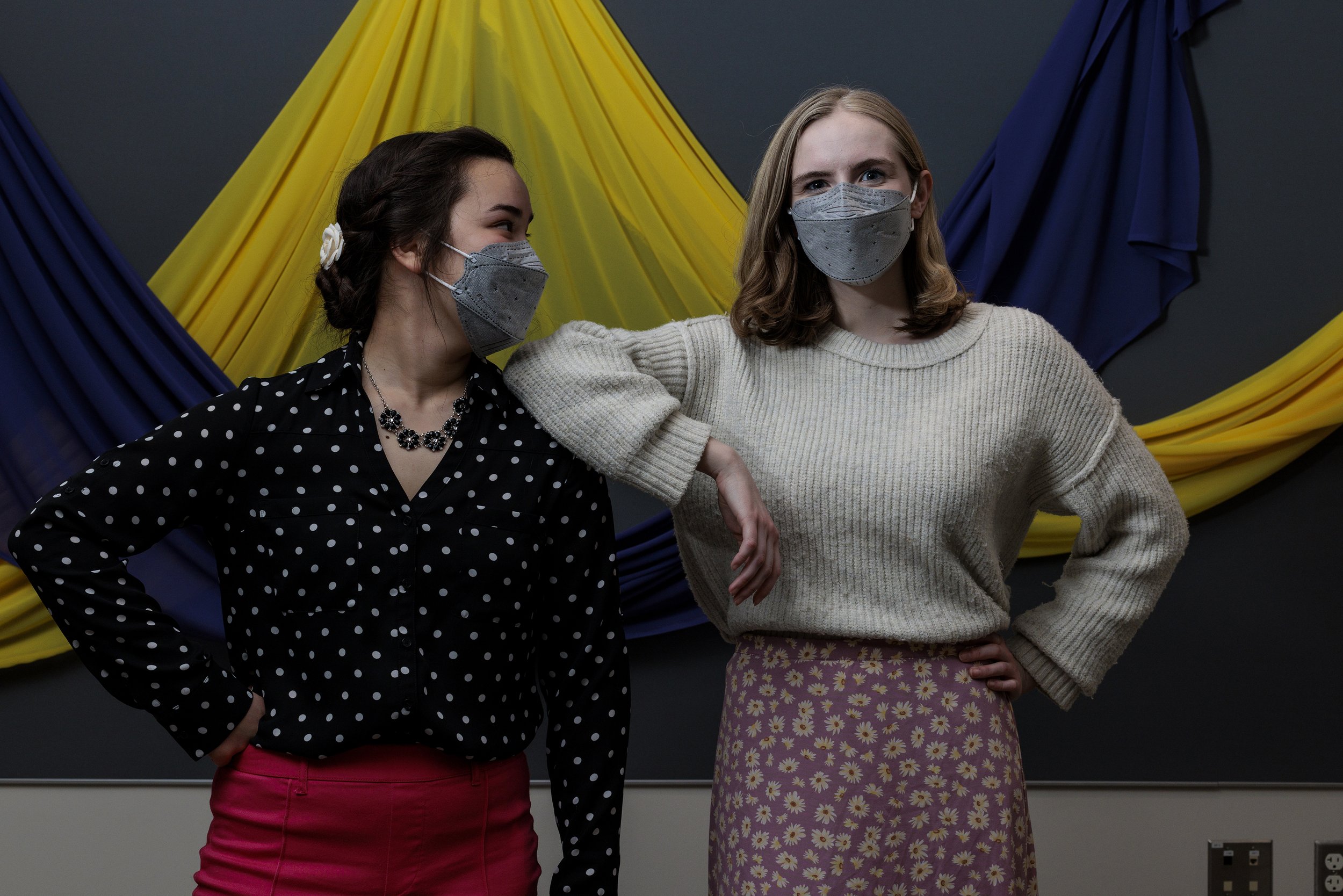
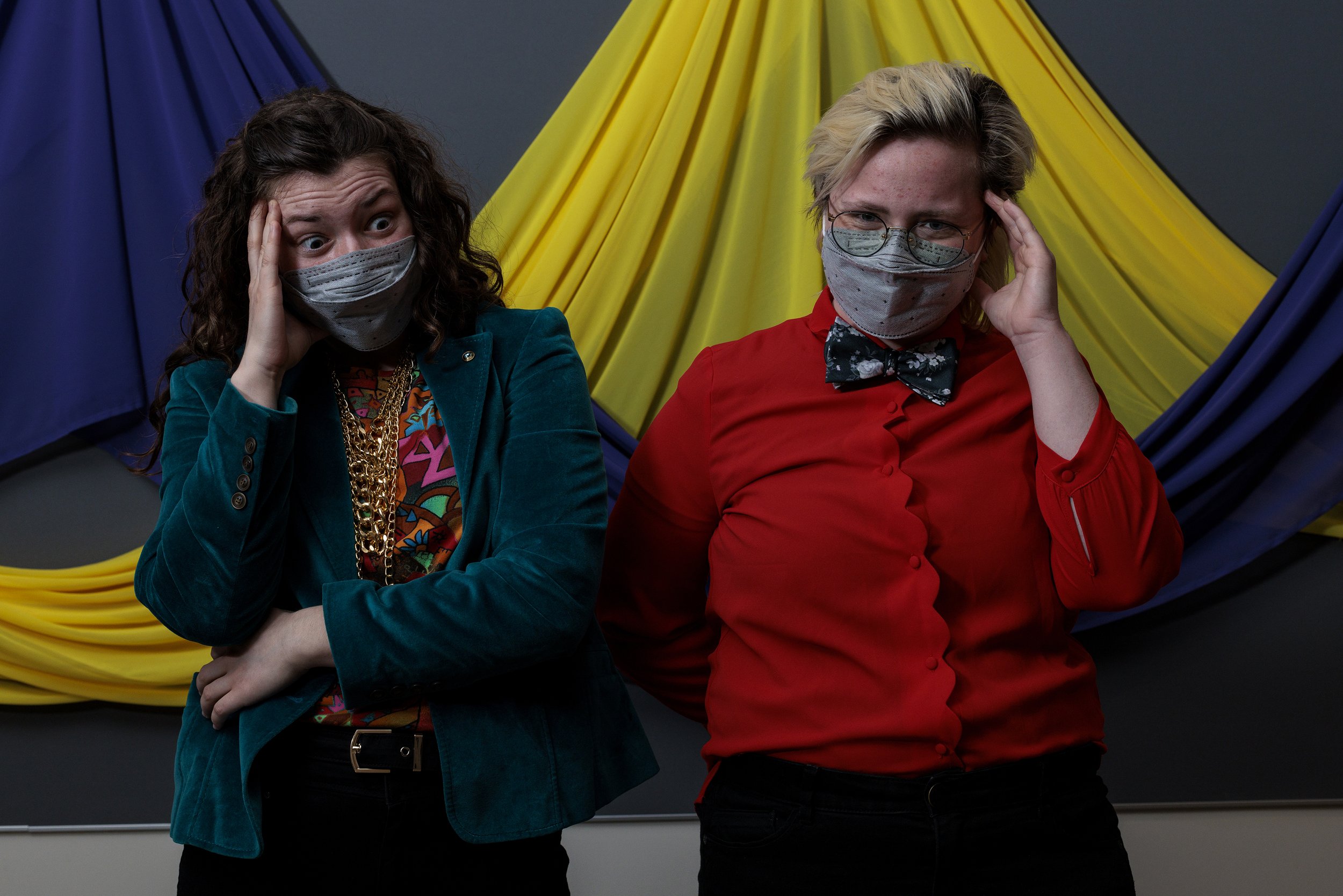
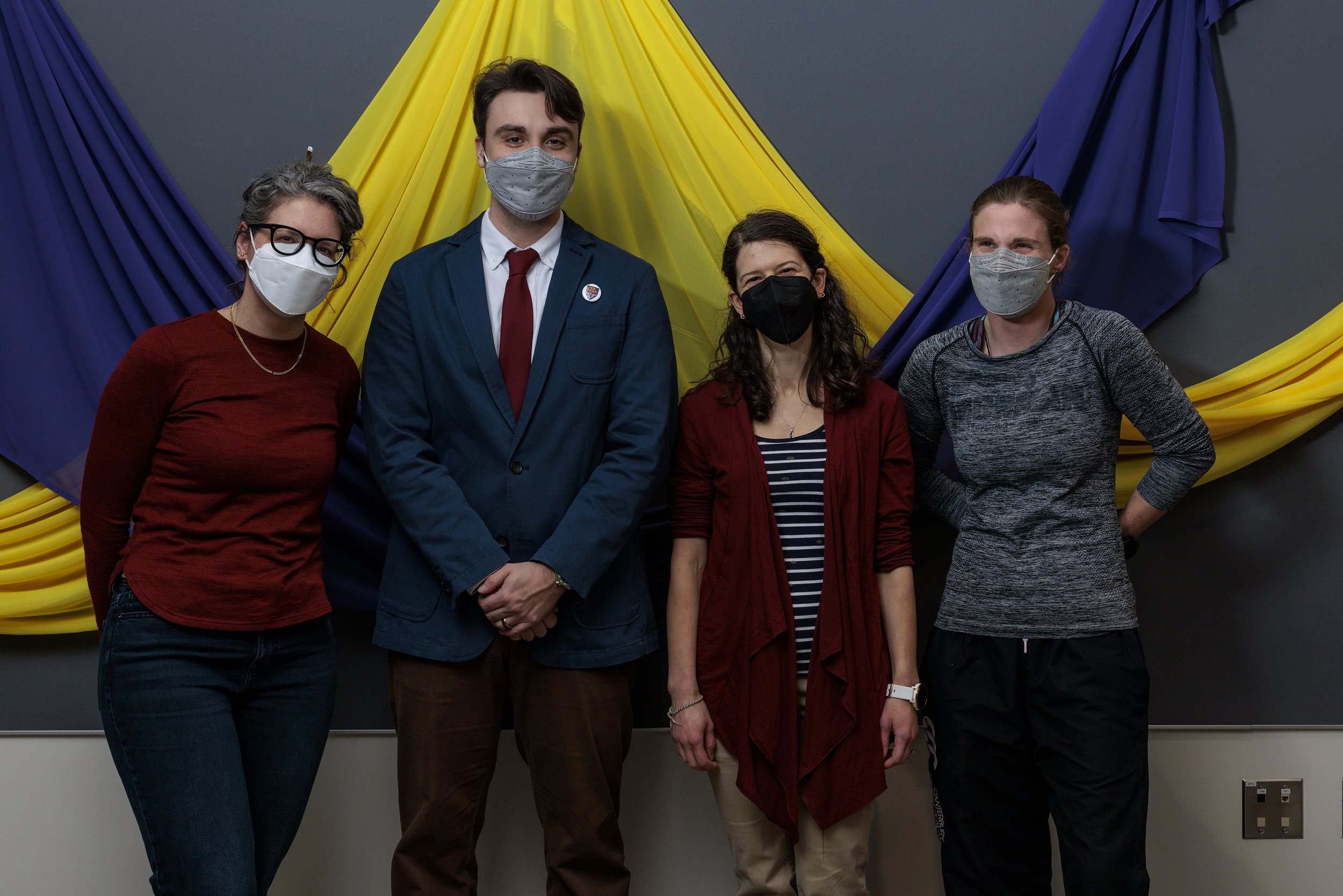
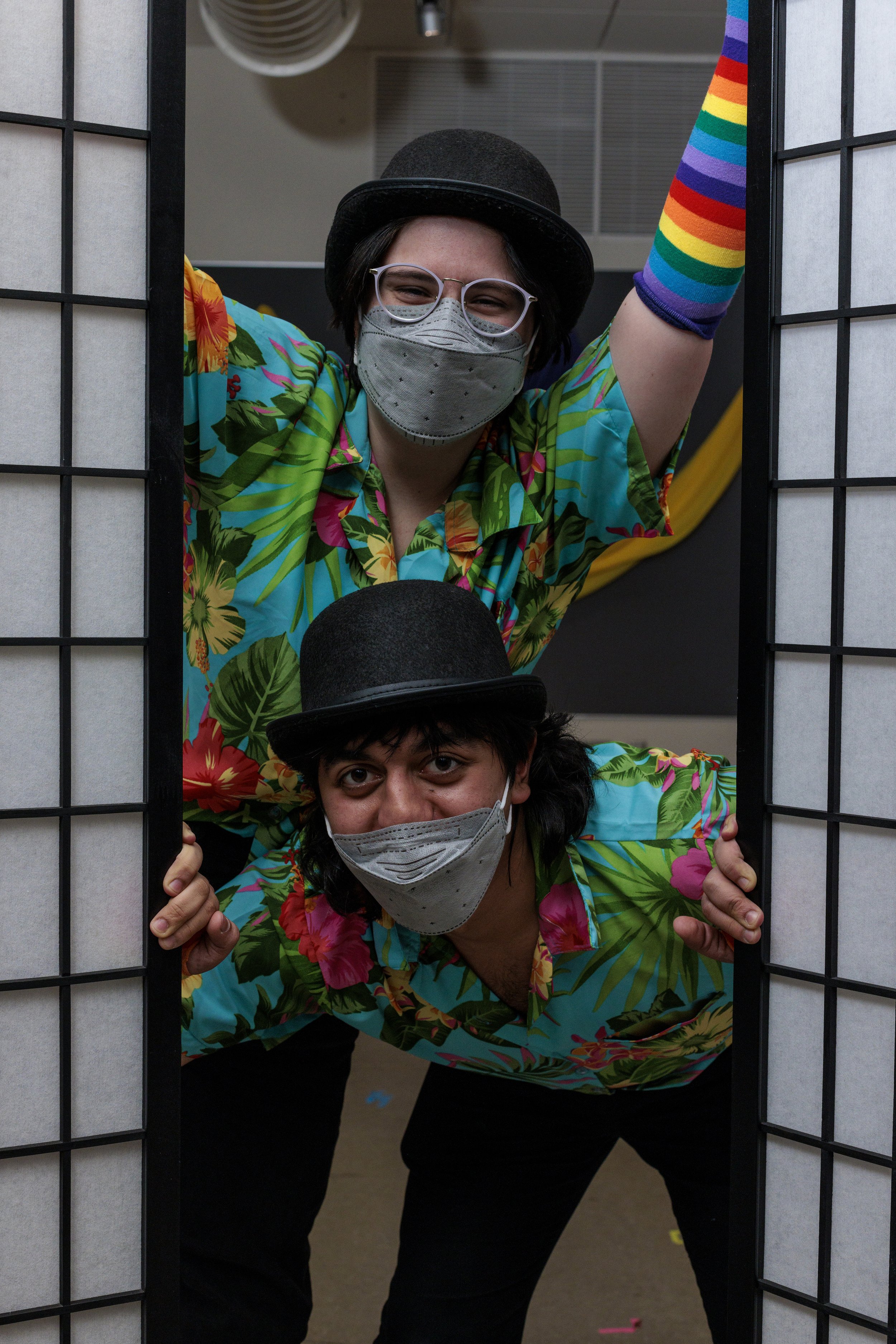
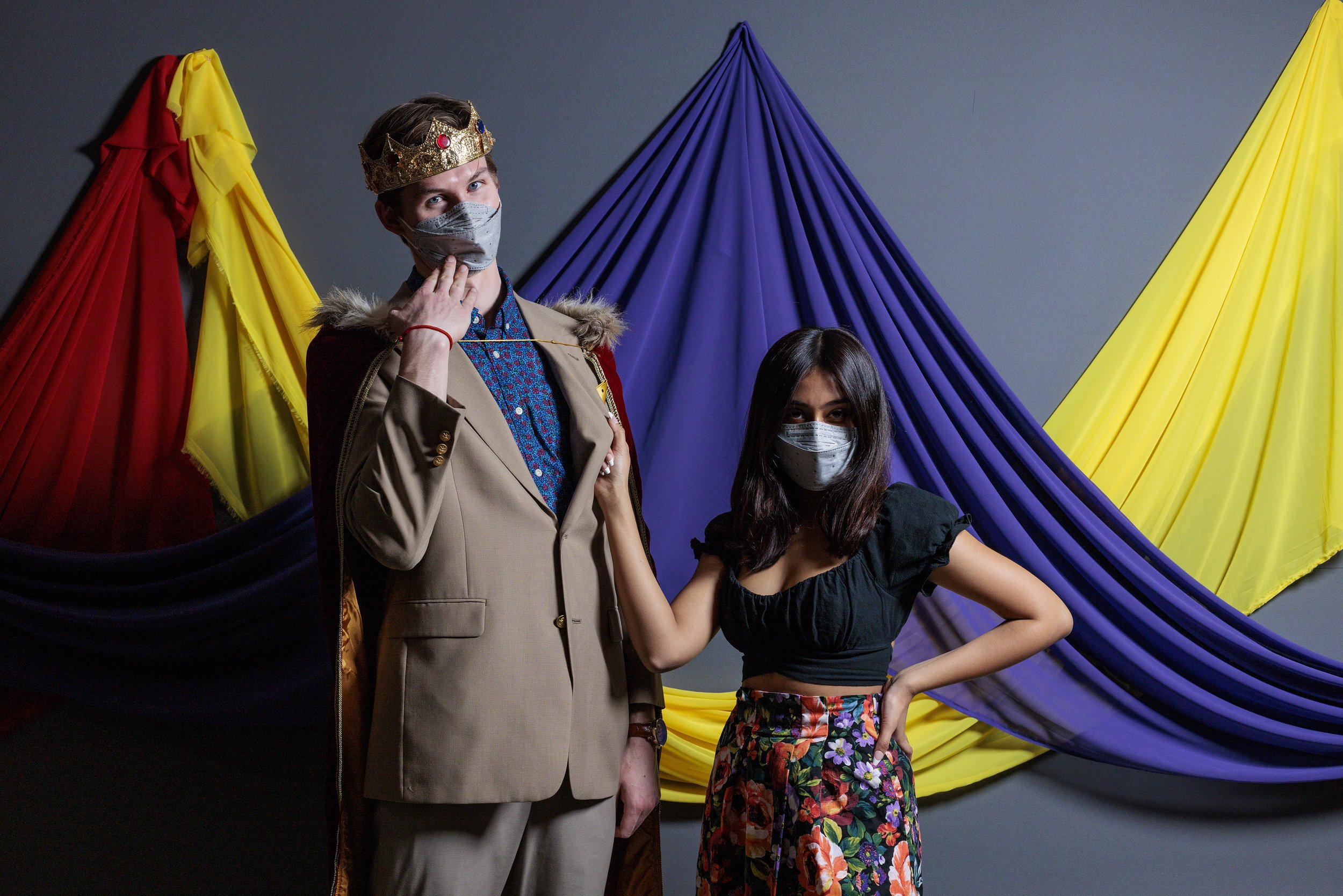
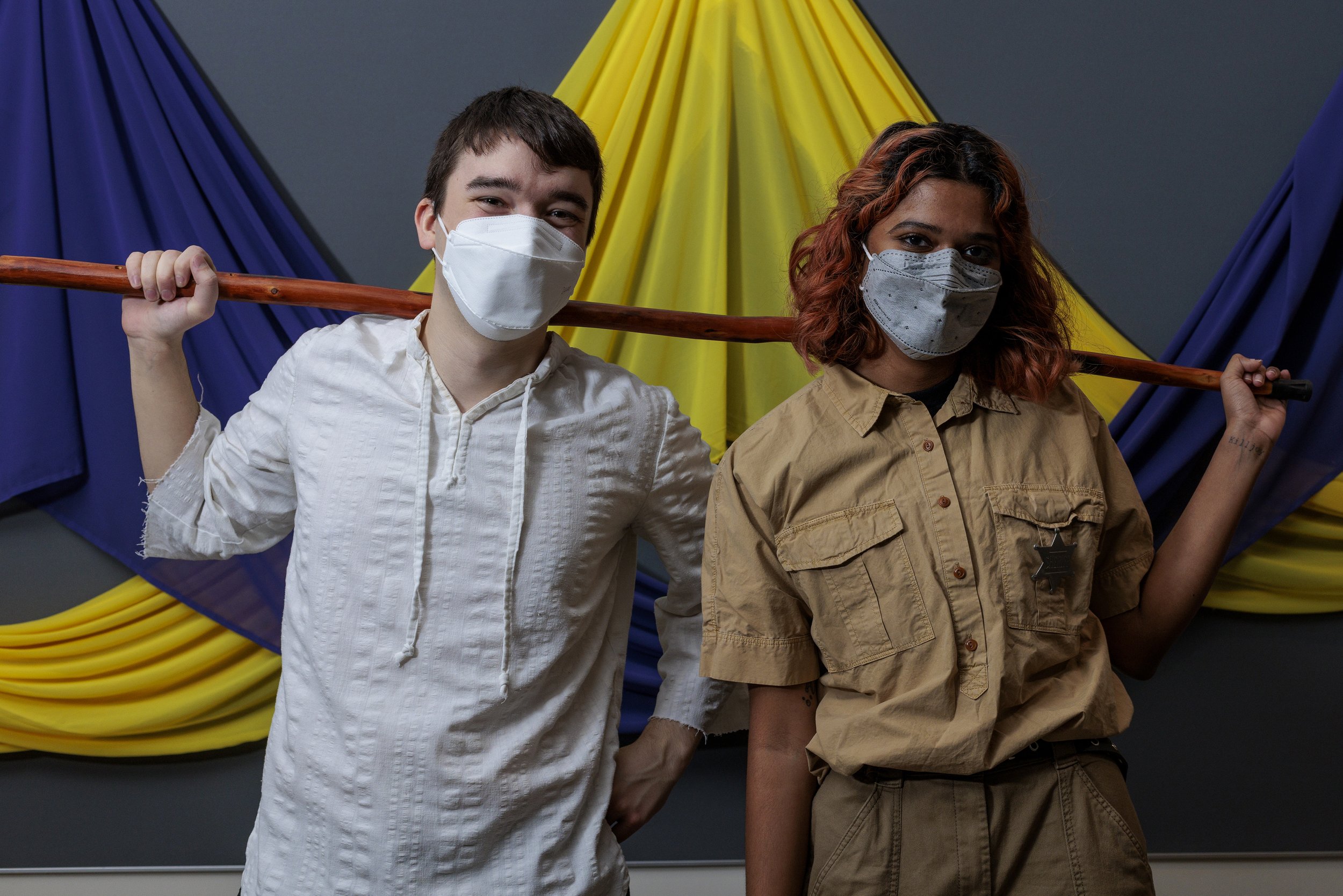
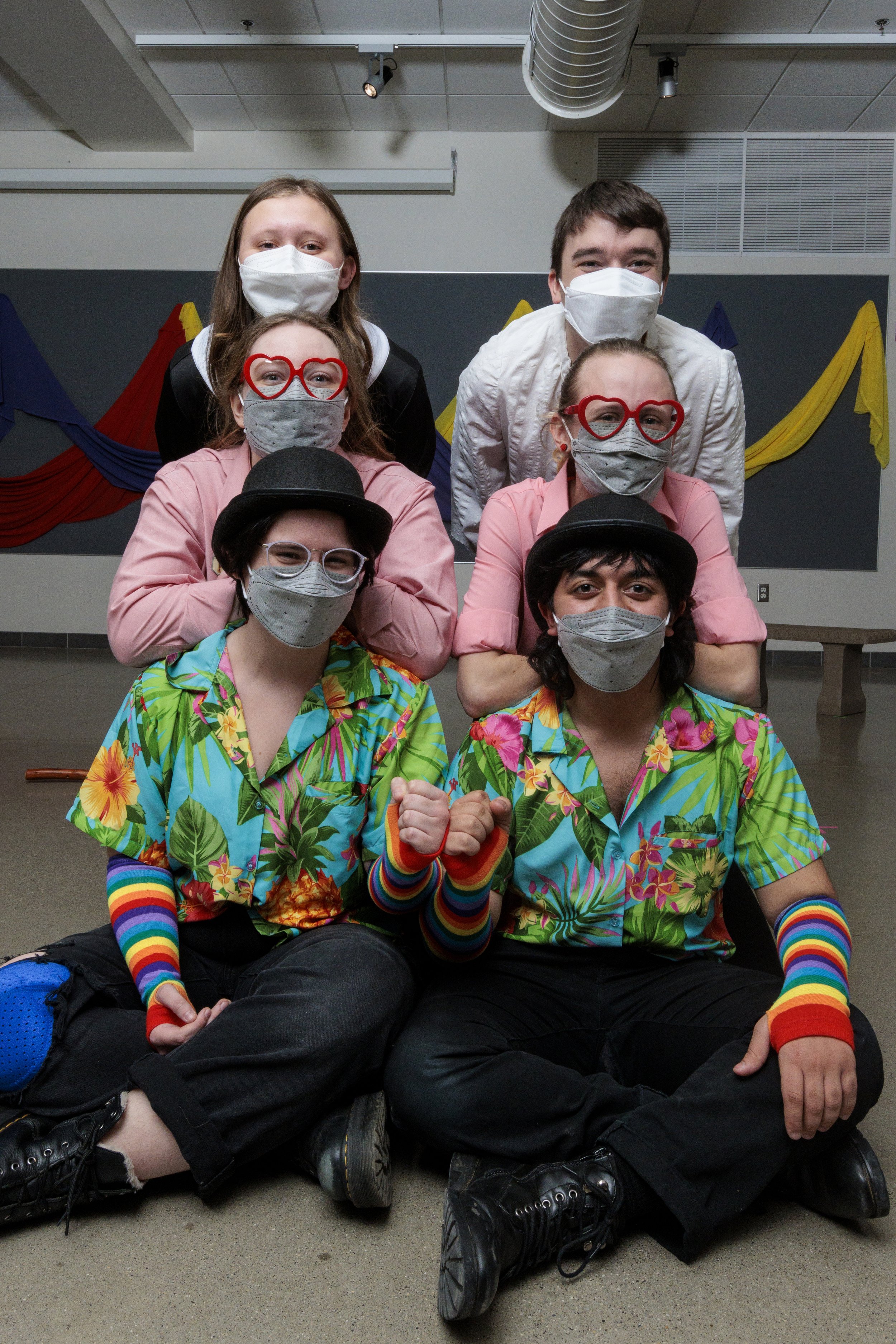
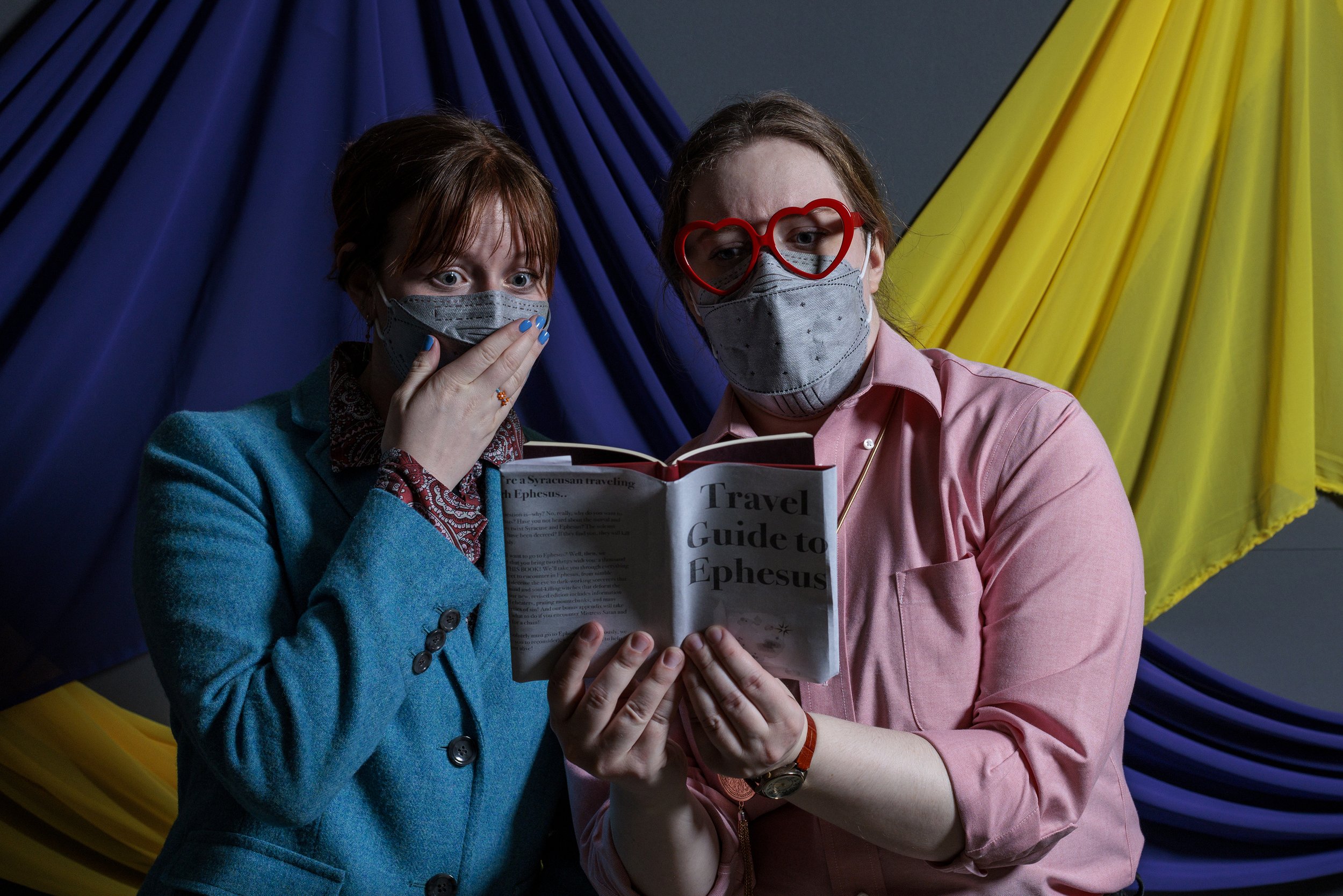
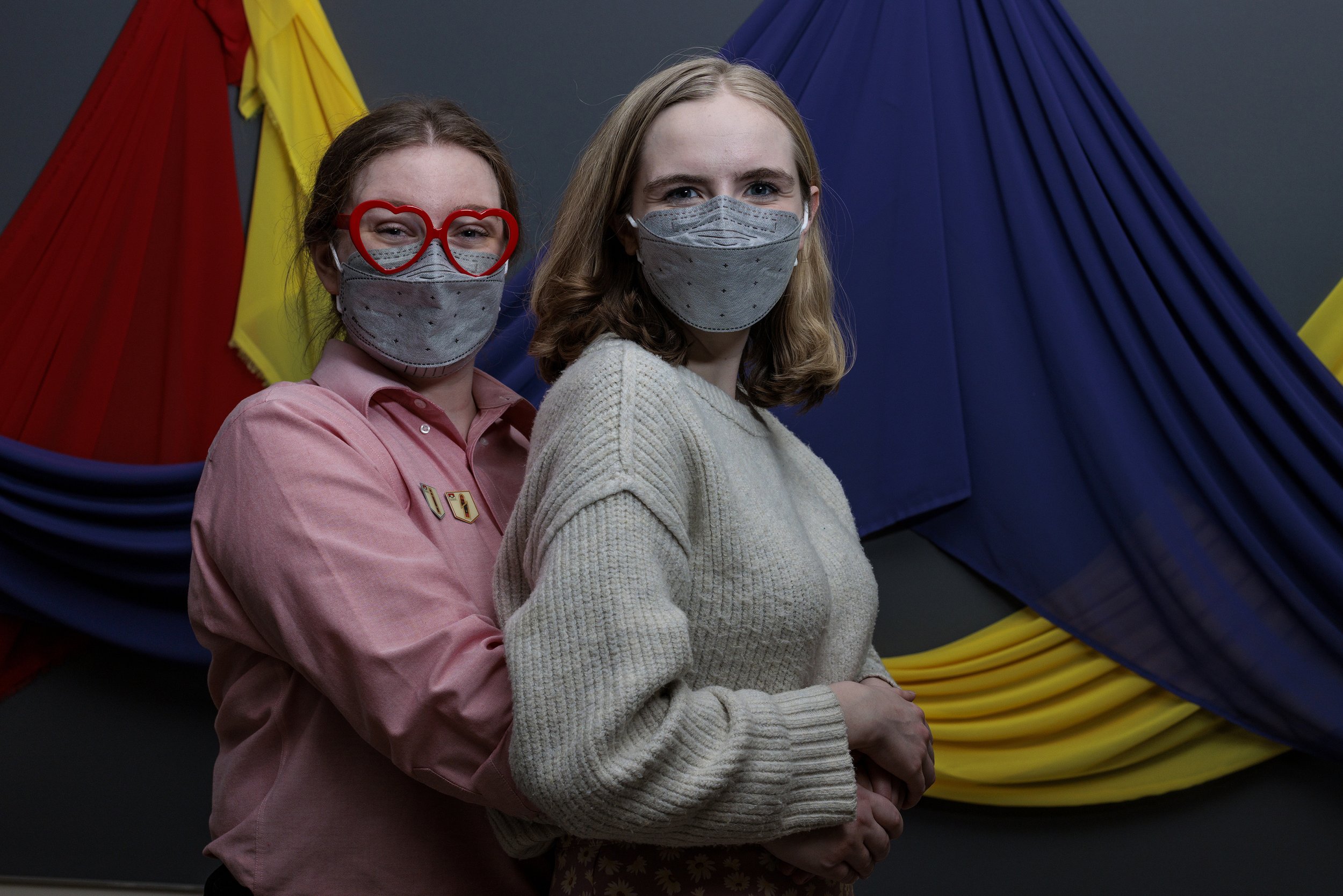
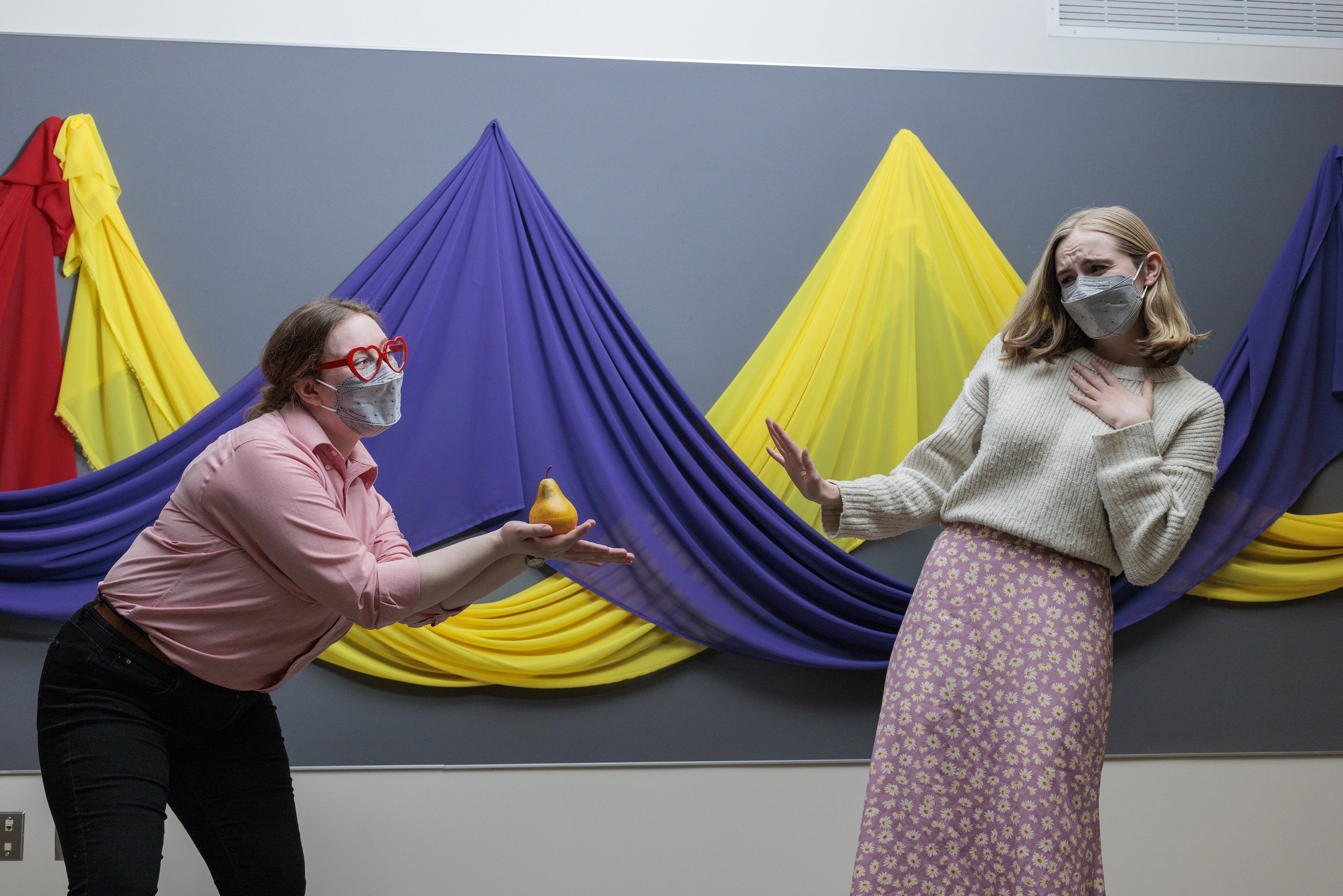
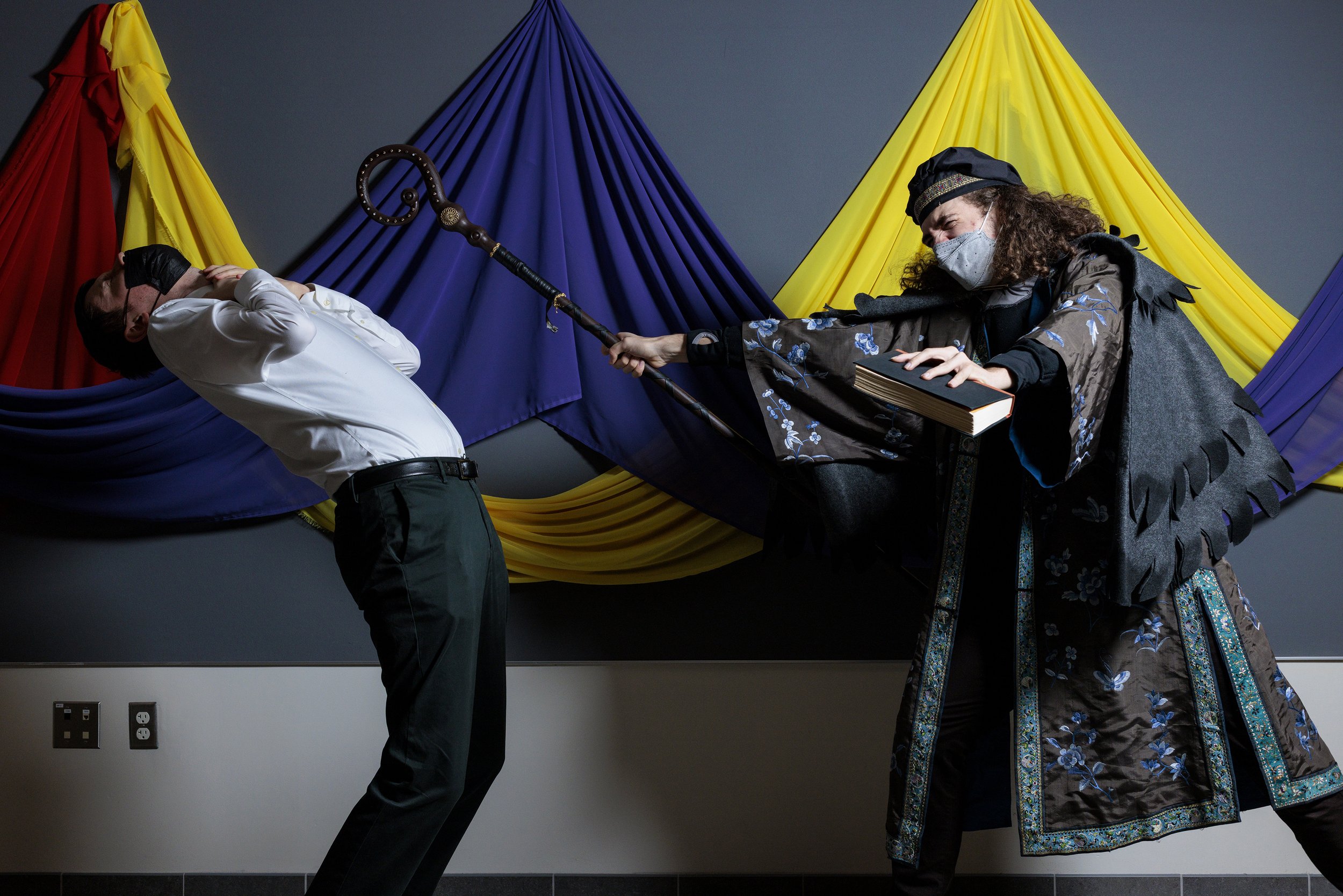
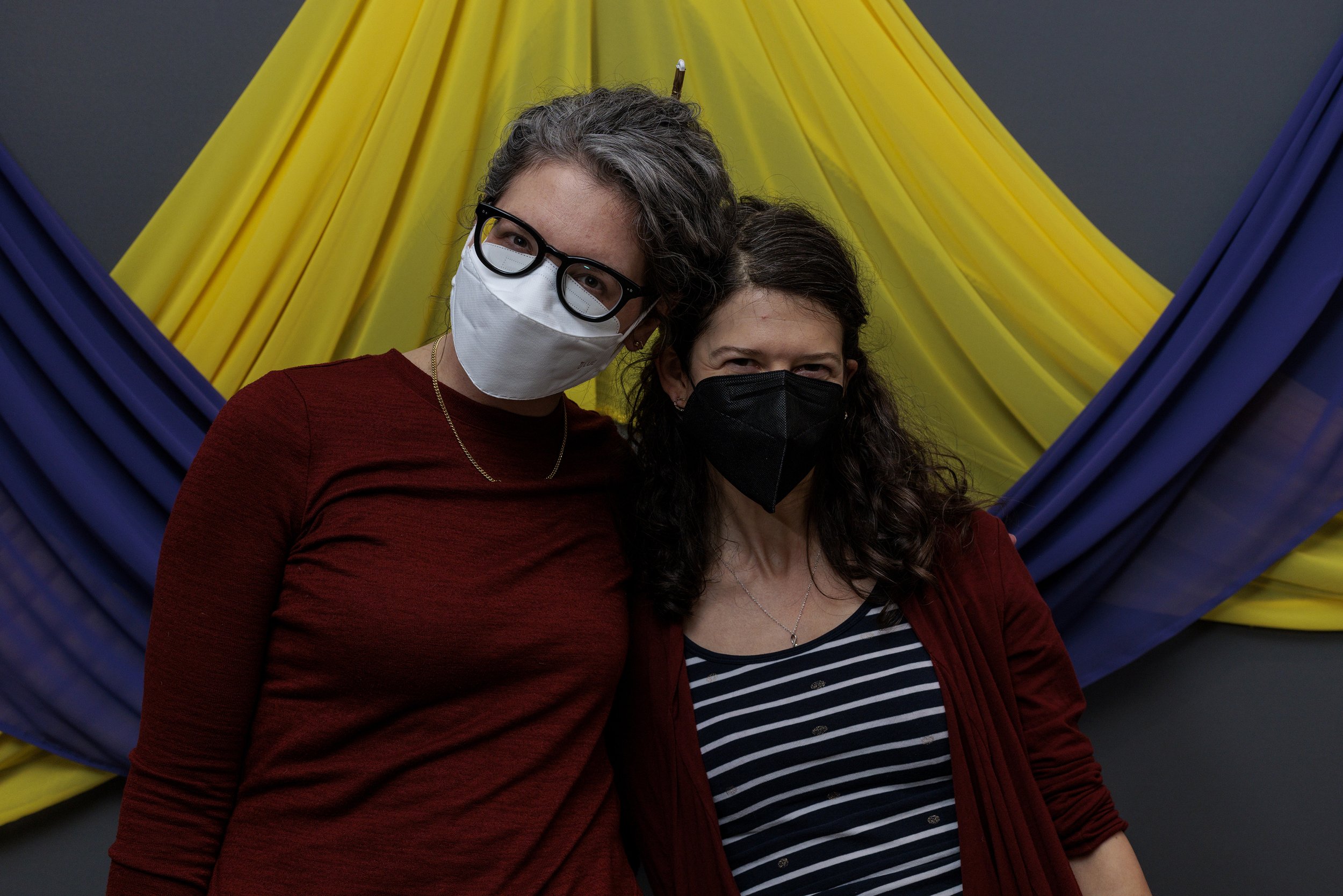
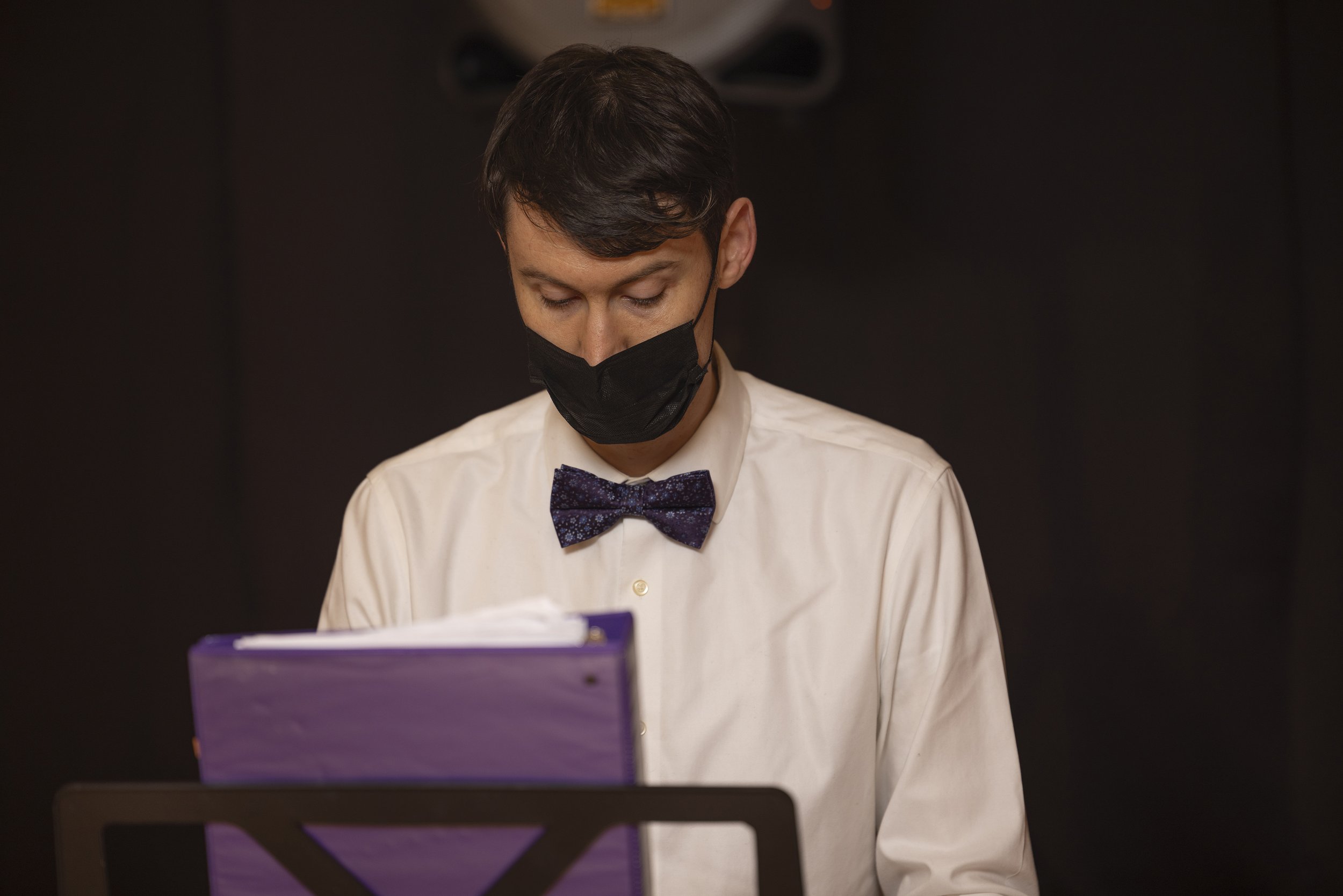
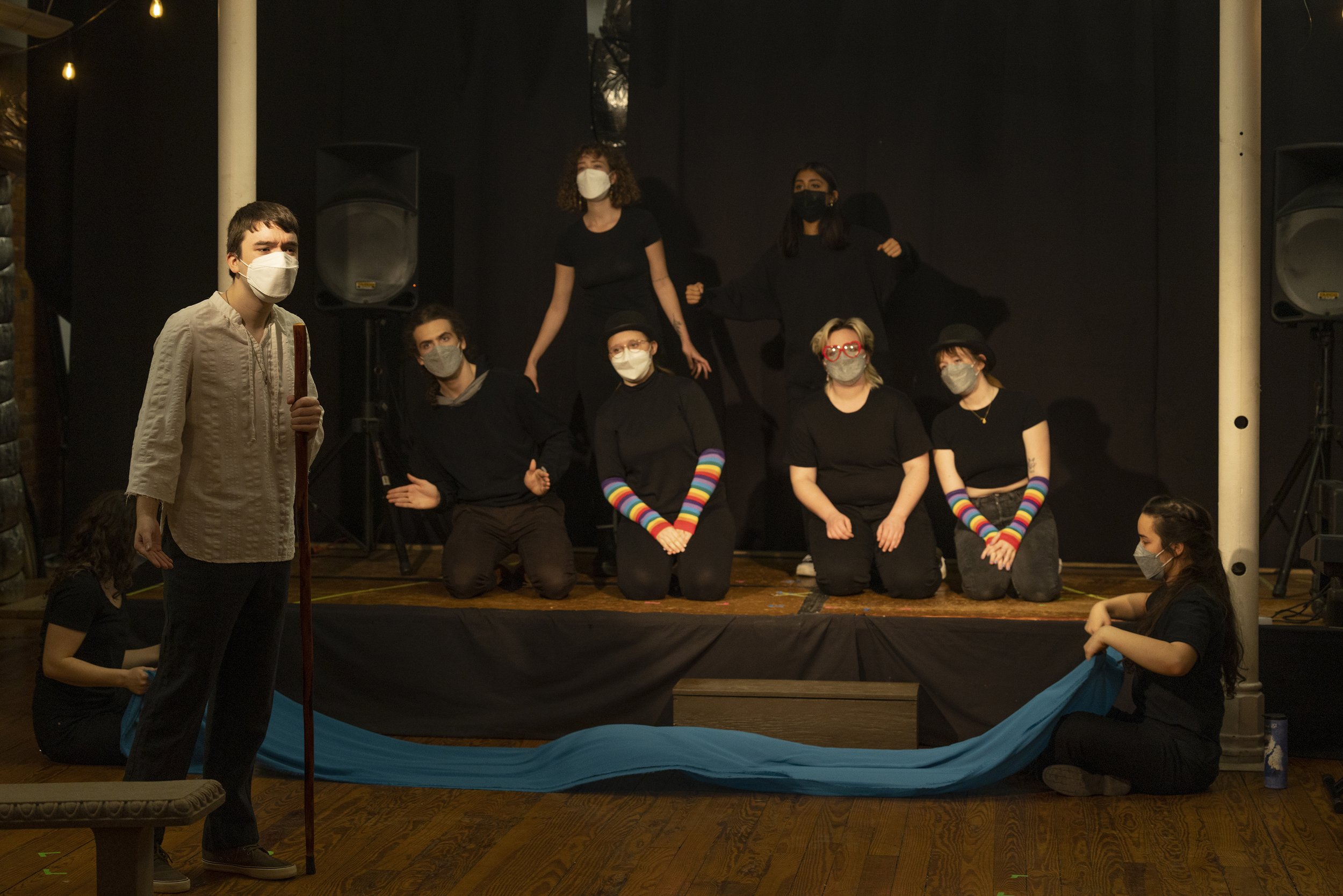
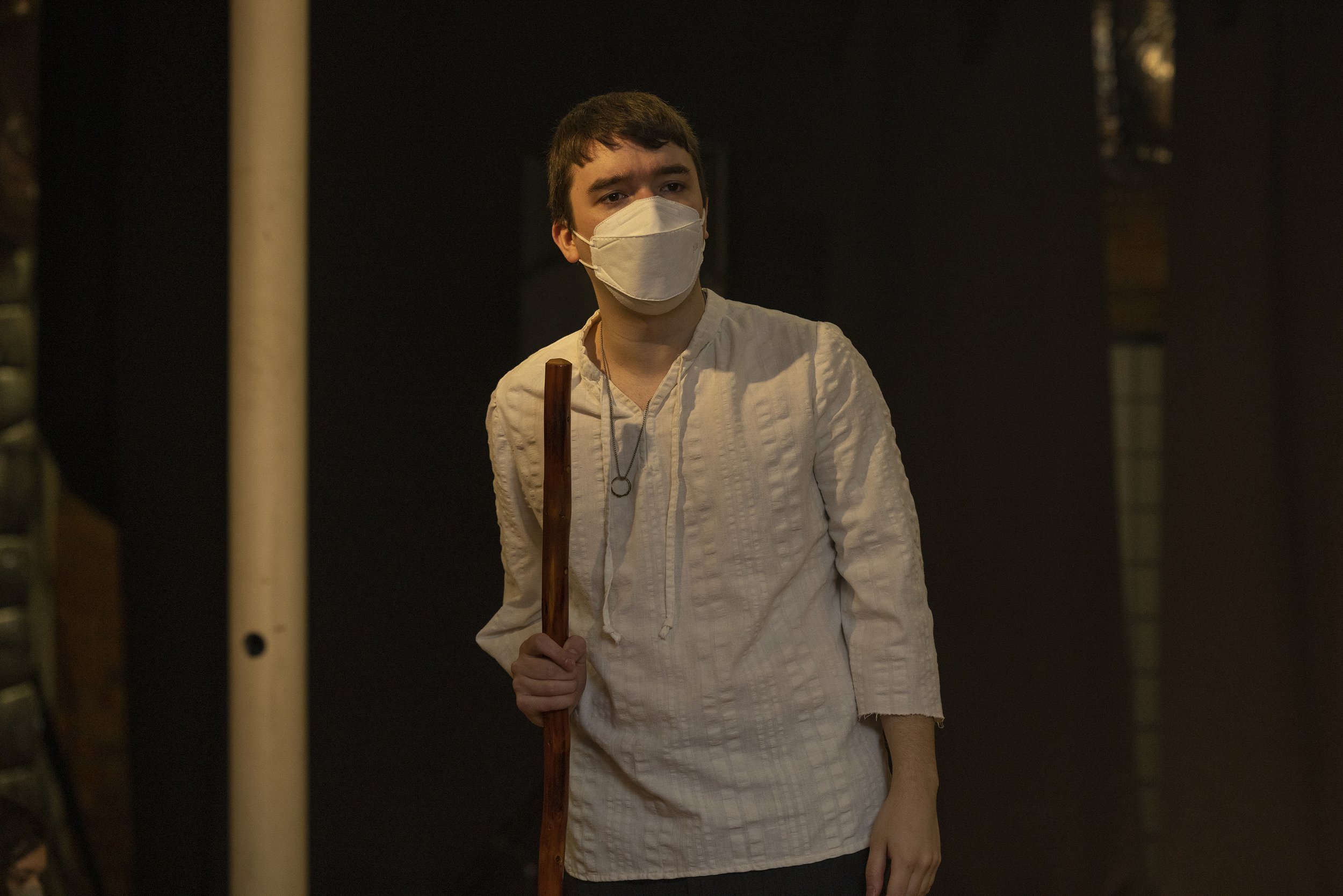
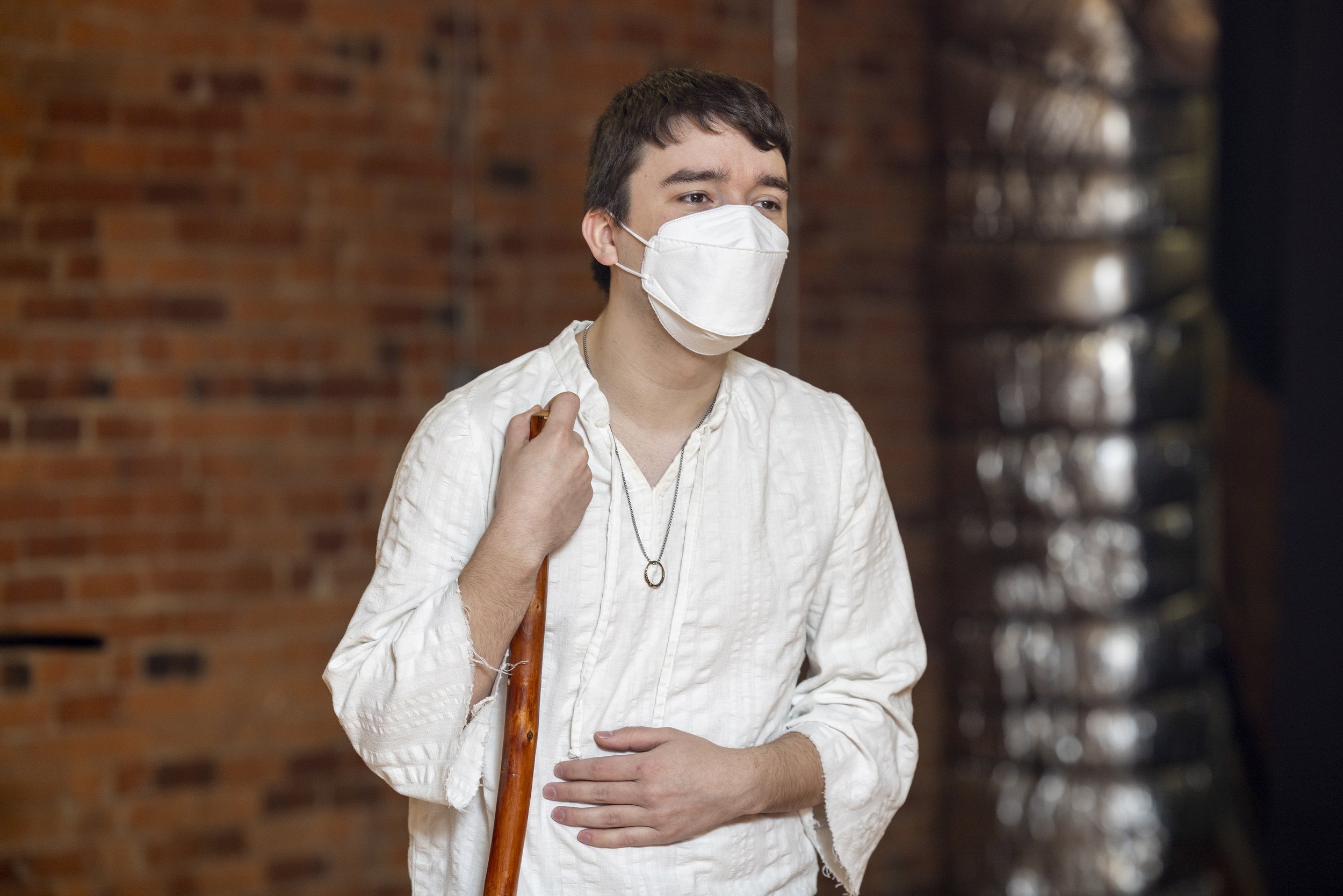
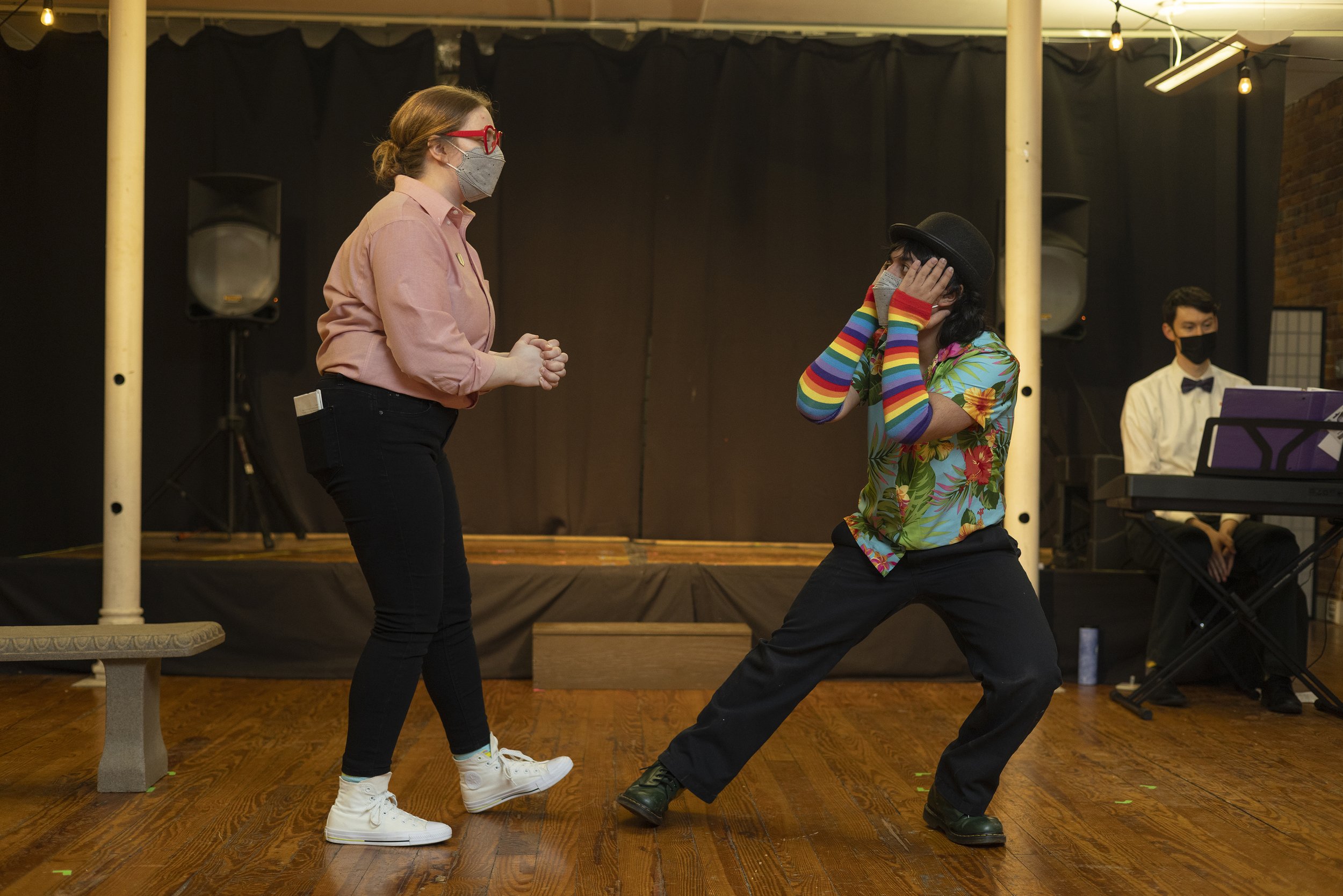
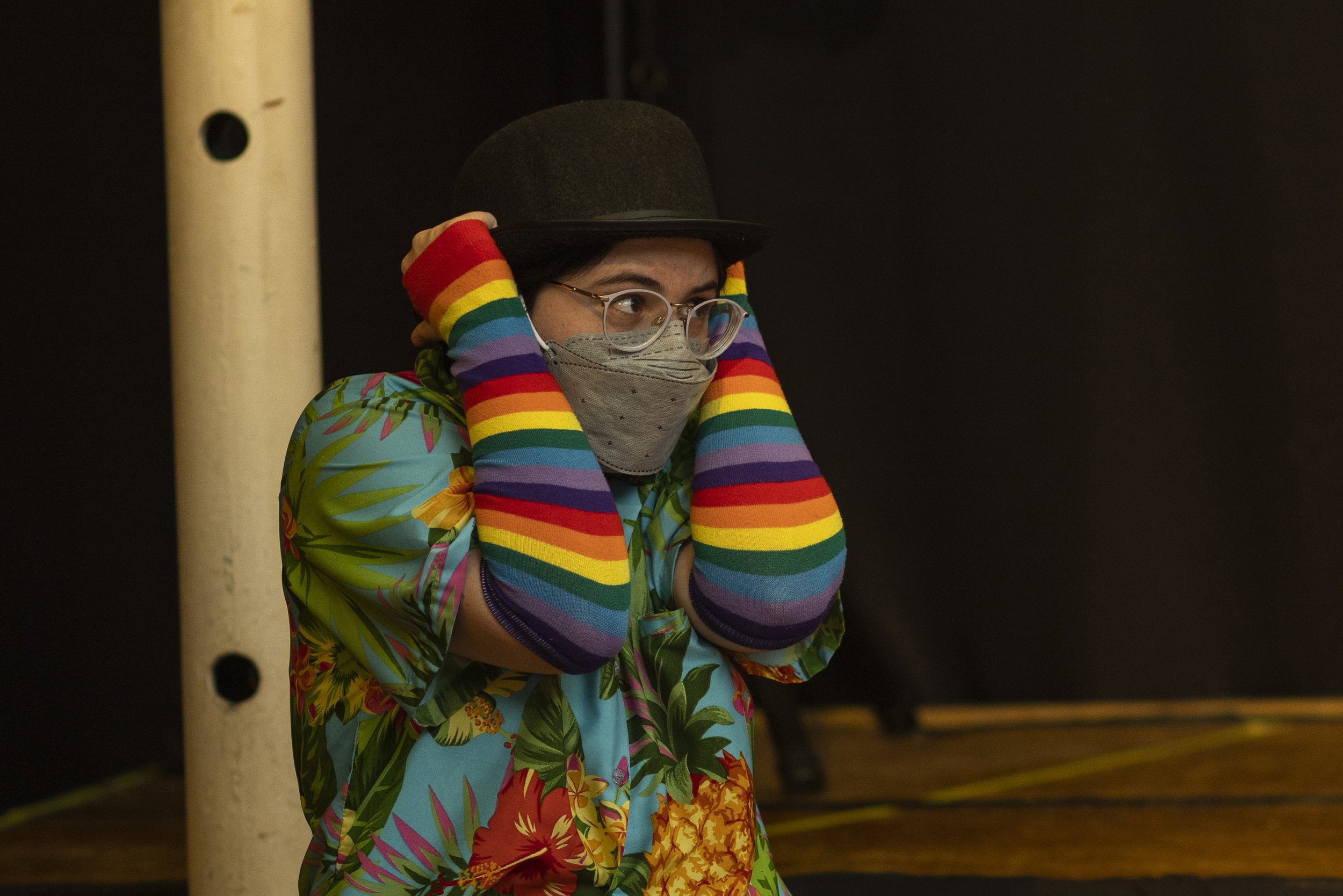
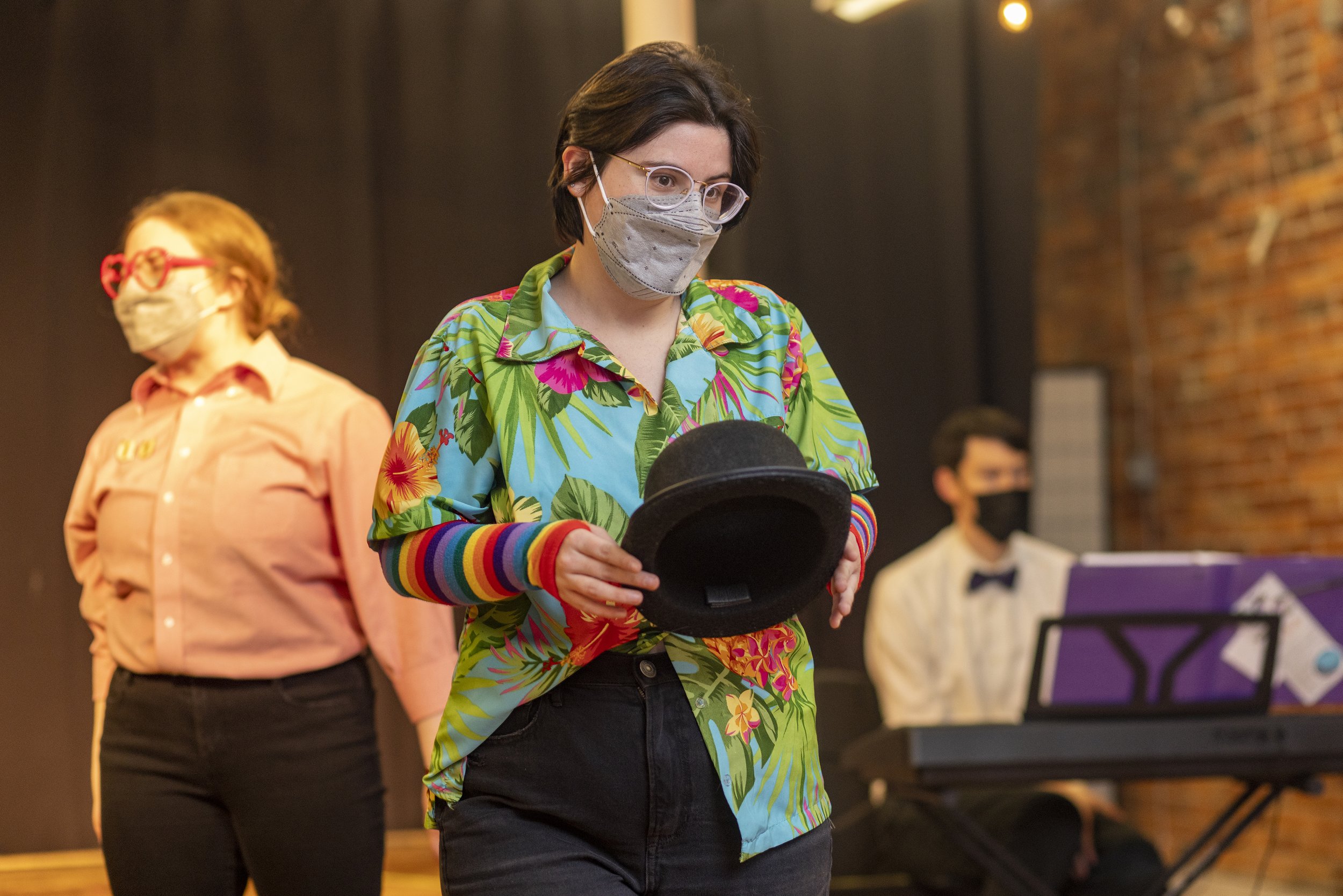
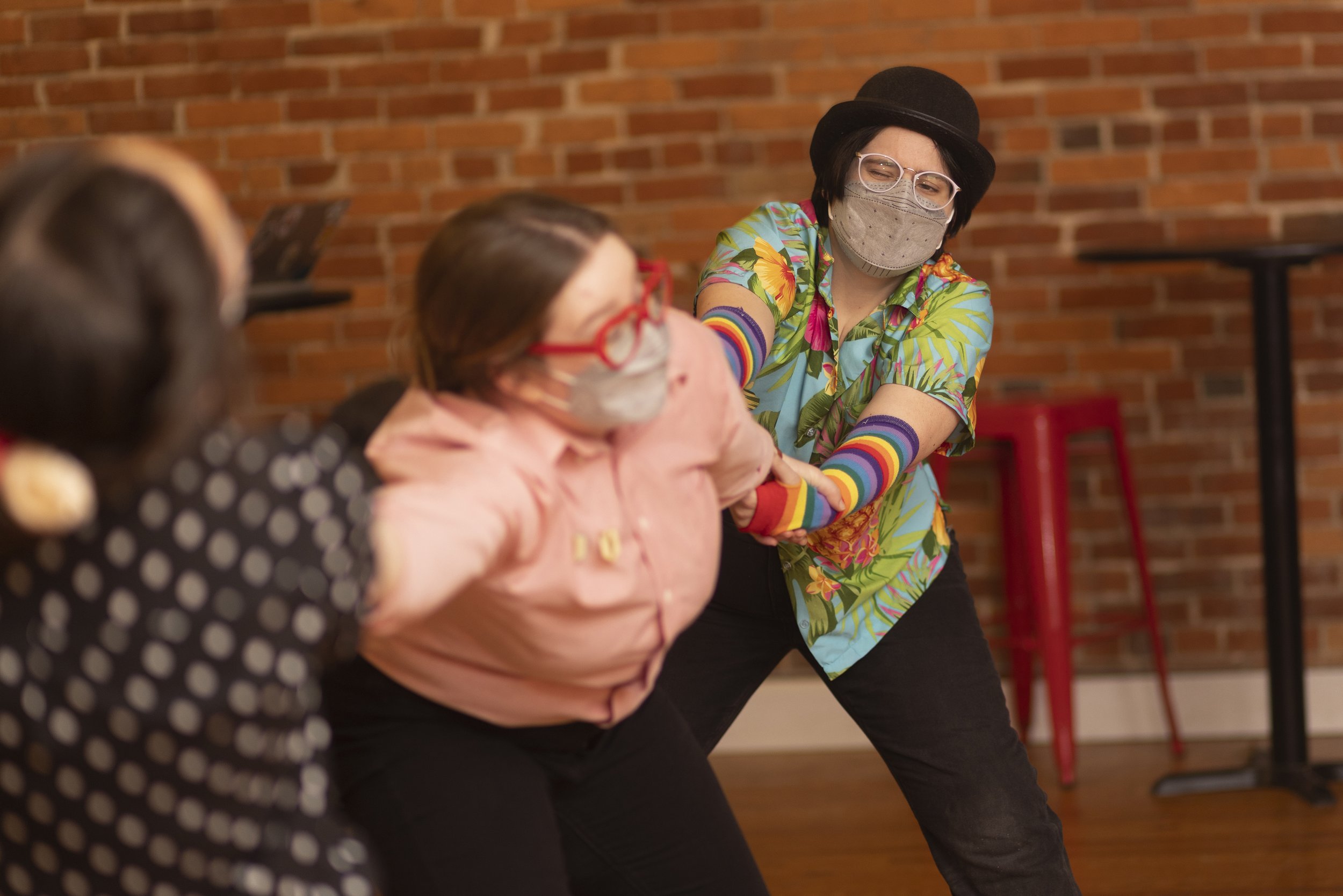
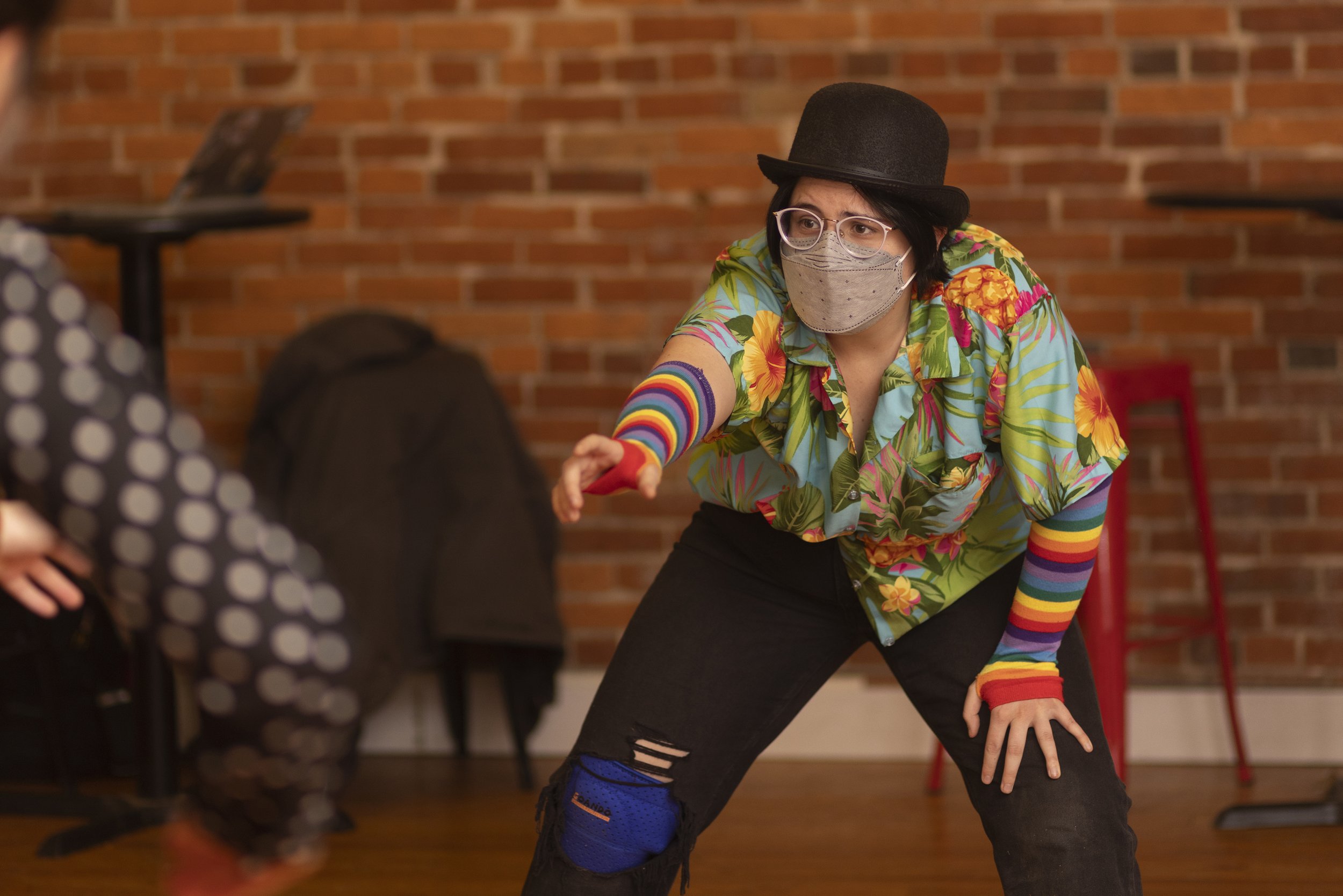
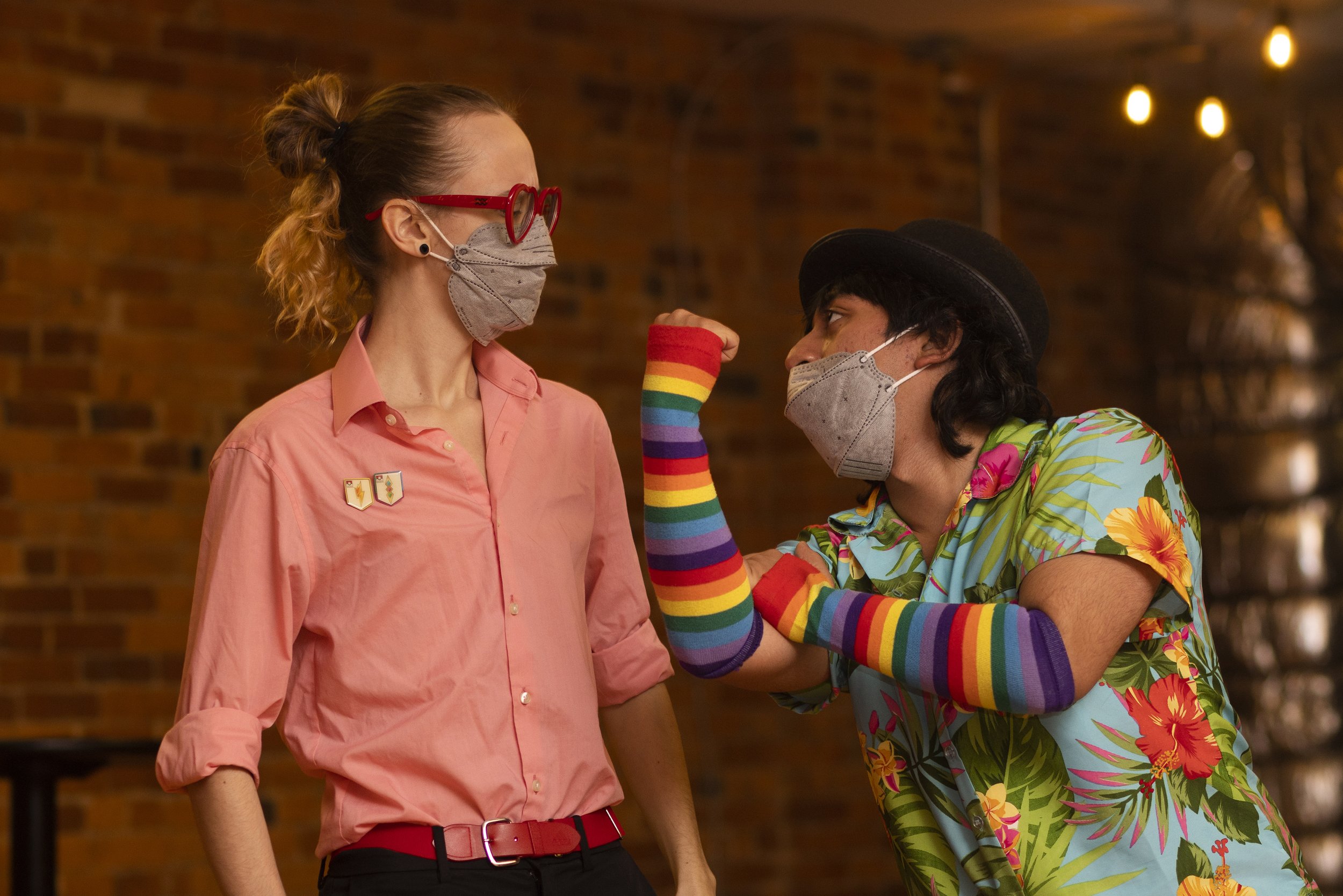
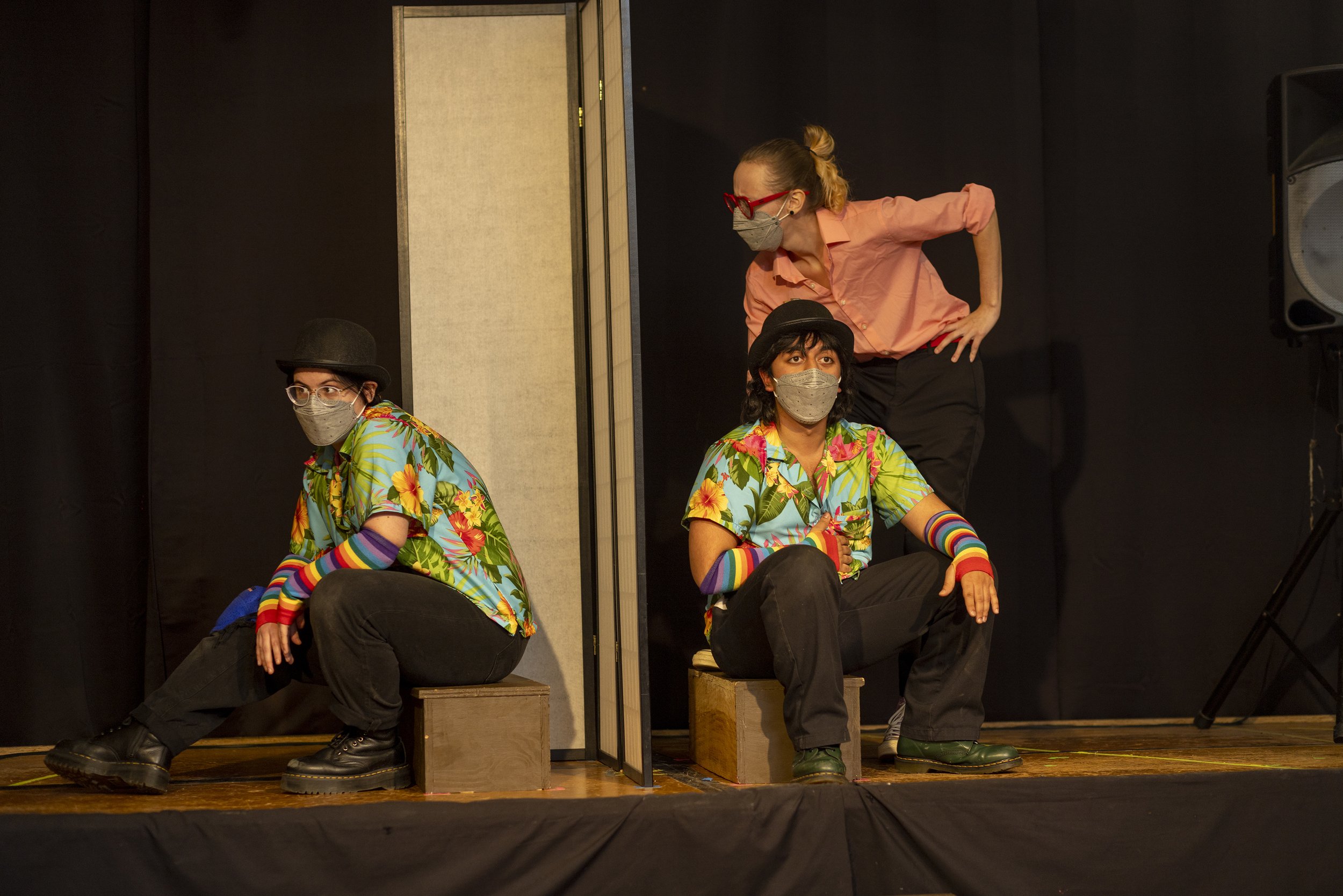
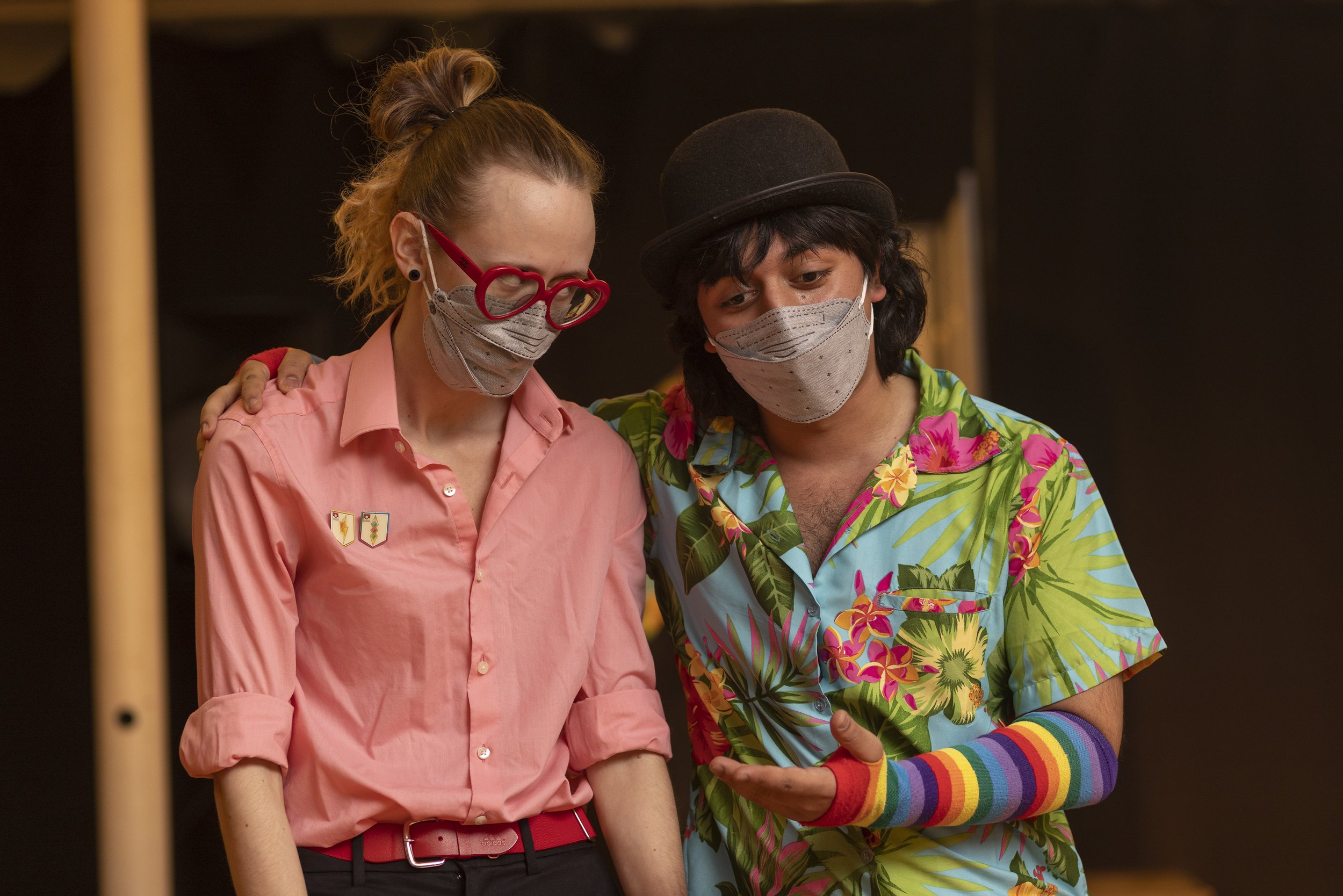
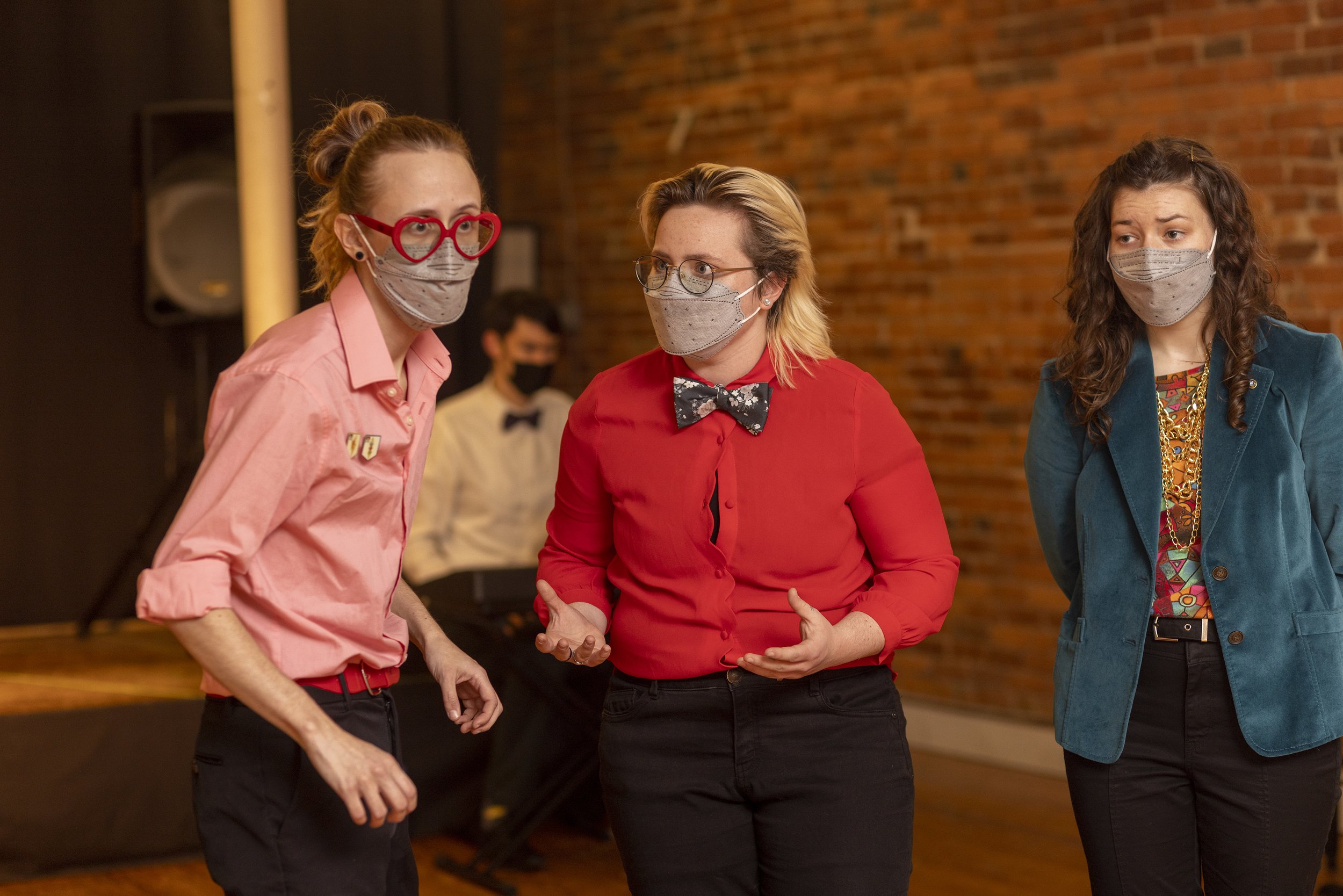
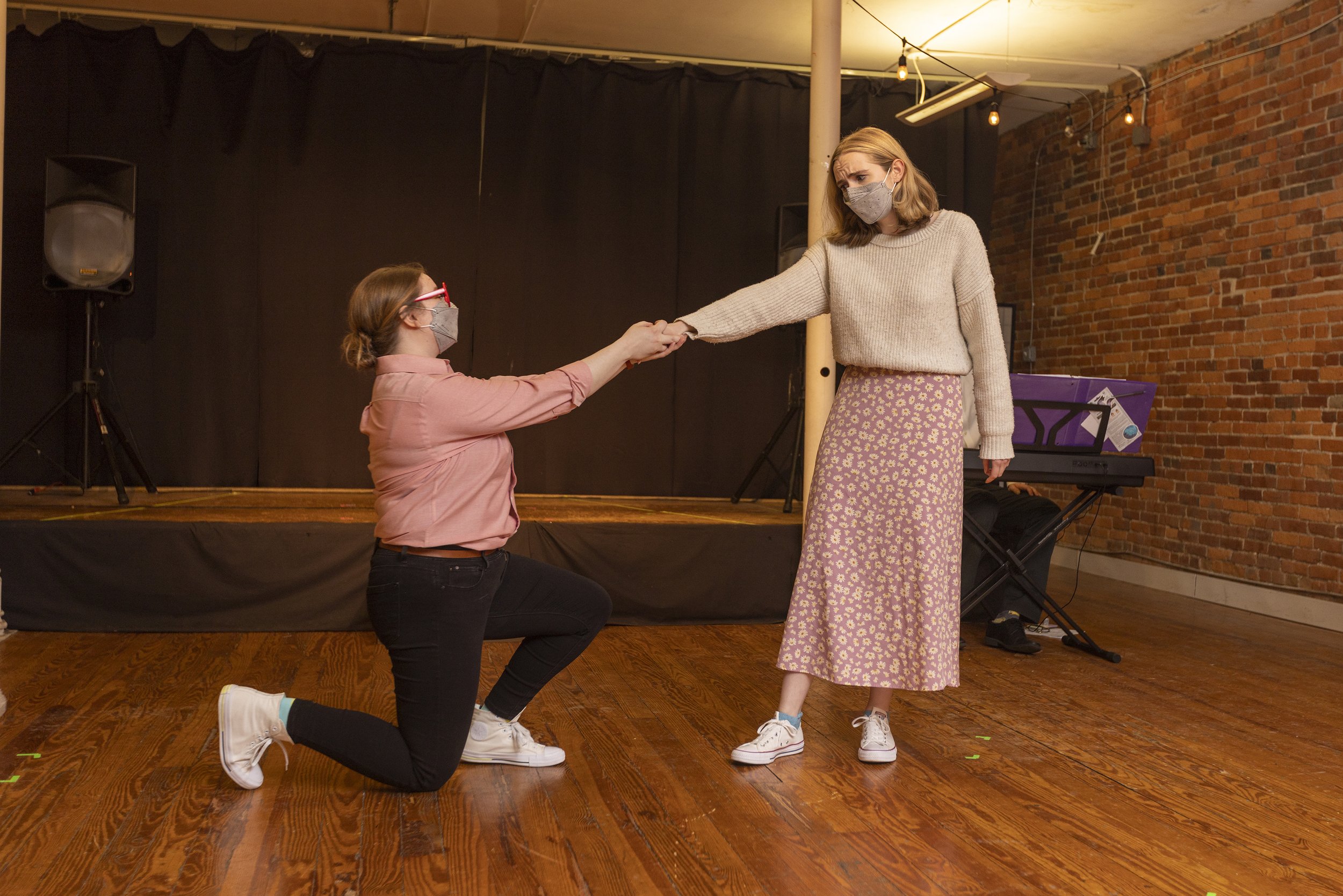
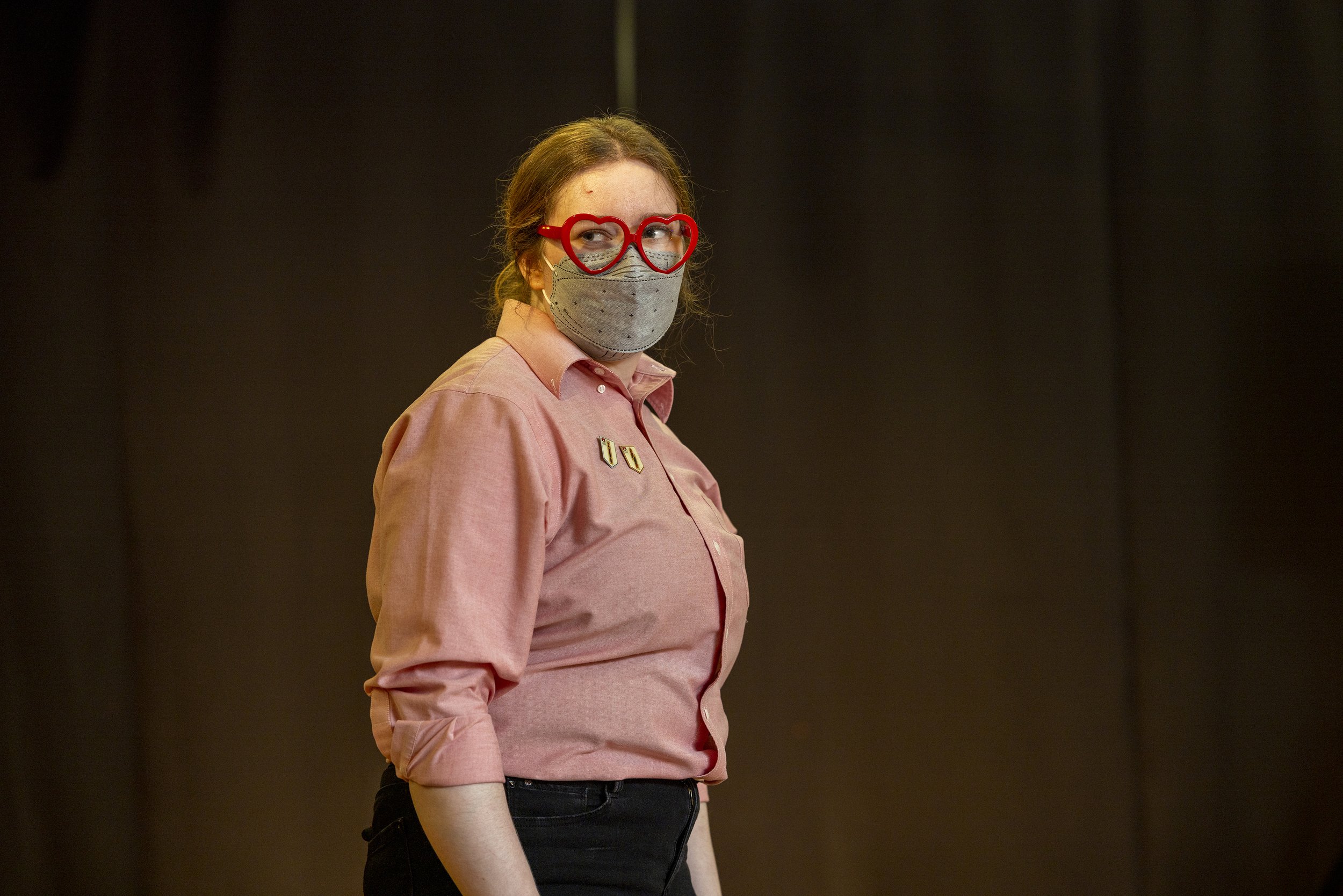
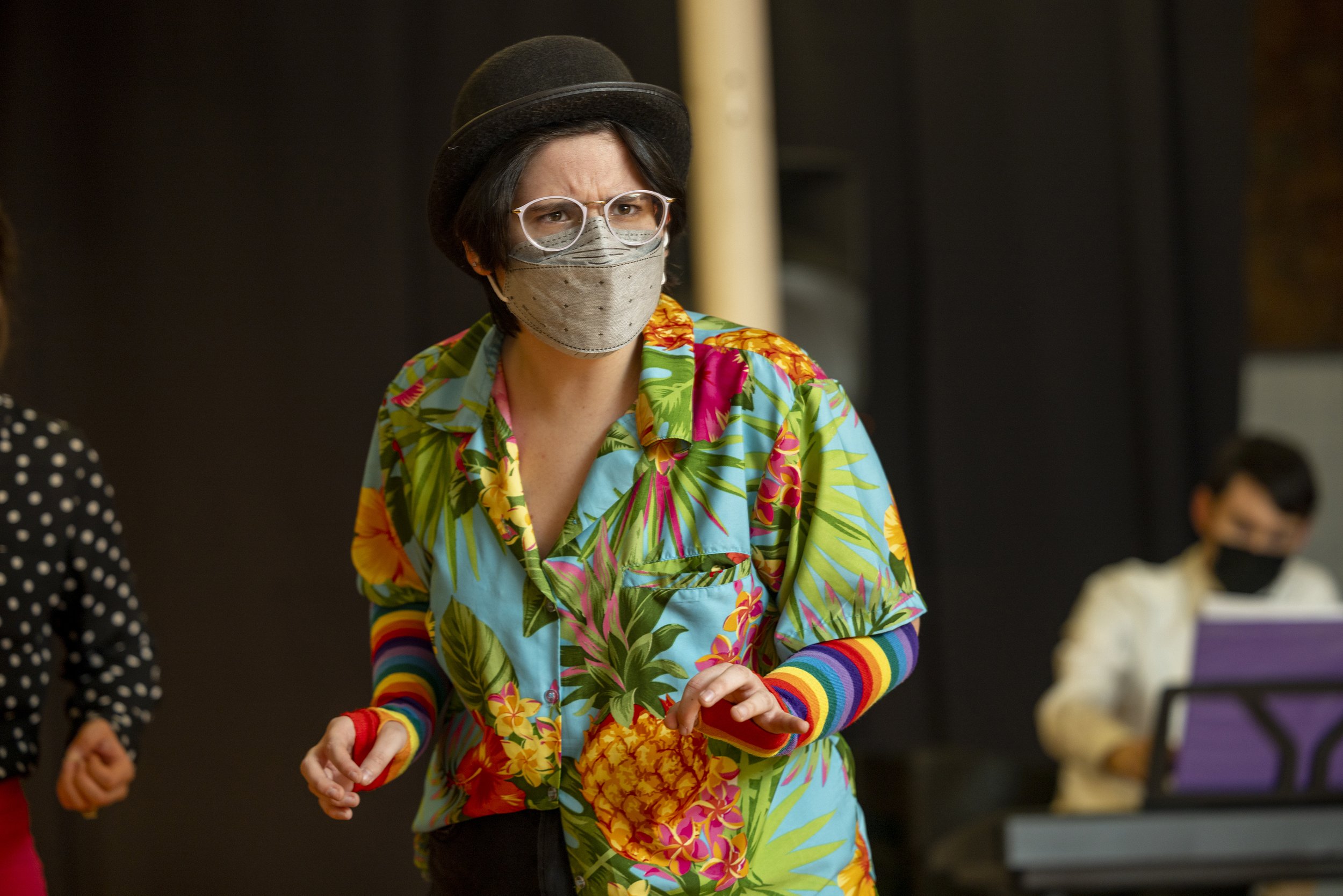
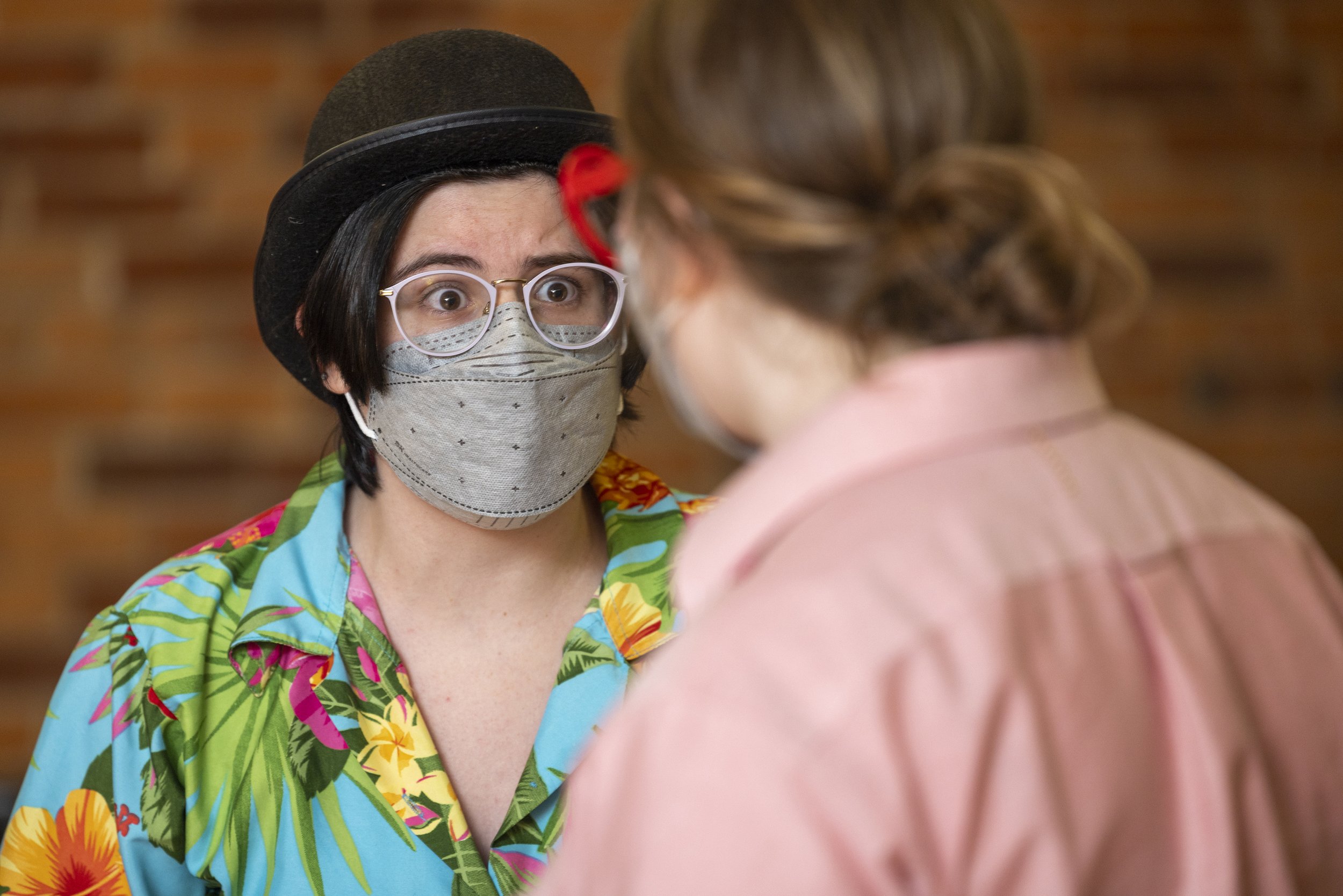
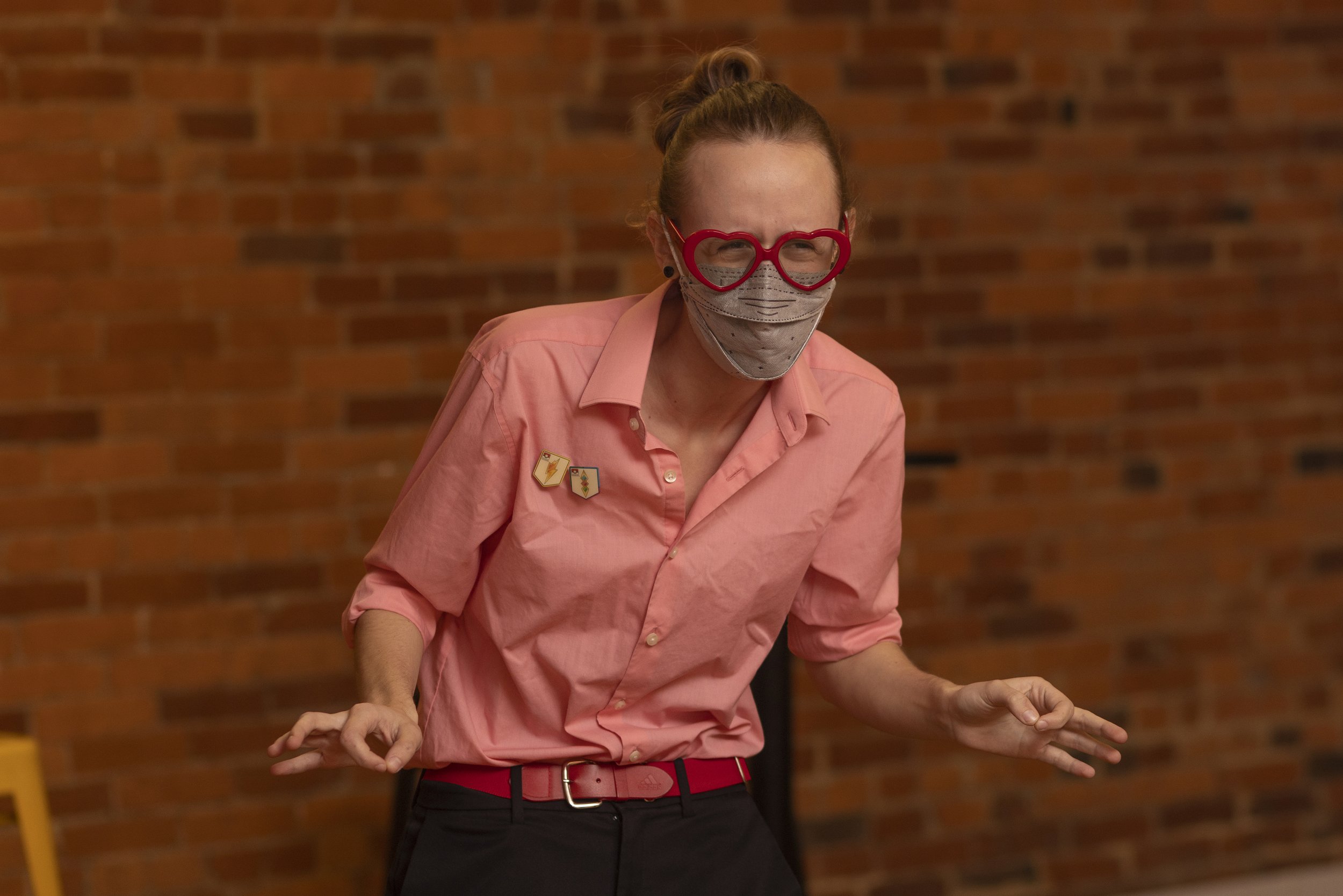
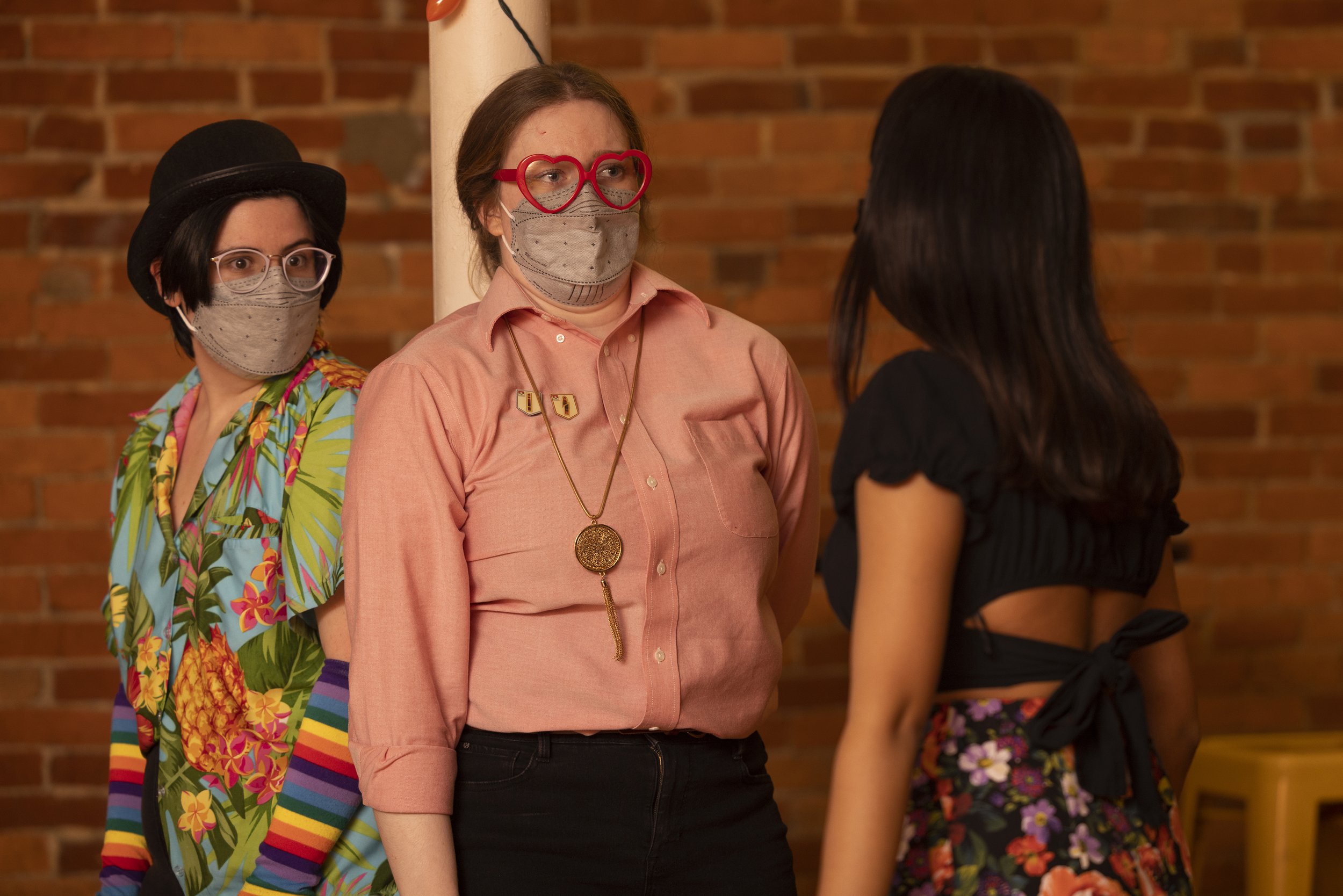
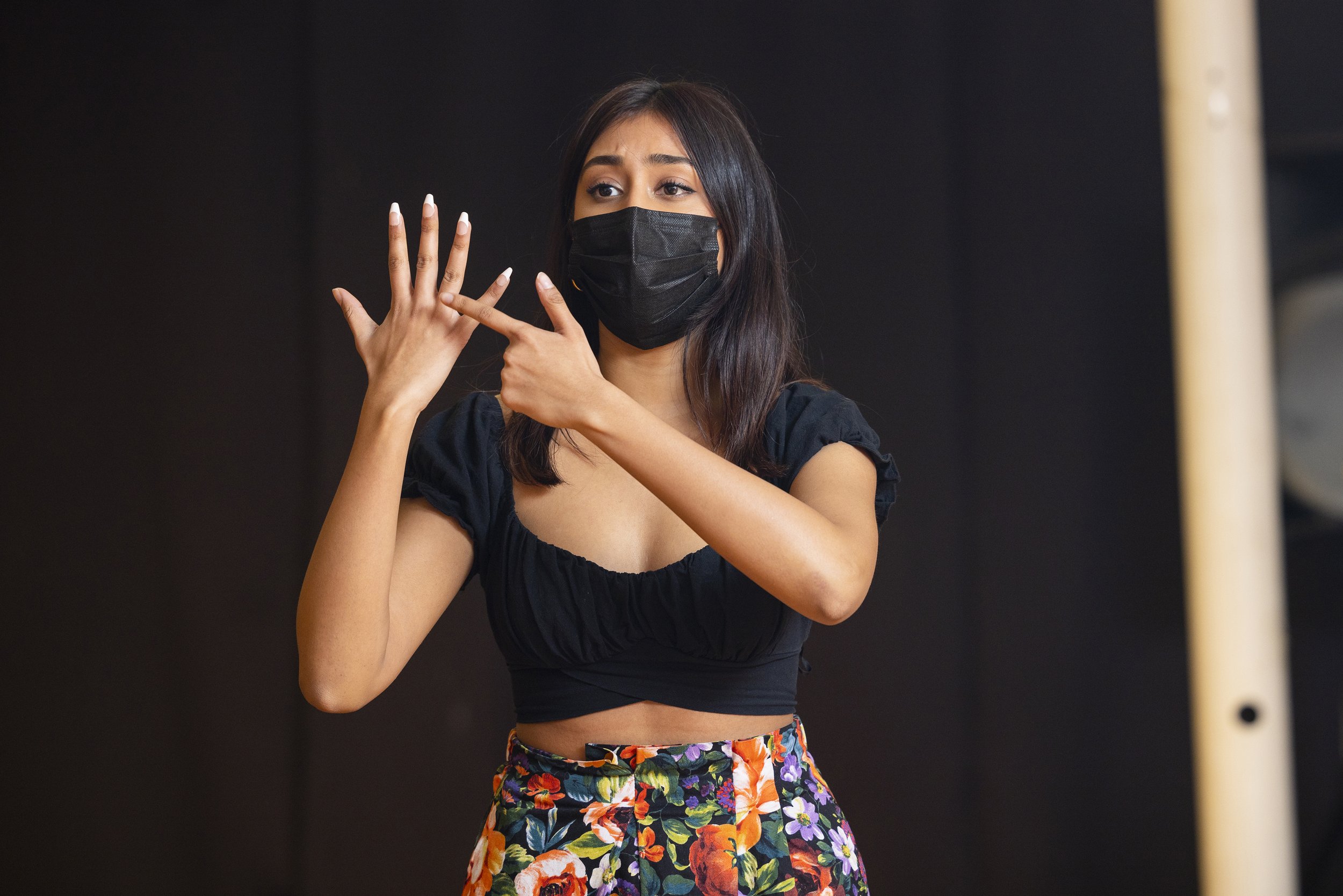
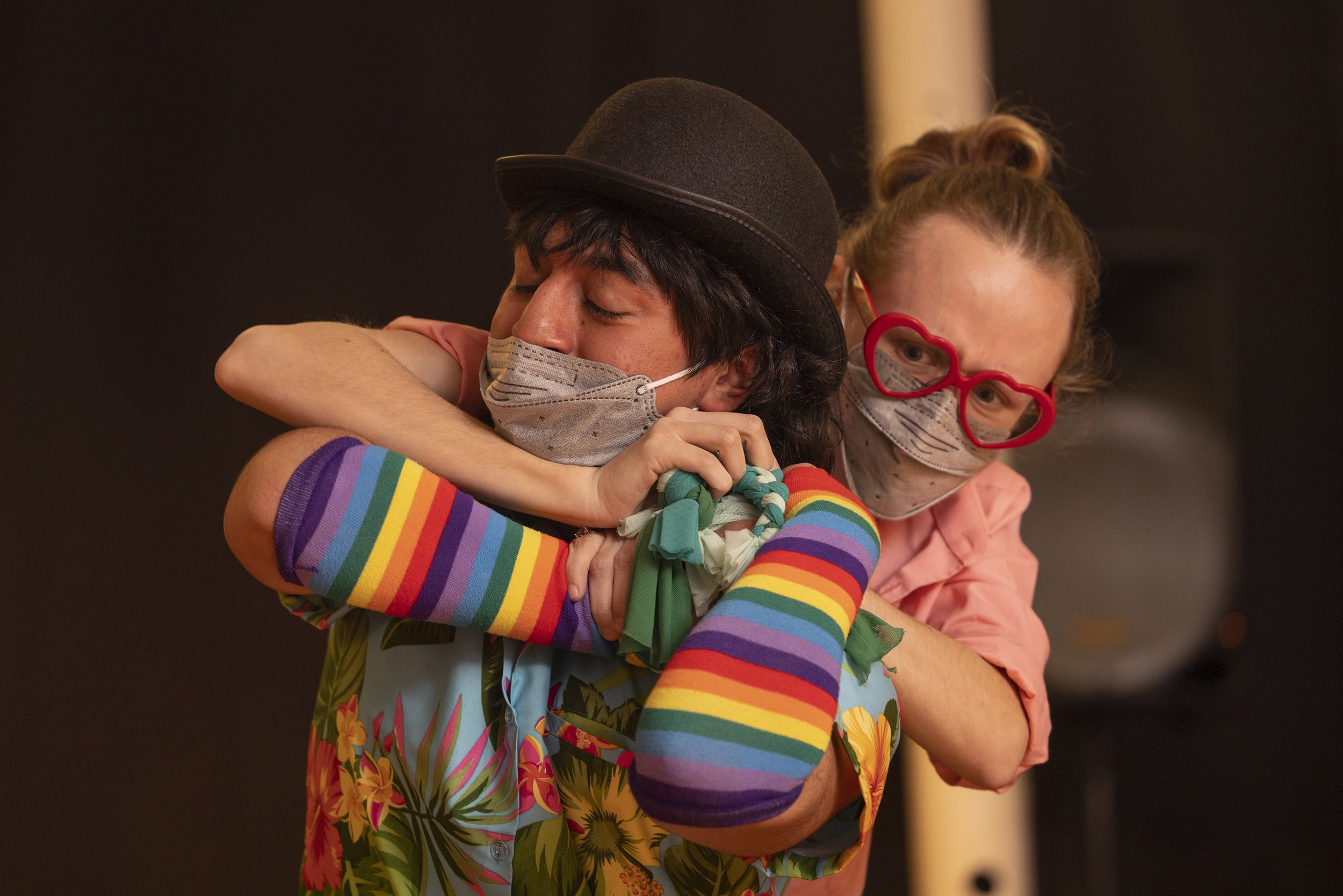
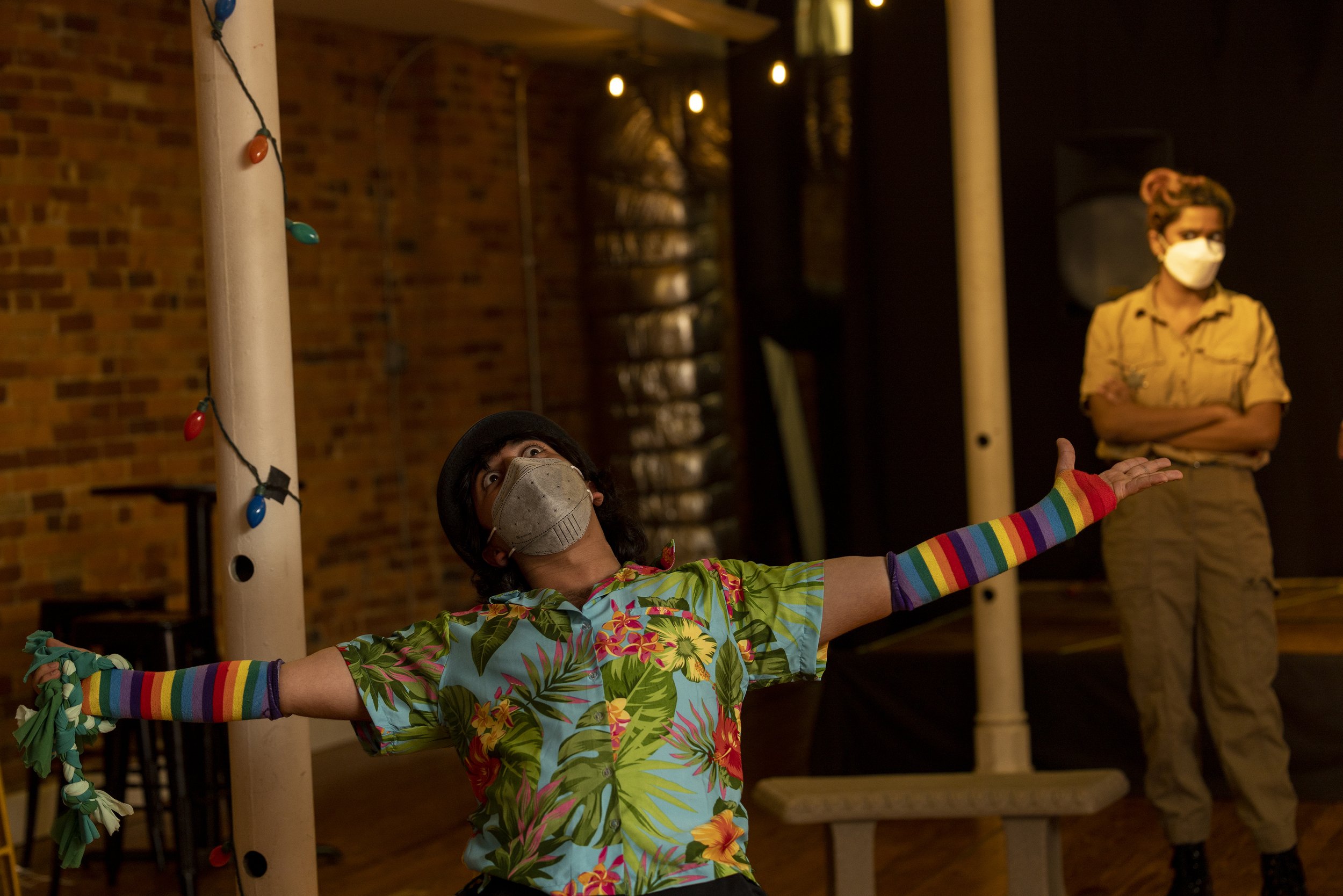
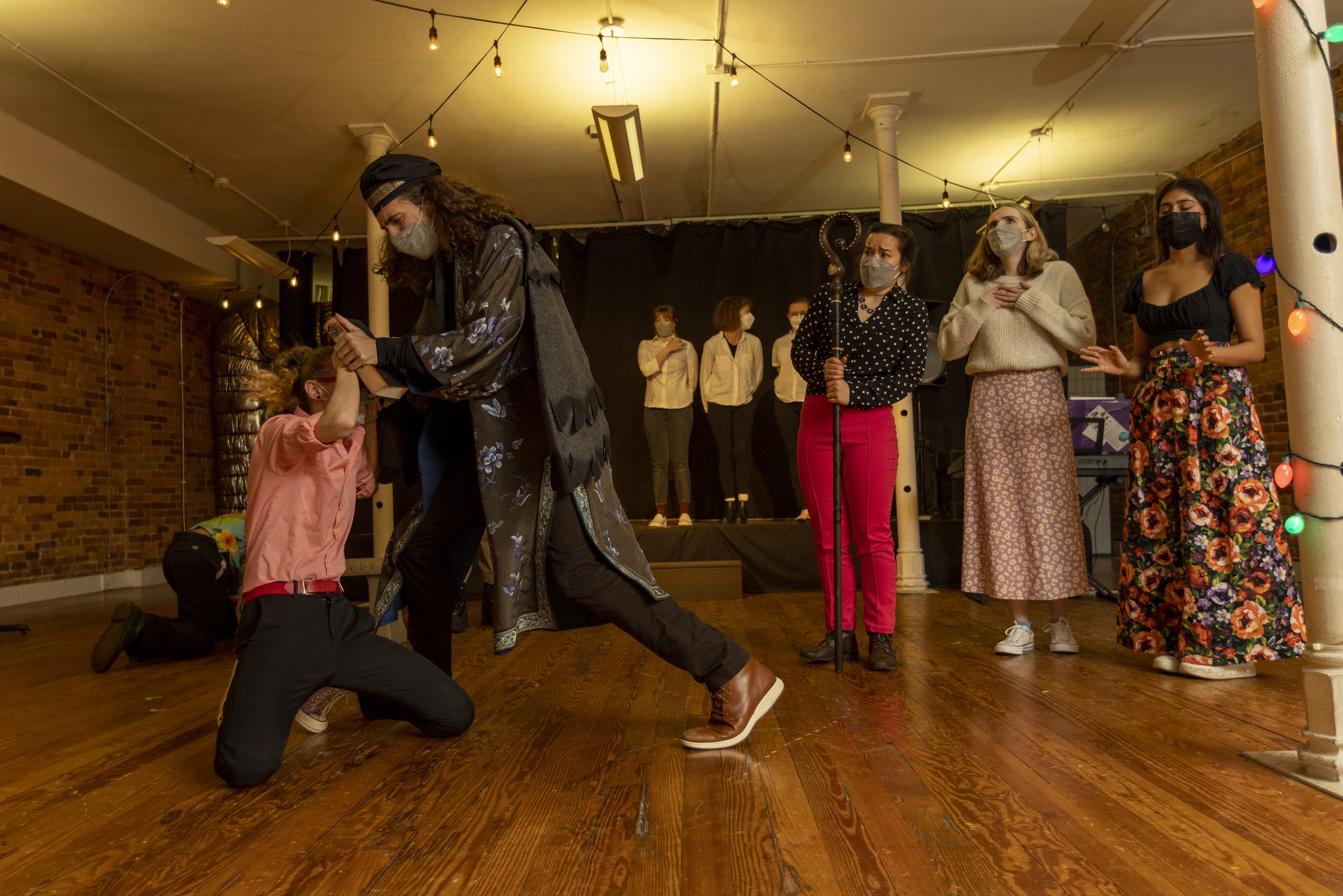
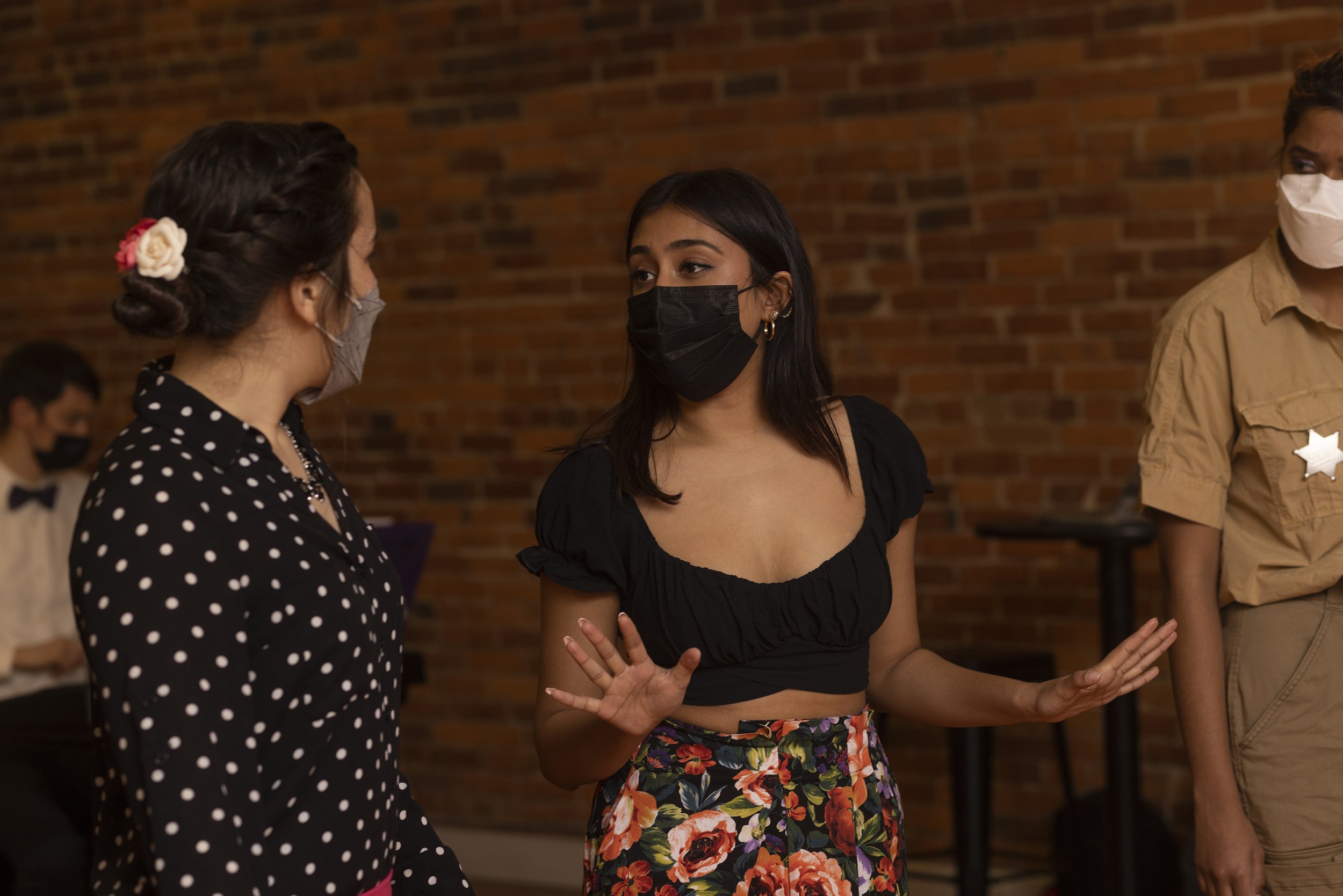
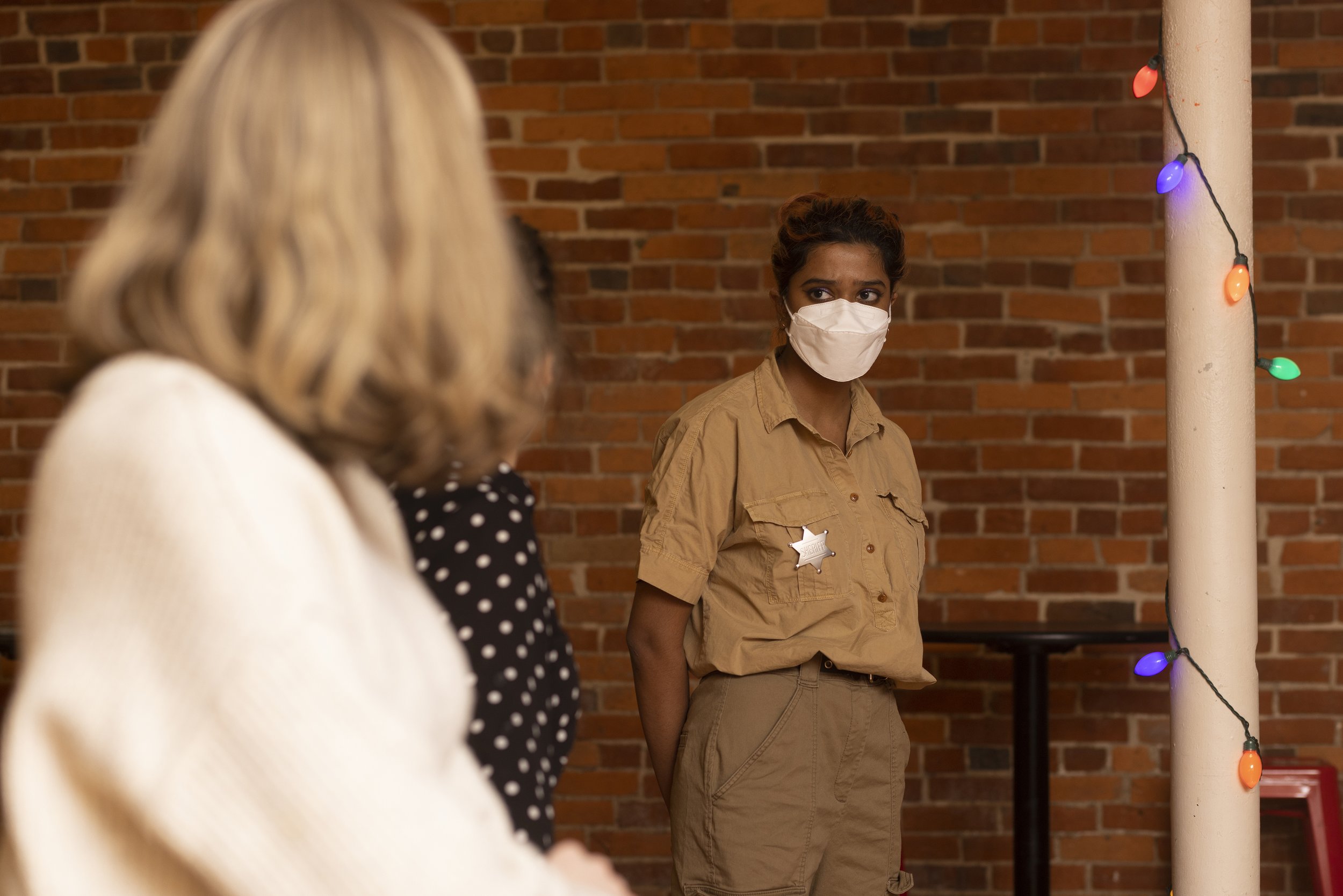
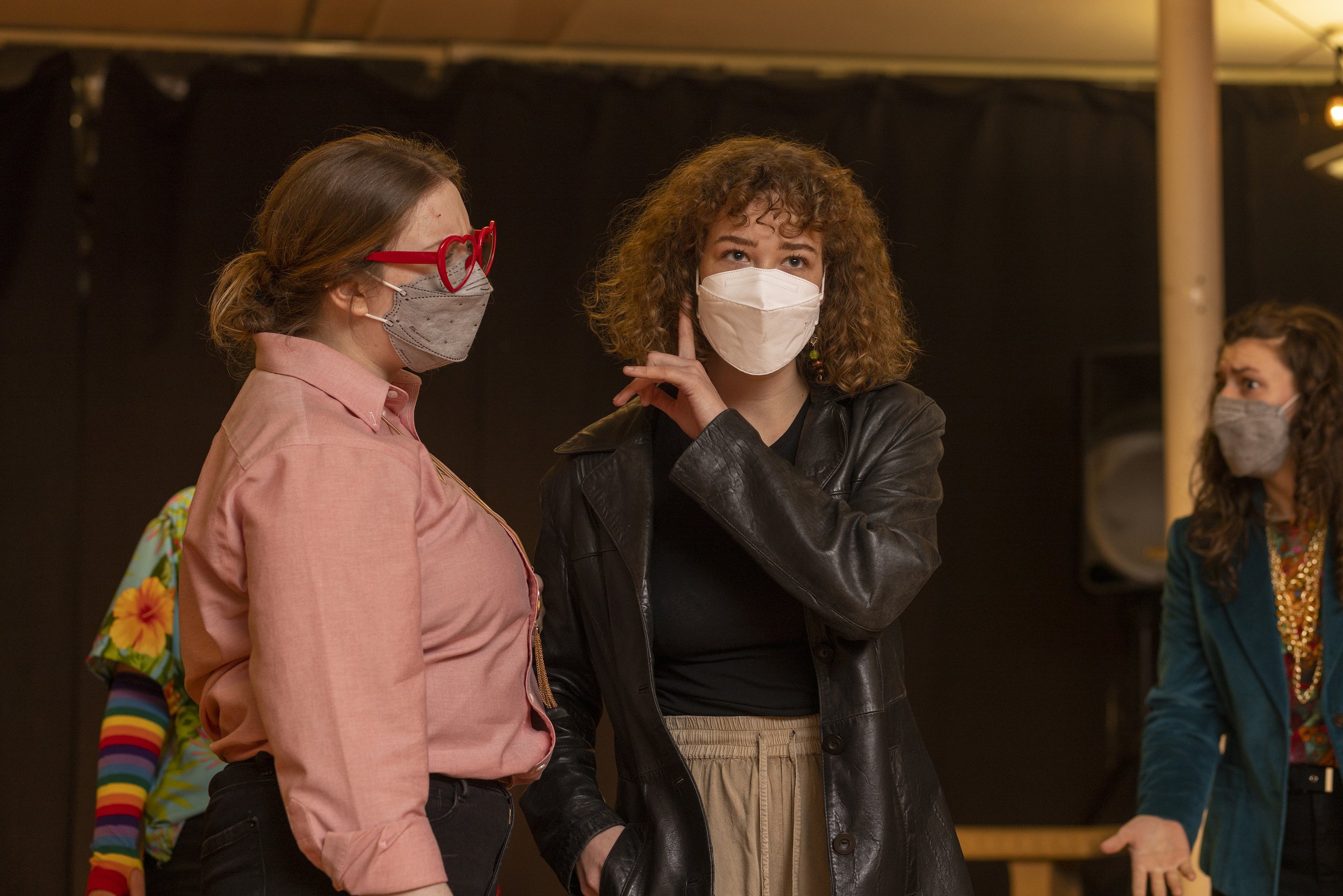
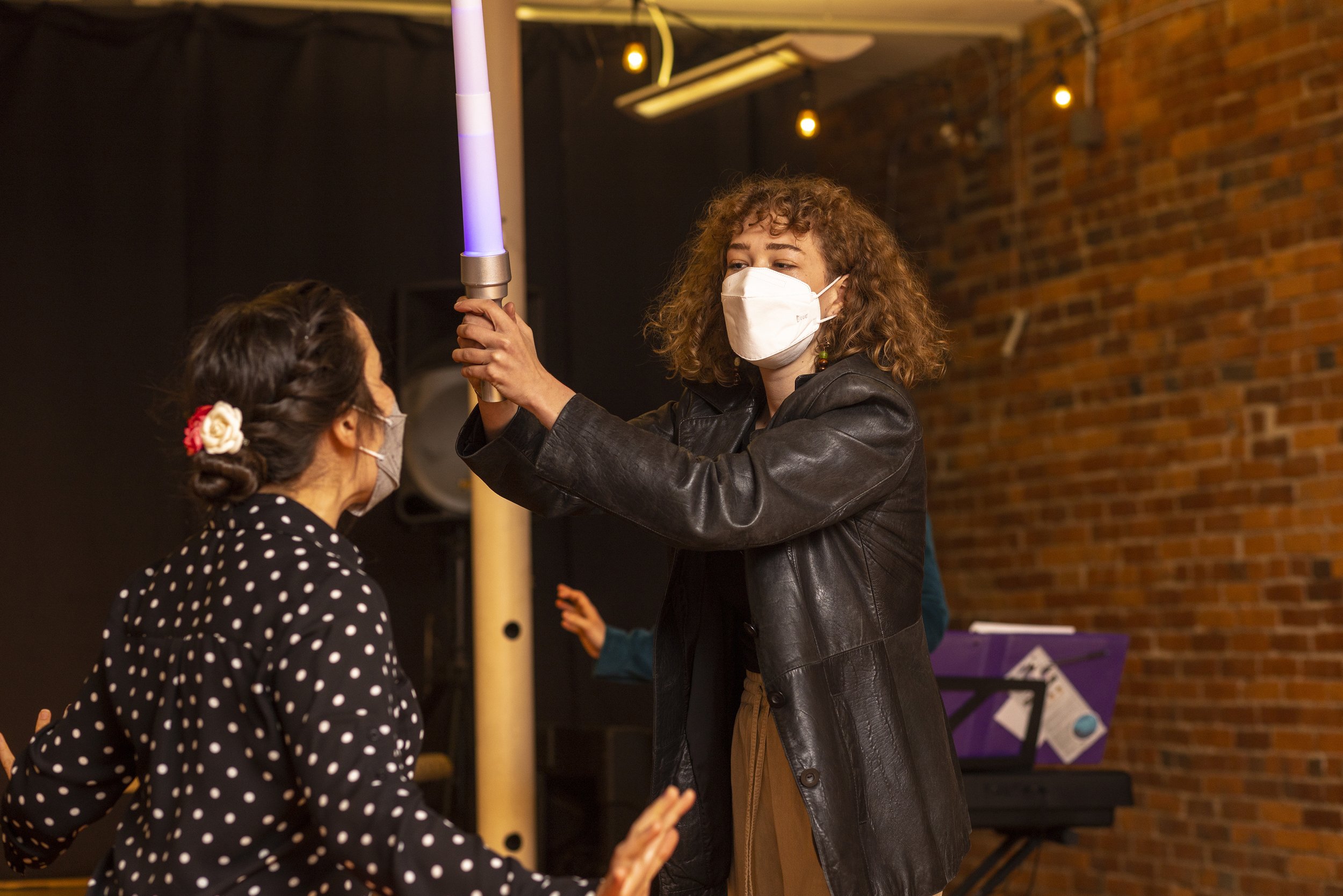
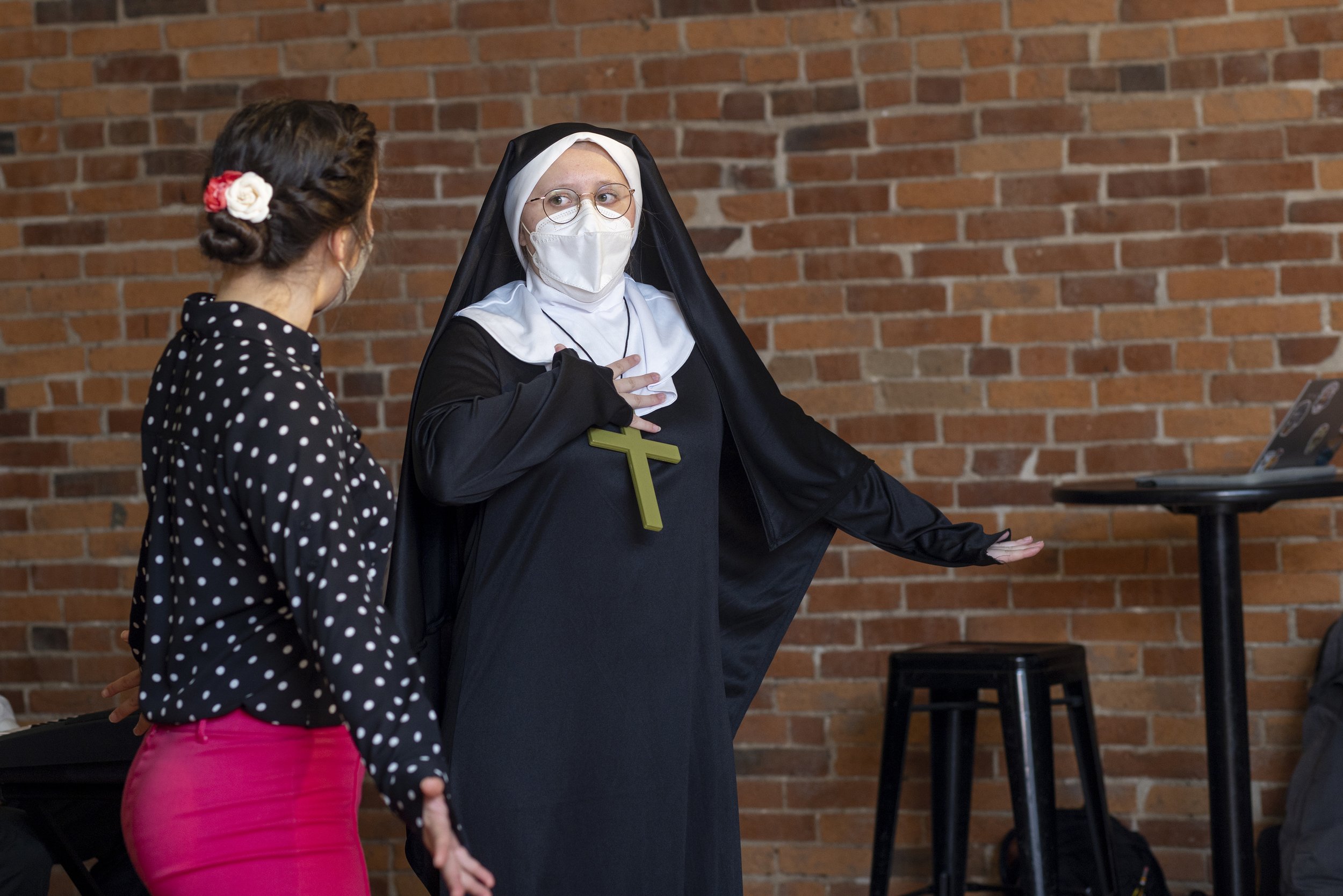
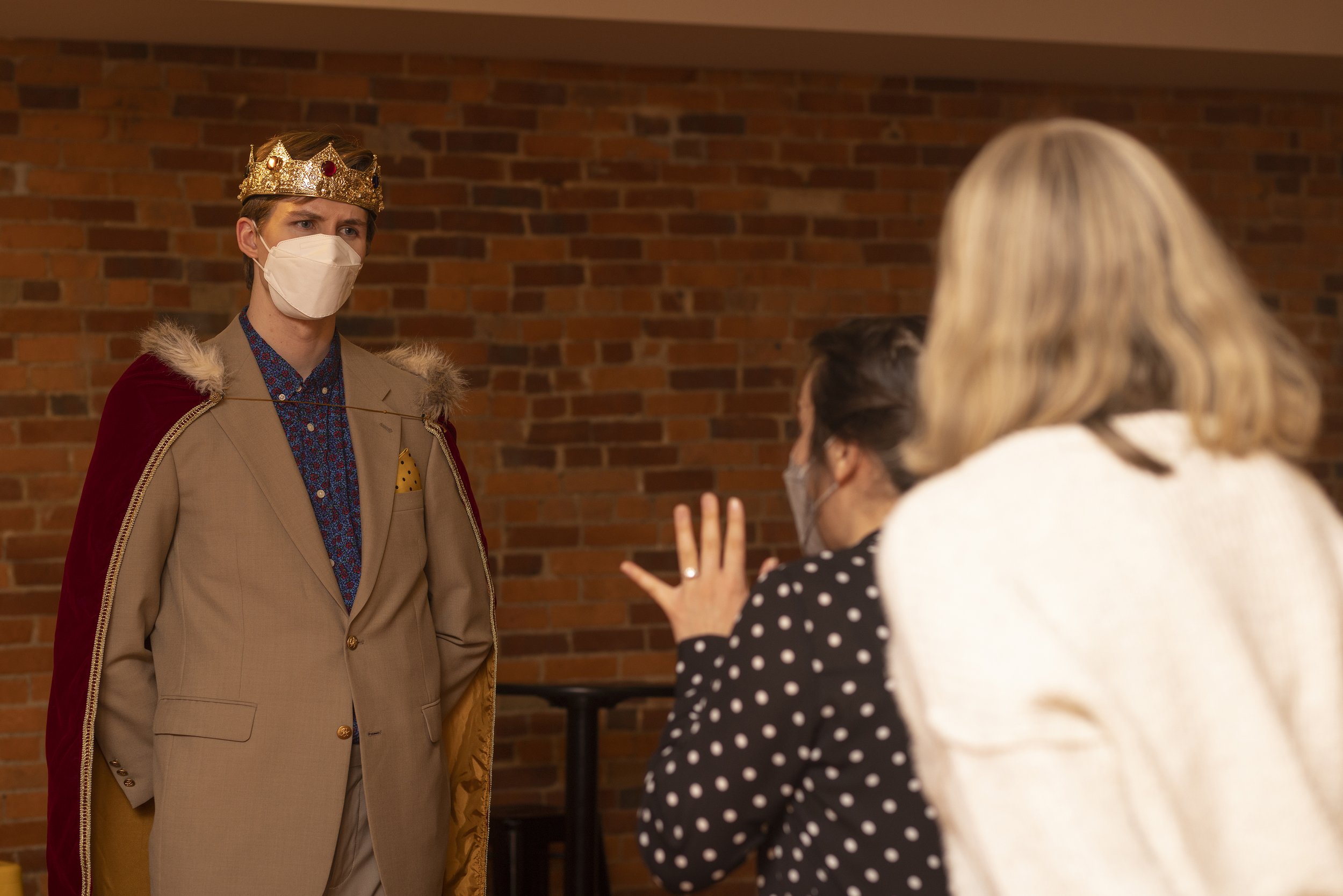
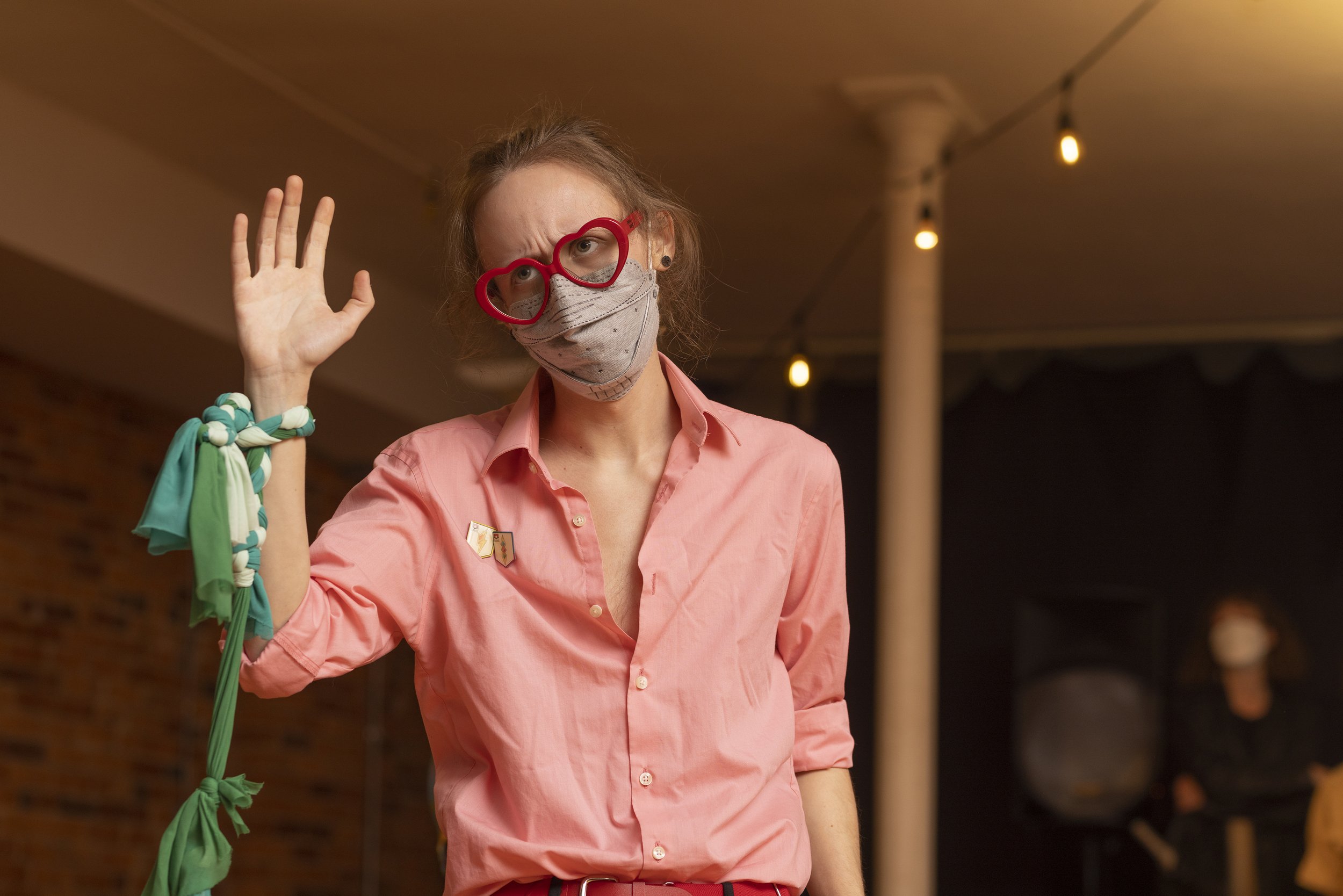
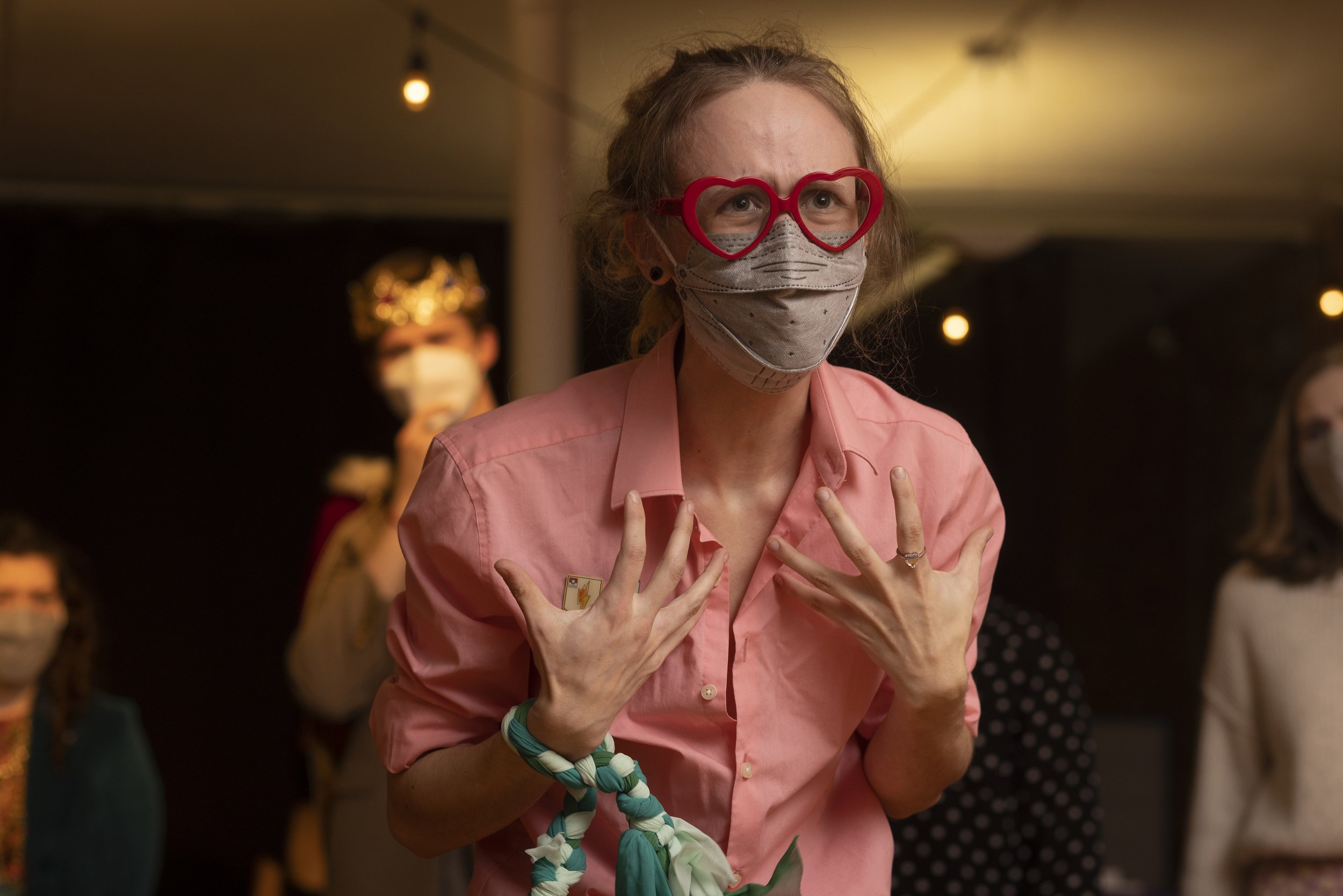
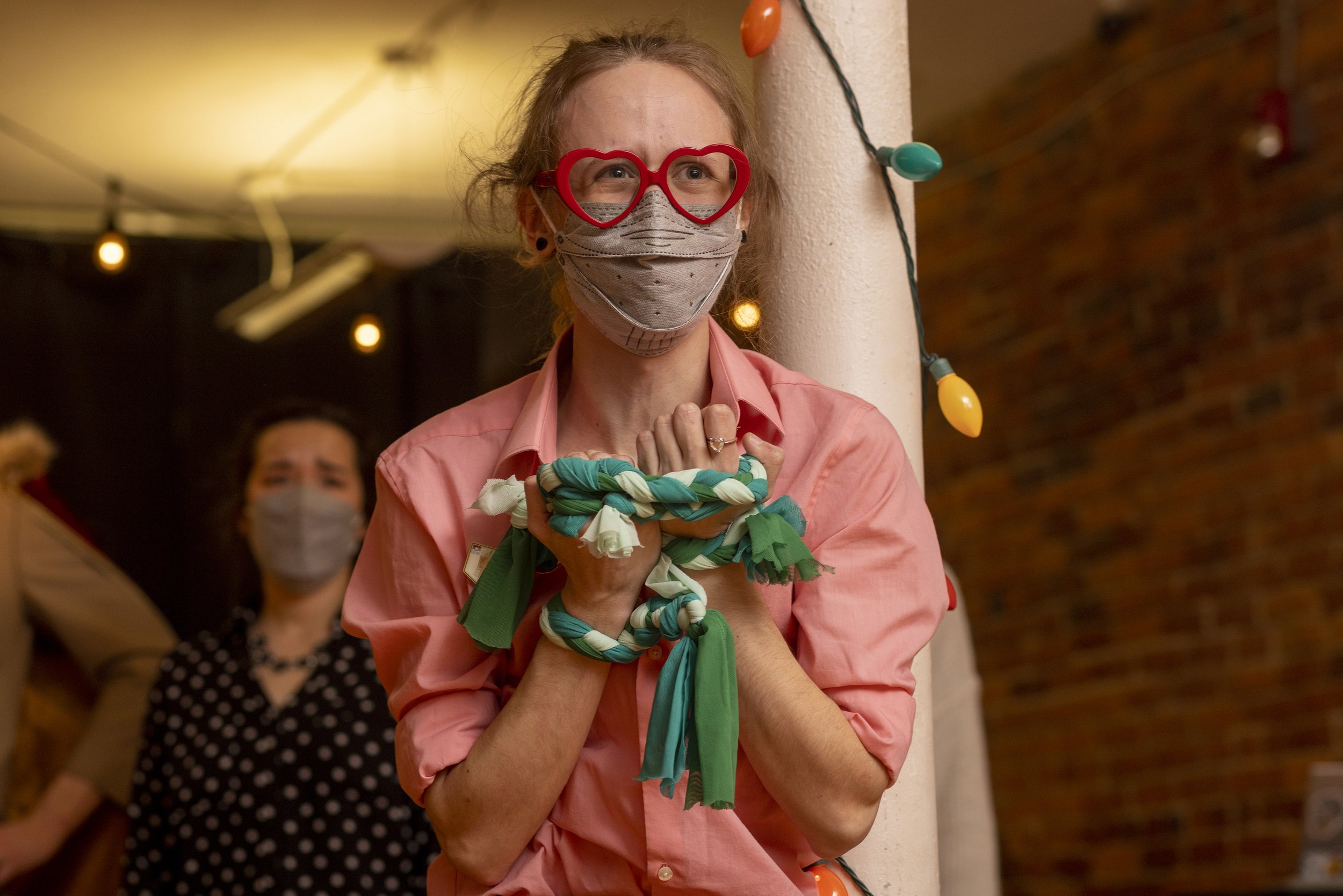
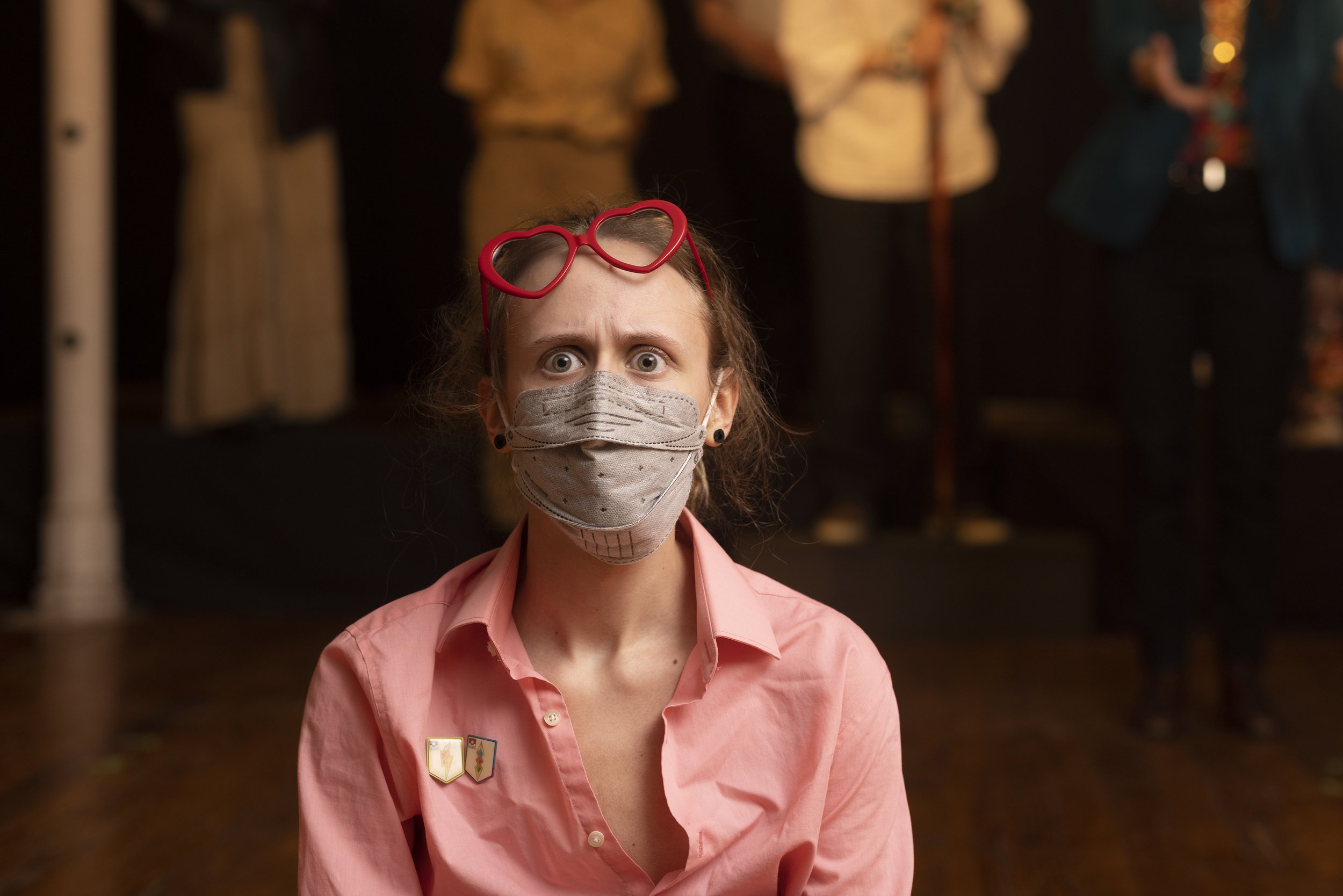
This spring, Lord Denney’s Players is back in person with Shakespeare’s farcical, fast-paced play, The Comedy of Errors! For our eighth production, we’ll be exploring one of the practices that would have been used by Shakespeare’s own company: innyard performances. While we may not have an inn in which to perform, we’ll be heading to our 21st-century equivalent: a restaurant. Our first weekend of performances (3 shows: March 3, 4, 5, 2022) will be in Sullivant Hall on Ohio State’s campus, and the second weekend (2 shows: March 10, 11, 2022) will be at Mikey’s Late Night Slice on 4th St. All performances begin at 7:30pm.
William Shakespeare’s The Comedy of Errors
Our earliest record of The Comedy of Errors comes from an account of events at Gray’s Inn, one of the London law-schools, during the Christmas festivities of 1594/5. This followed a prolonged plague and the mood was boisterous. There was a topsy-turvy kingdom of student misrule, with its own lord and ministers, who presided over the evening. As usual such dignitaries sat (as we would see it) on a dais behind the area where a play would be staged, the better to see and be seen, while everyone else sat or stood lower in the crowded hall. Unfortunately, Gray’s students had invited their opposite numbers from another law-school, the Inner Temple, who all expected seats of honour. When “something was to be performed for the delight of the beholders, there arose such a disordered tumult and crowd upon the stage, that there was no opportunity to effect that which was intended.” The Inner Templarians took umbrage and departed, leaving Gray’s to “dancing and revelling with gentlewomen; and after such sports, a Comedy of Errors (like to Plautus his Menechmus) was played by the players. So that night … was ever afterwards called The Night of Errors.”
Shakespeare’s players regularly performed in such great halls in the houses of the aristocracy and gentry, as well as at court. It is less well known that they also played in similar venues in London inns. In the short, cold, dark days of winter (this was a mini-ice age) the players repeatedly demonstrated their preference for the City inns, despite the authorities’ resistance. In daylight this would usually be in open-air courtyards. But at night they sometimes played indoors, in the large upper rooms which some of the inns possessed. These would be lit throughout by candles – the light was not specifically focused on the stage. The audience would in effect be in the round, as it was at court; ideally those closest to the stage would be seated – for which it would be possible to charge much more – though whether this was possible in ad hoc accommodation we do not know. Refreshments doubtless circulated freely in such establishments. The practice apparently died out by c. 1600.
~ Richard Dutton
Academy Professor of English (Emeritus)
The Ohio State University
Videos↓
Full production:
Behind the Scenes:
Cast and Crew↓
CAST
- Duke | Max Weber (Undergraduate, Senior, Mechanical Engineering)
- Egeon/Luce | Joey Hoffman (Alumnus, Class of 2021, English)
- Antipholus of Syracuse | Devon Mushalko (Alumnus, Class of 2020, English)
- Dromio of Syracuse | Jenny Morrison (Undergraduate, Senior, English/Theatre)
- Antipholus of Ephesus | Scott Major (Undergraduate, Sophomore, Zoology)
- Dromio of Ephesus| Yousuf Munir (Undergraduate, Freshman, Secondary Education)
- Adriana | Nicole Neifert (Undergraduate, Senior, Neuroscience)
- Luciana | Liz Hardy (Undergraduate, Junior, English/Speech and Hearing/Theatre)
- Balthazar/Messenger | Milo Bumgarner (Undergraduate, Junior, Psychology)
- Angelo| Grace LeBay (Undergraduate, Sophomore, Health Sciences/Speech Pathology
- Courtesan | Amy Dokiburra (Undergraduate, Freshman, Molecular Genetics)
- First Merchant | Molly Teller (Undergraduate, Junior, English)
- Second Merchant | Abby Gray (Undergraduate, Sophomore, English/History)
- Doctor Pinch | Rory O’Sullivan (Undergraduate, Freshman, Philosophy)
- Officer/Servant | Jayasree Sunkireddy (Undergraduate, Junior, English Lit & WGSS)
- Abbess | Analese Mitson (Undergraduate, Freshman, English)
CREW
Director | Elizabeth Falter , Digital Media Specialist, Department of English
Assistant Director | Nicole Neifert , Undergraduate, Senior, Neuroscience
Stage Manager | Evan DeCarlo , Graduate Student, Department of English
Assistant Stage Manager | Auddie Hungerpiller , Graduate Student, Department of English
Fight Director | Phil Cunningham
Music Director | Sam Page
Paratexts↓
Interview with Word Cloud, the English Department Podcast, produced by the Digital Media Project: Lord Denney's Players' The Comedy of Errors.
The Lantern Article: Shakespeare unedited: Lord Denney’s Players to present lesser-known work from The Bard - The Lantern.
